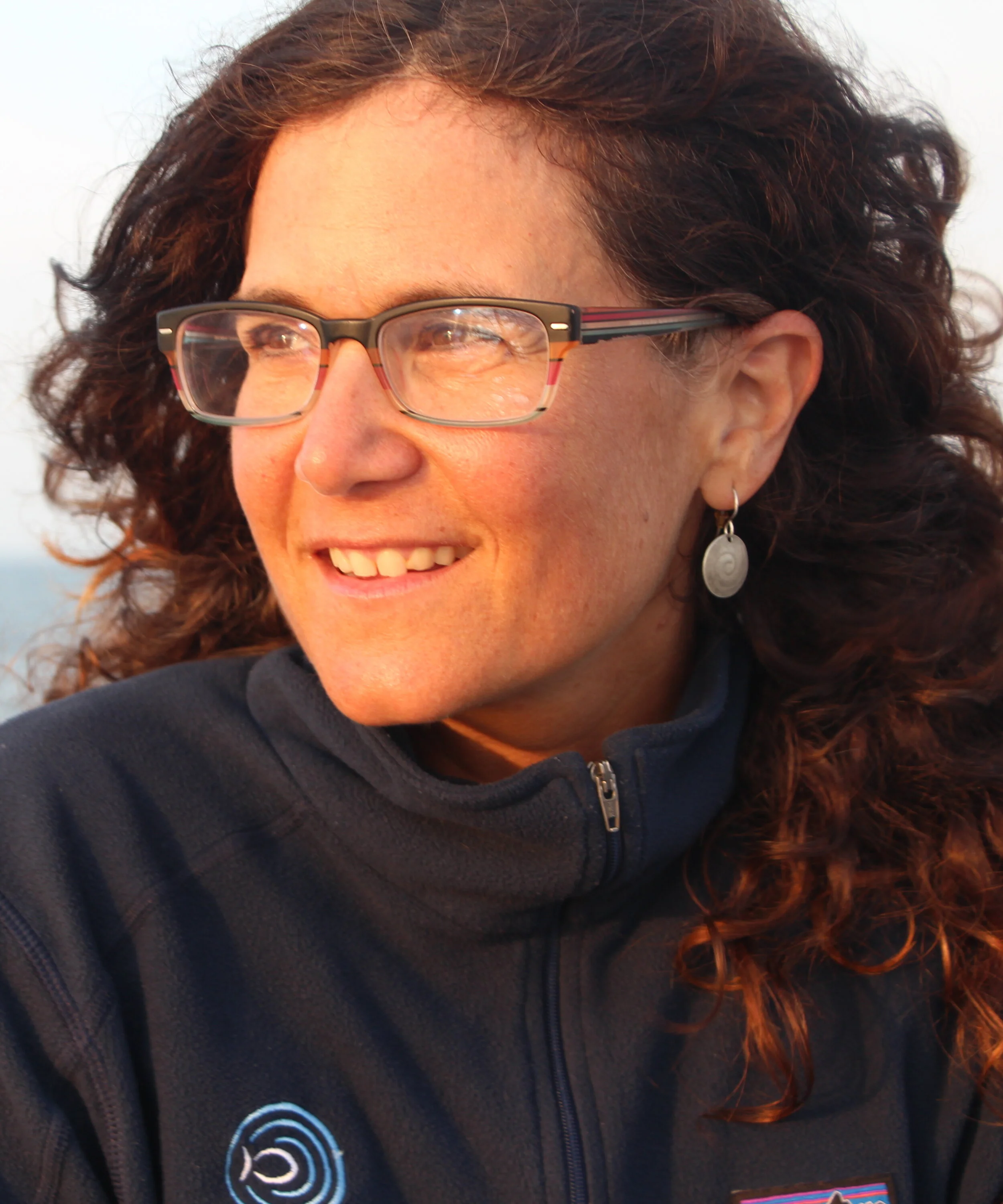MIT Water Summit 2019: Drowning in Plastic
November 21-22, MIT Wong Auditorium (E51)
We use plastic every day, but where does it all go? This year’s MIT Water Summit explores the many ways in which plastics have become intertwined with our water environment, the challenges created by plastic pollution, and potential solutions to tackle emerging challenges. The Summit will bring together leaders from academia, government, NGOs, and industry to provide diverse insights on plastics in the water environment. The MIT Water Summit is a two-day conference hosted annually by the MIT Water Club.
Check out photos from the 2019 MIT Water Summit below:
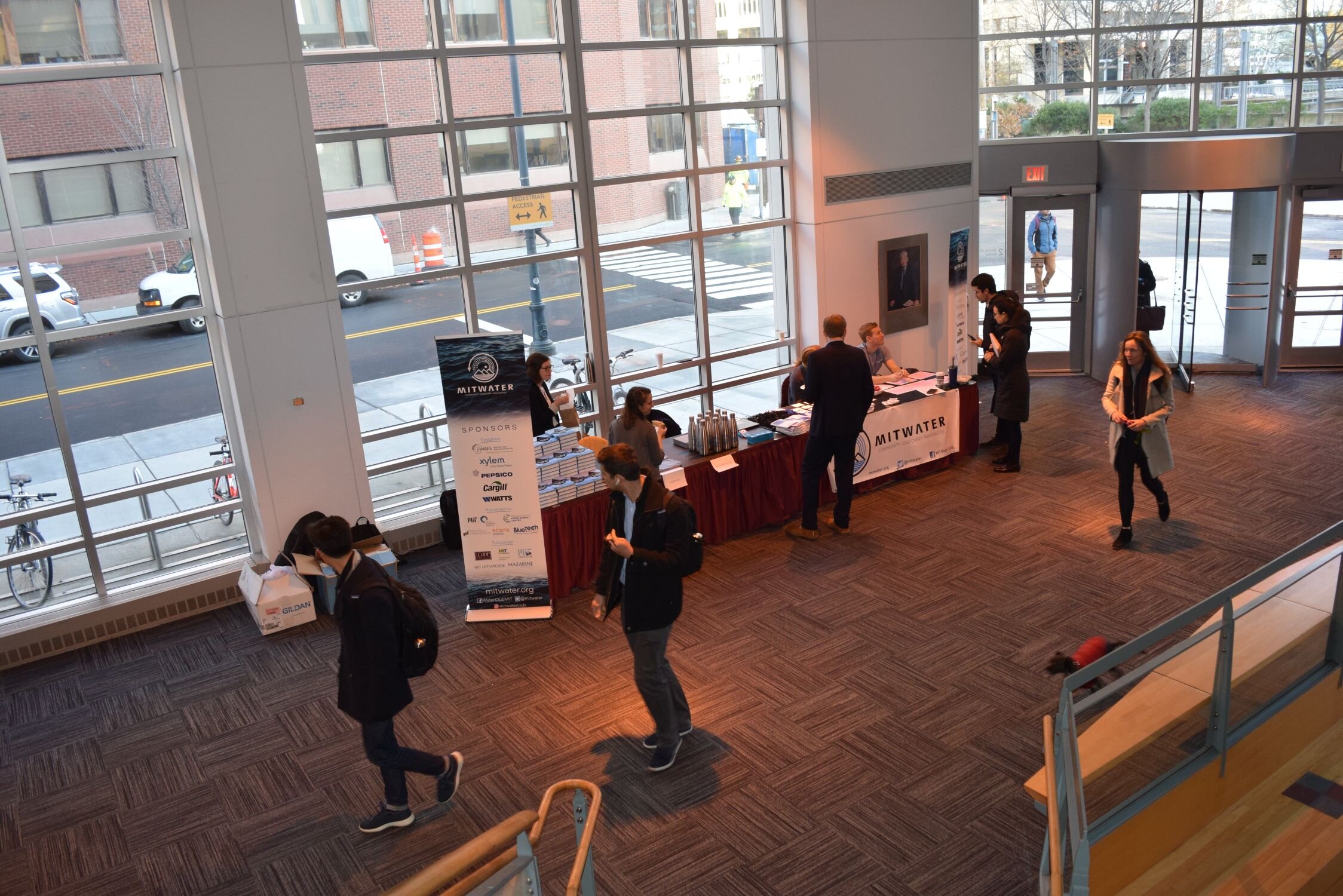
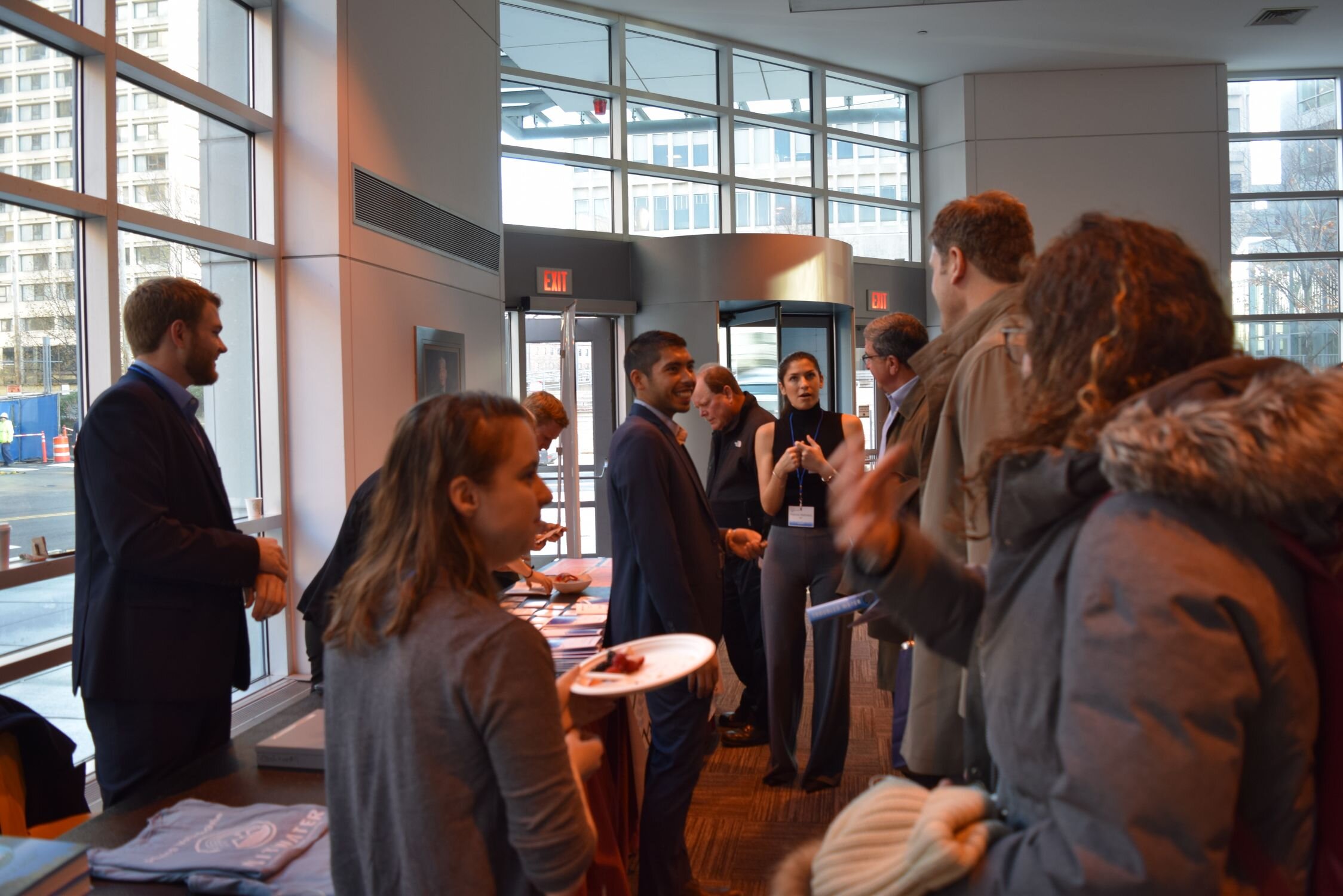
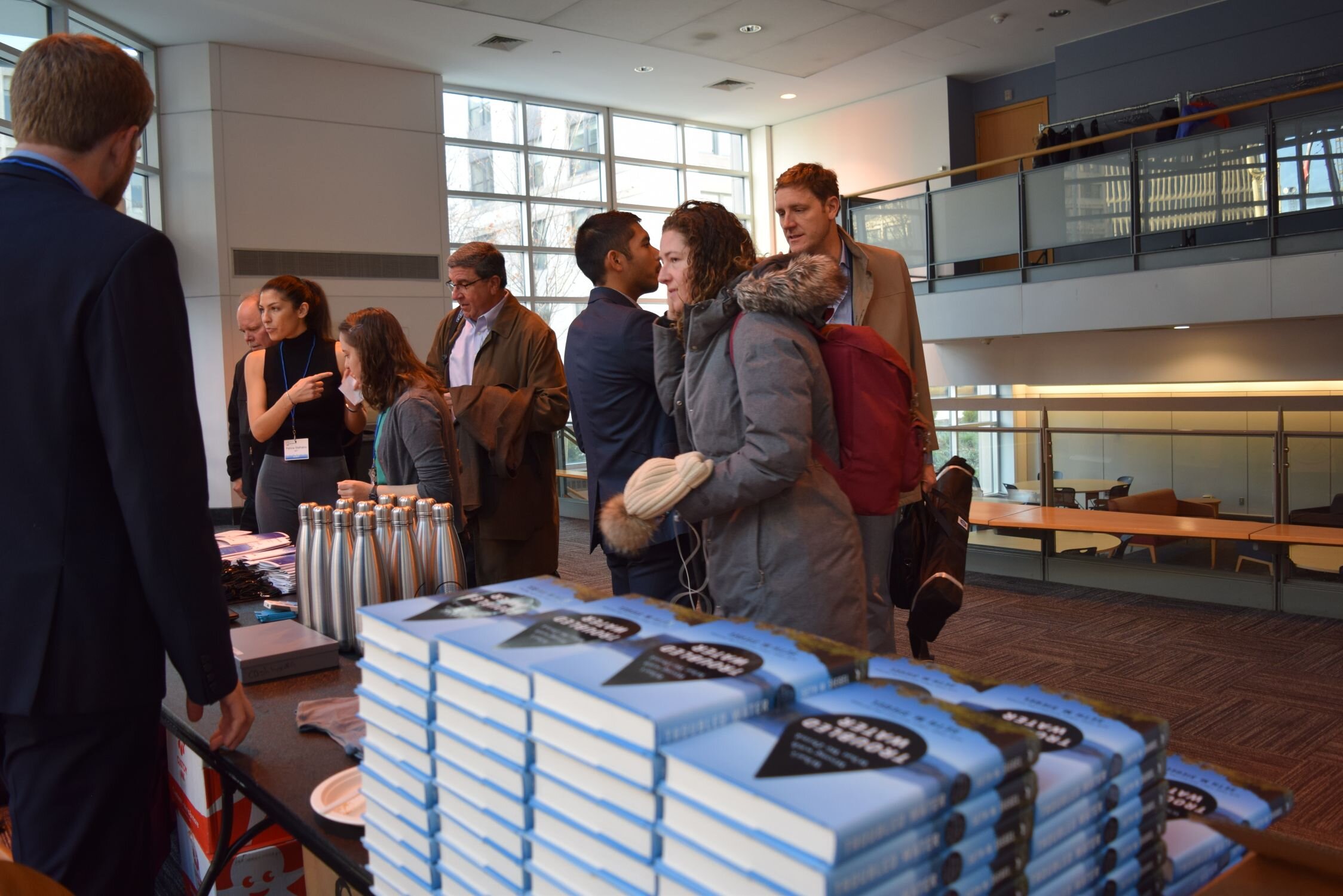
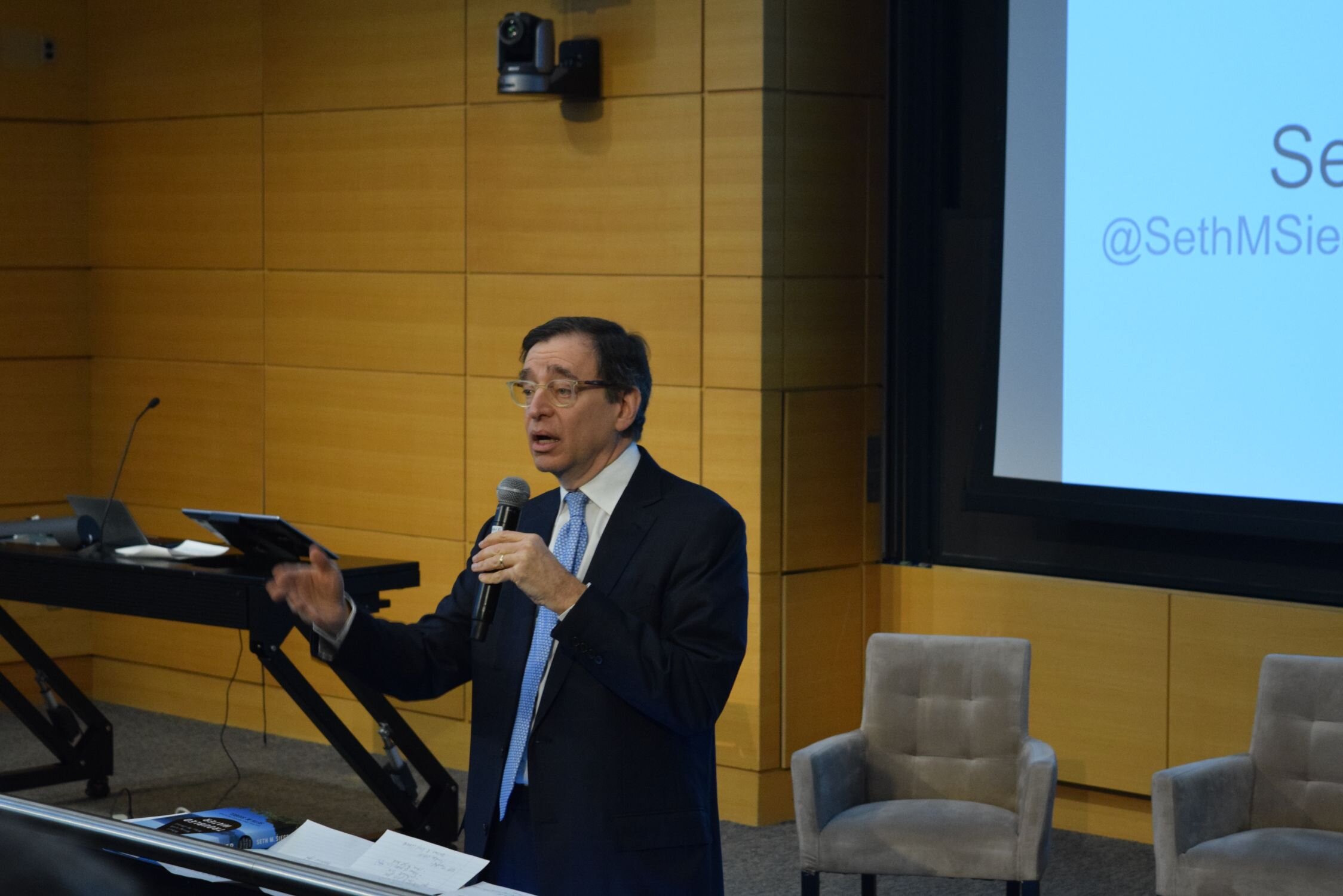
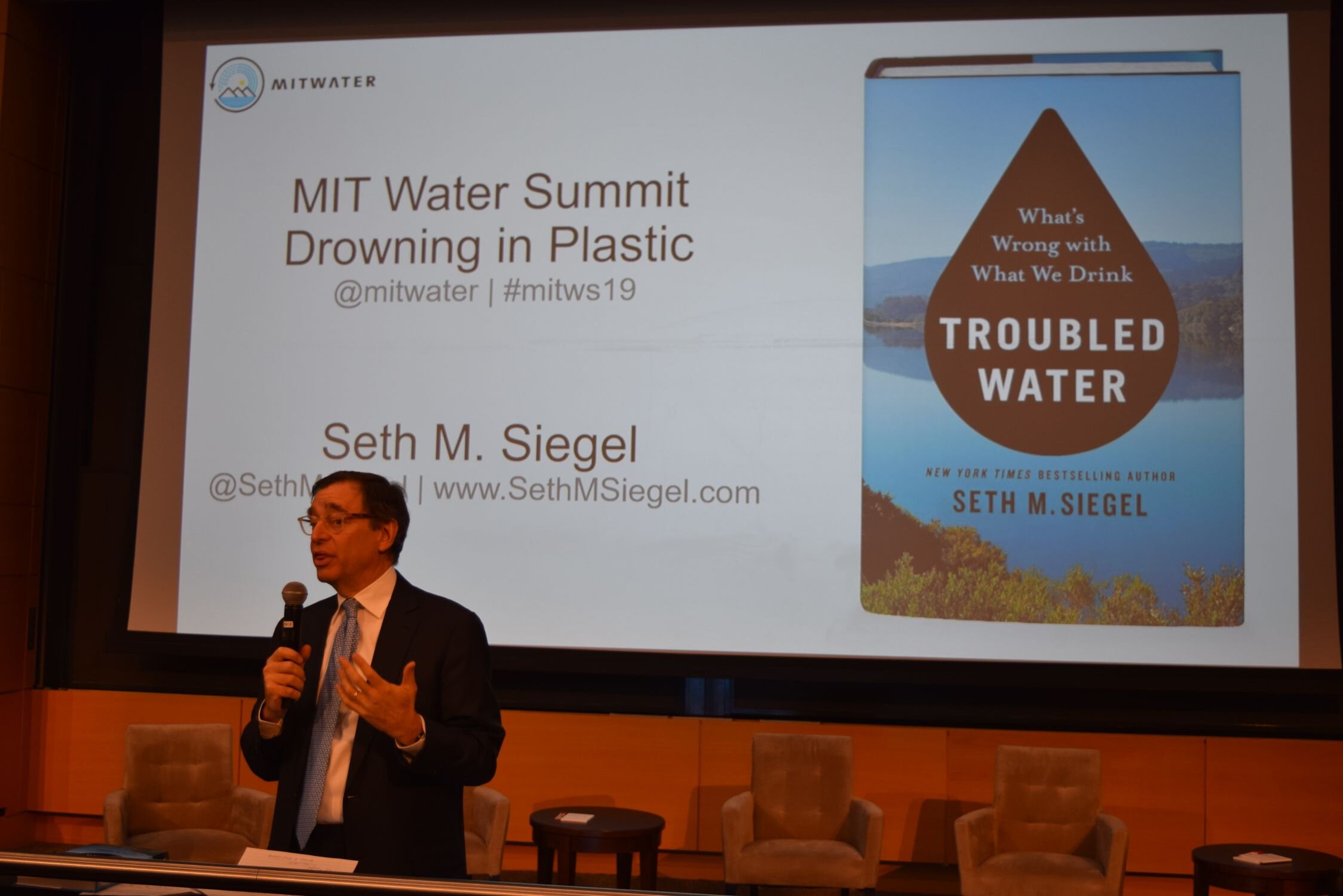
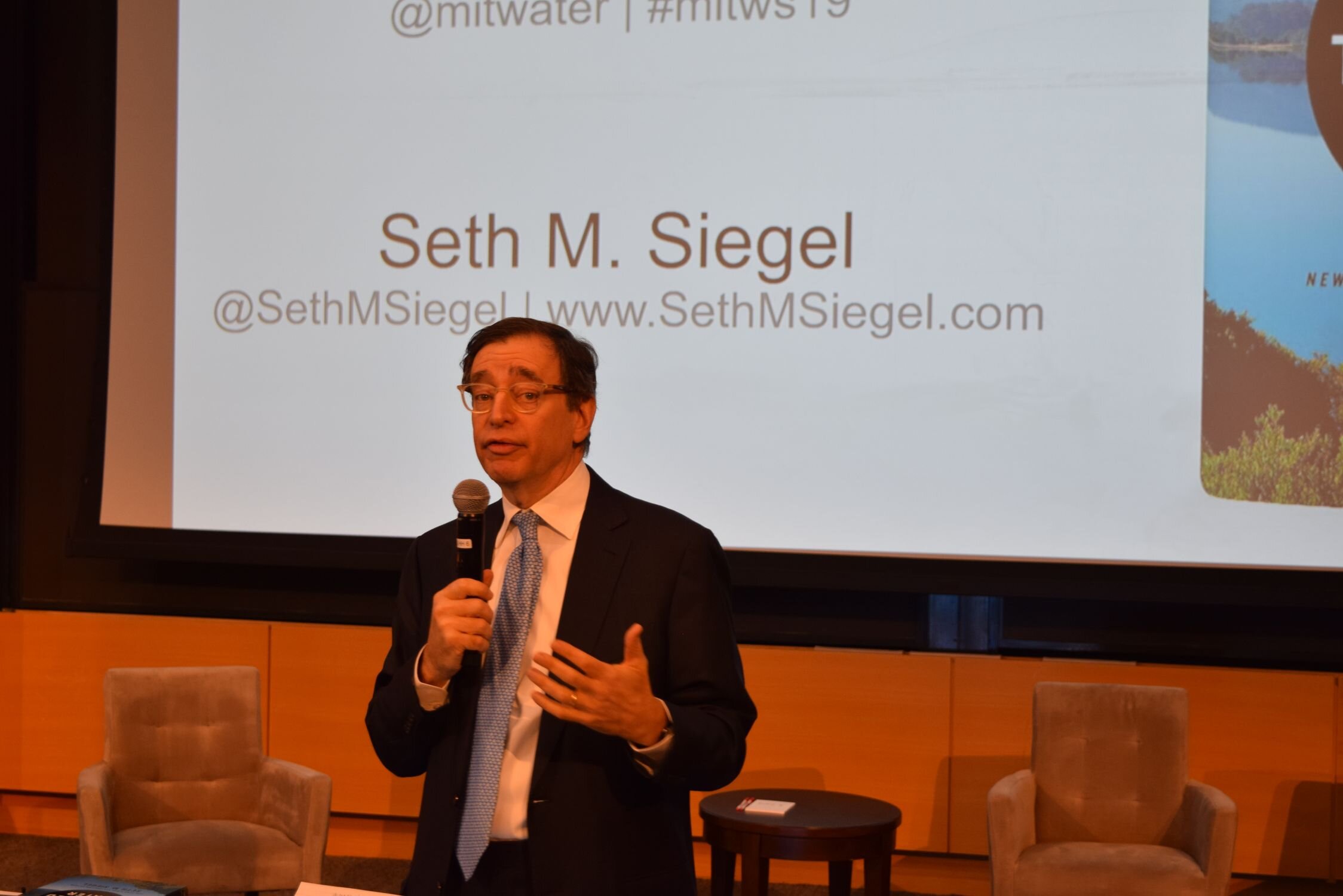
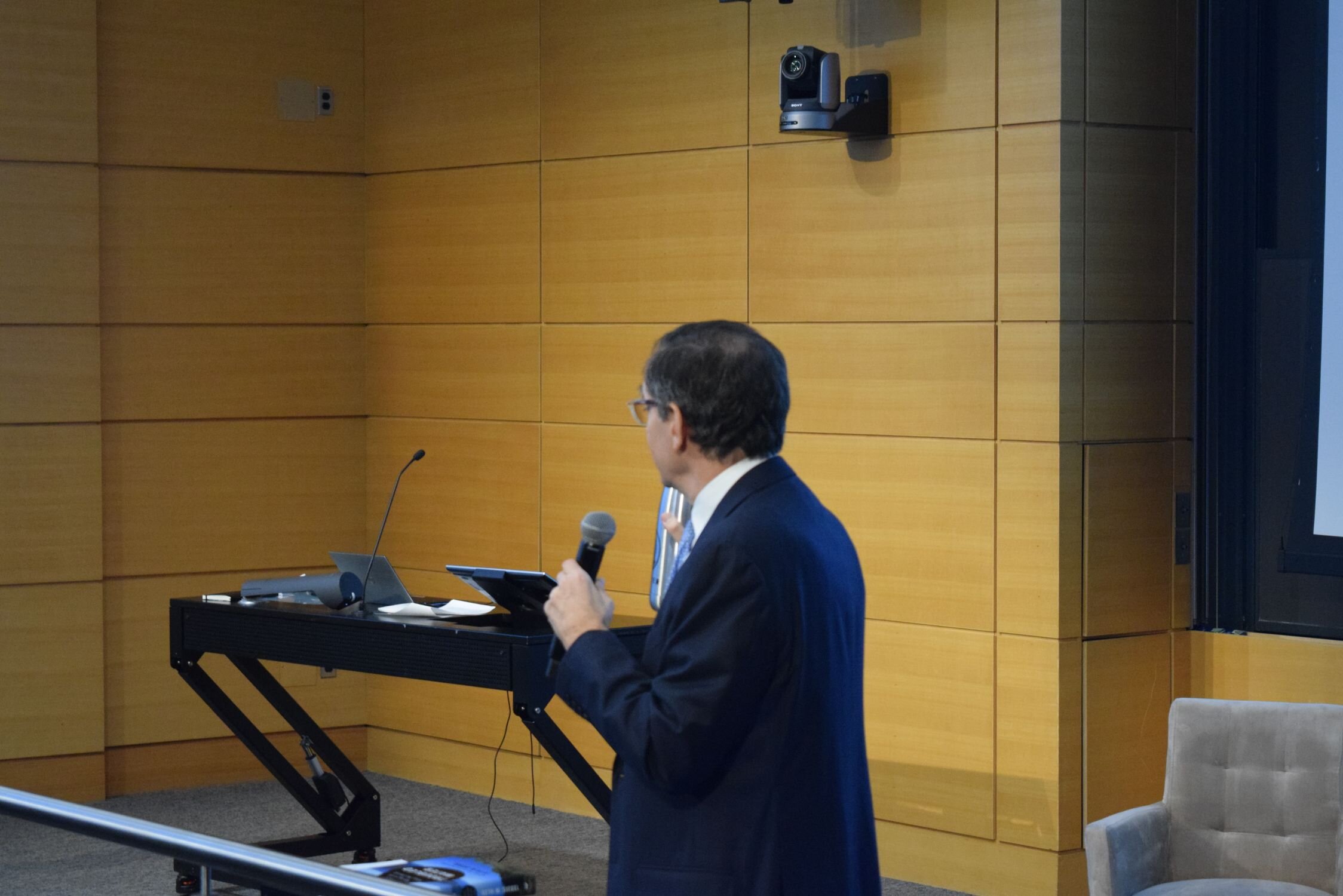






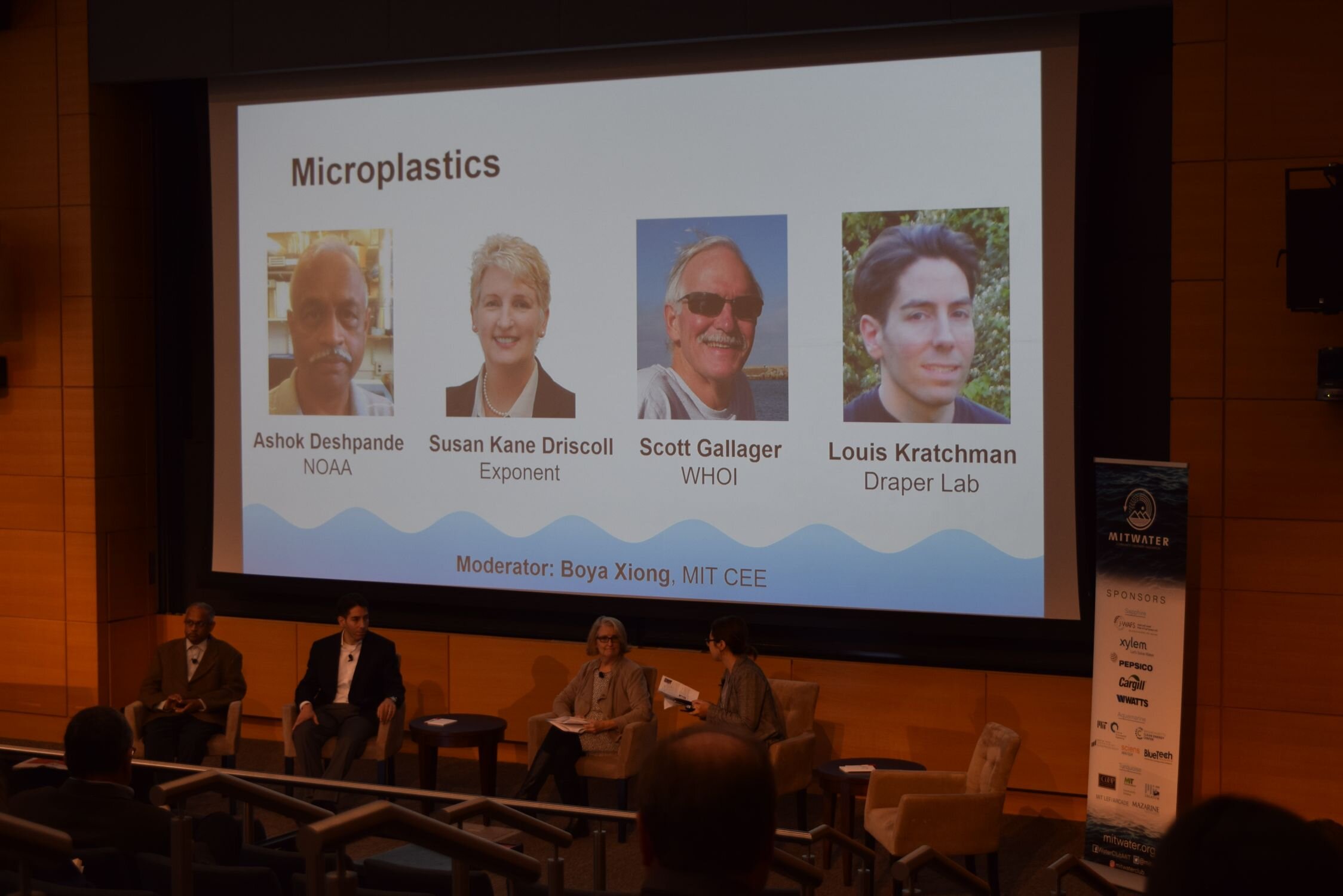
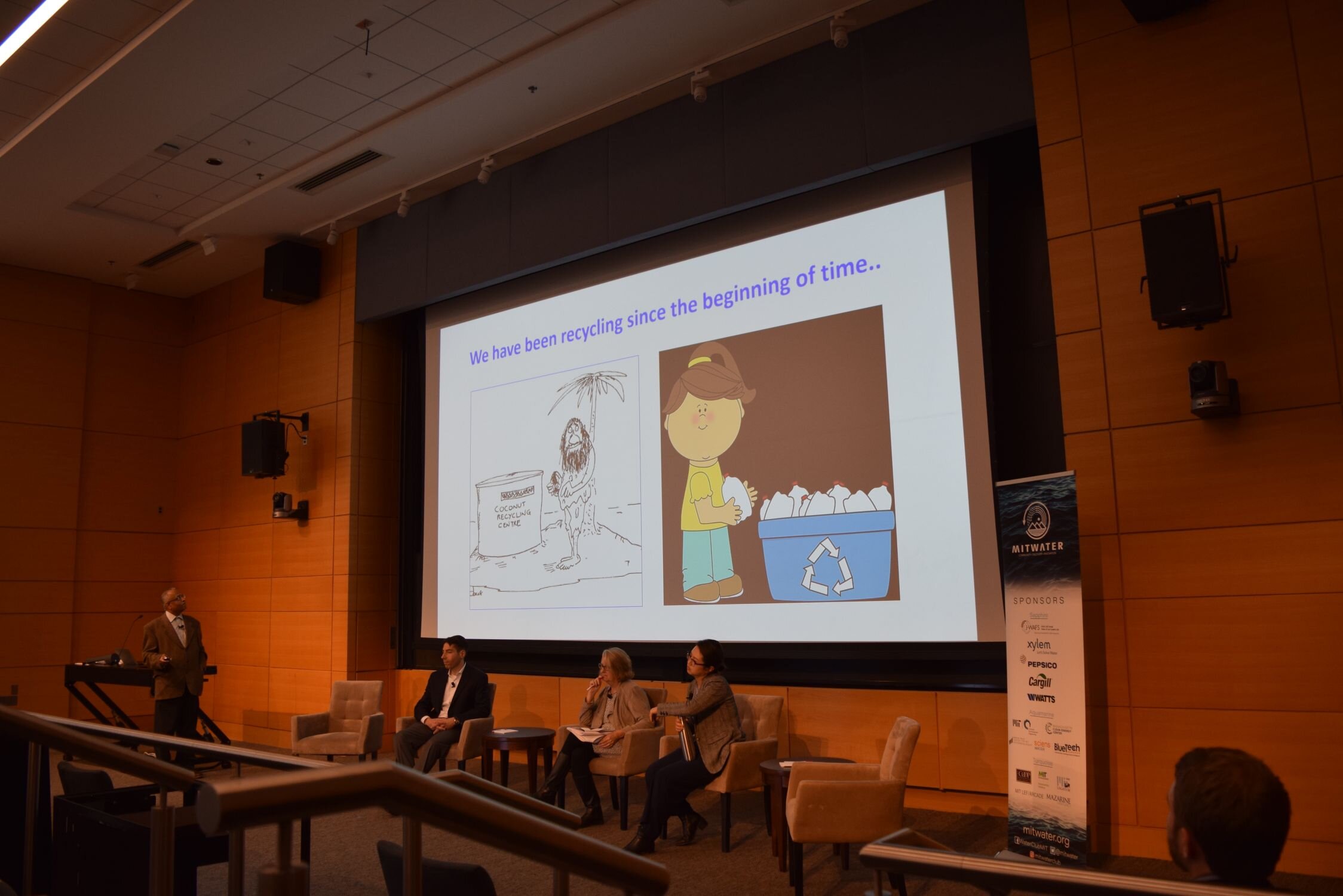
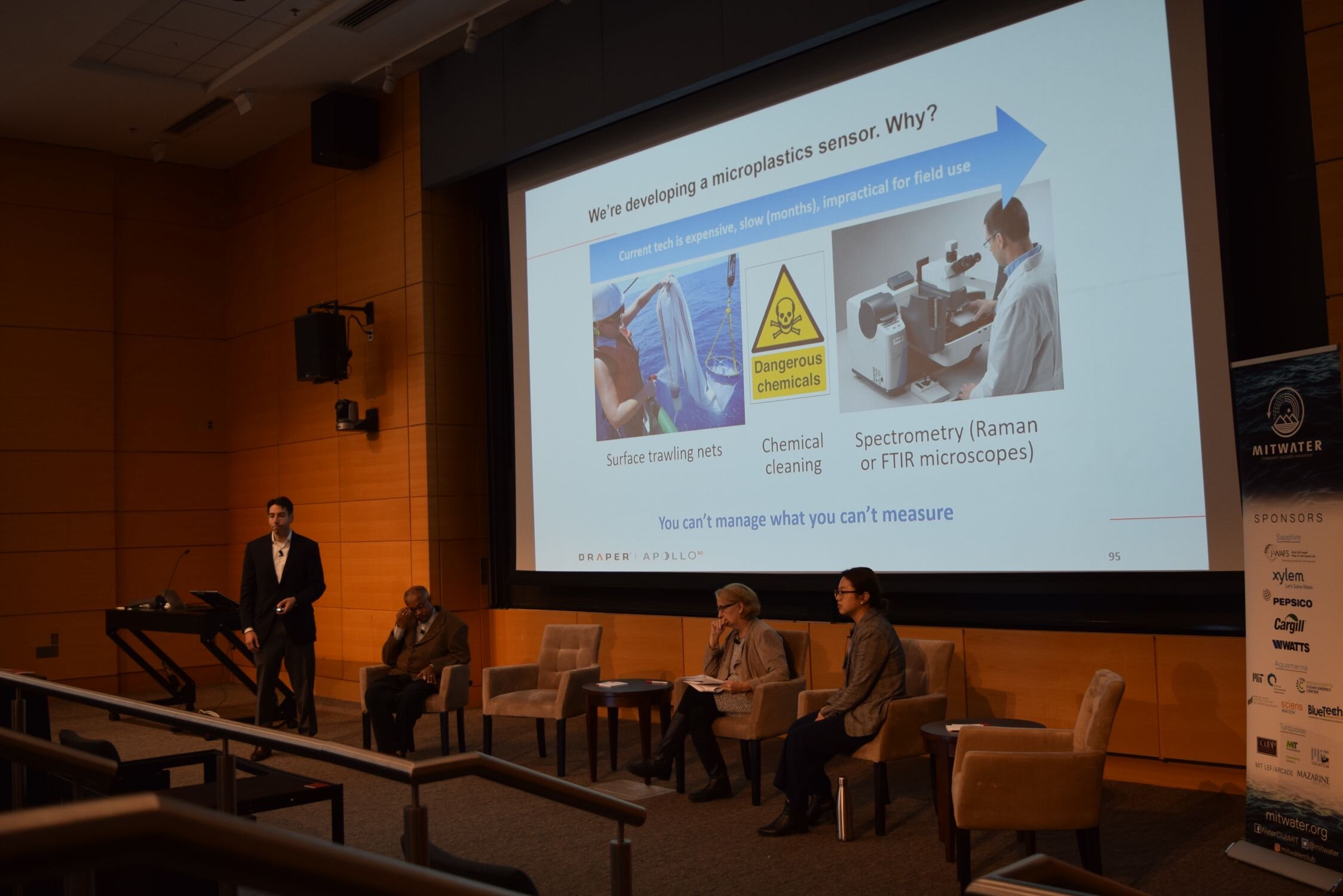
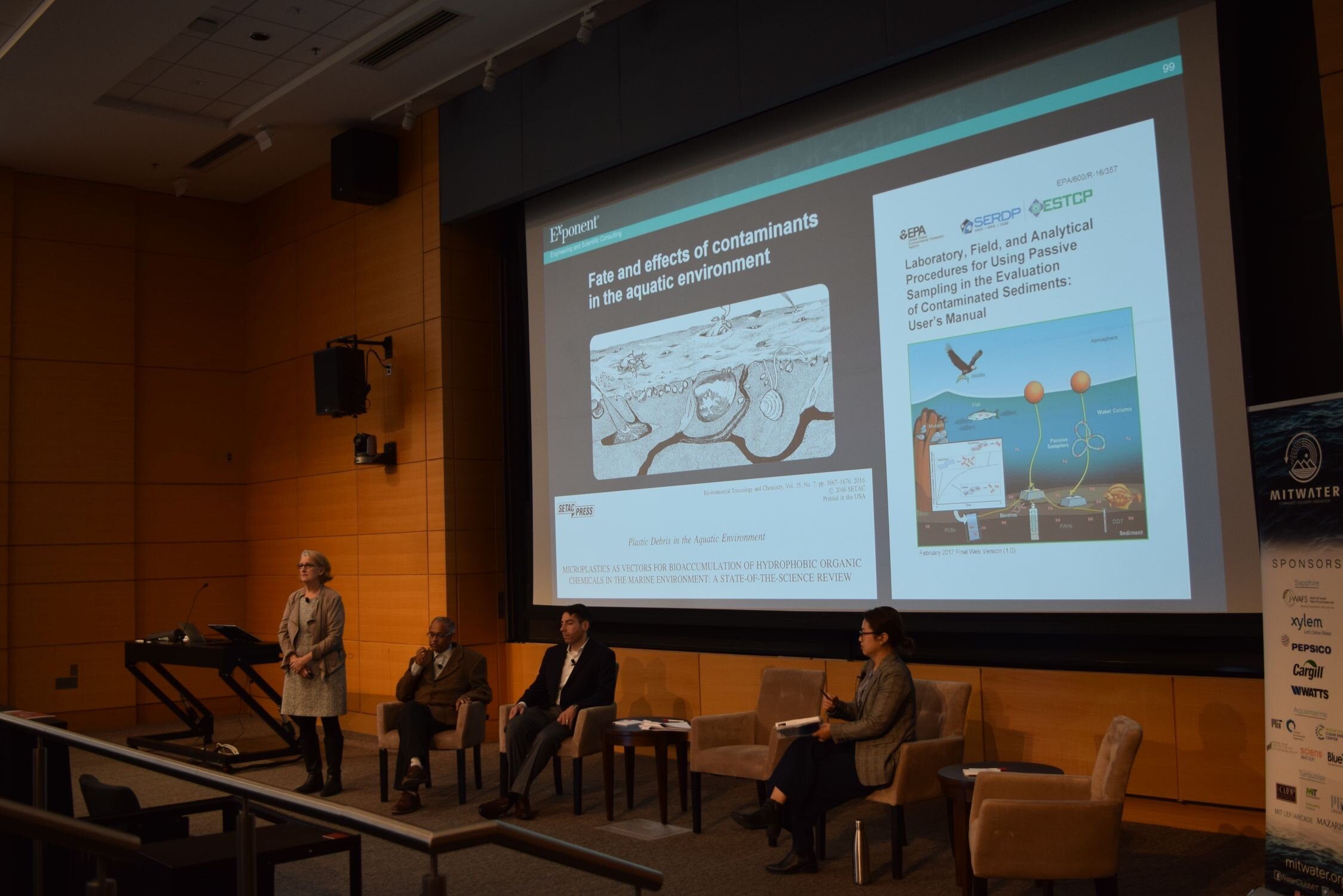
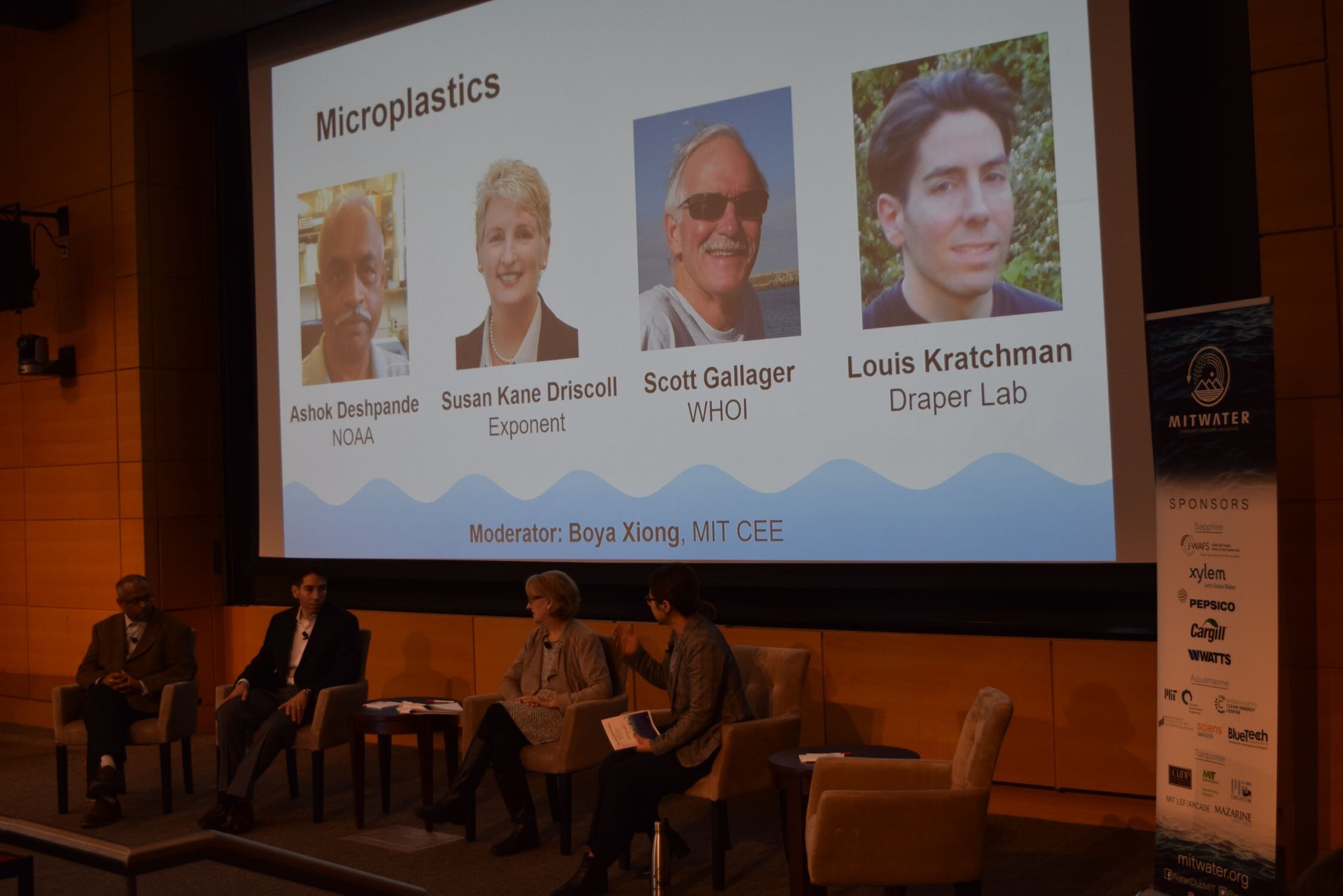
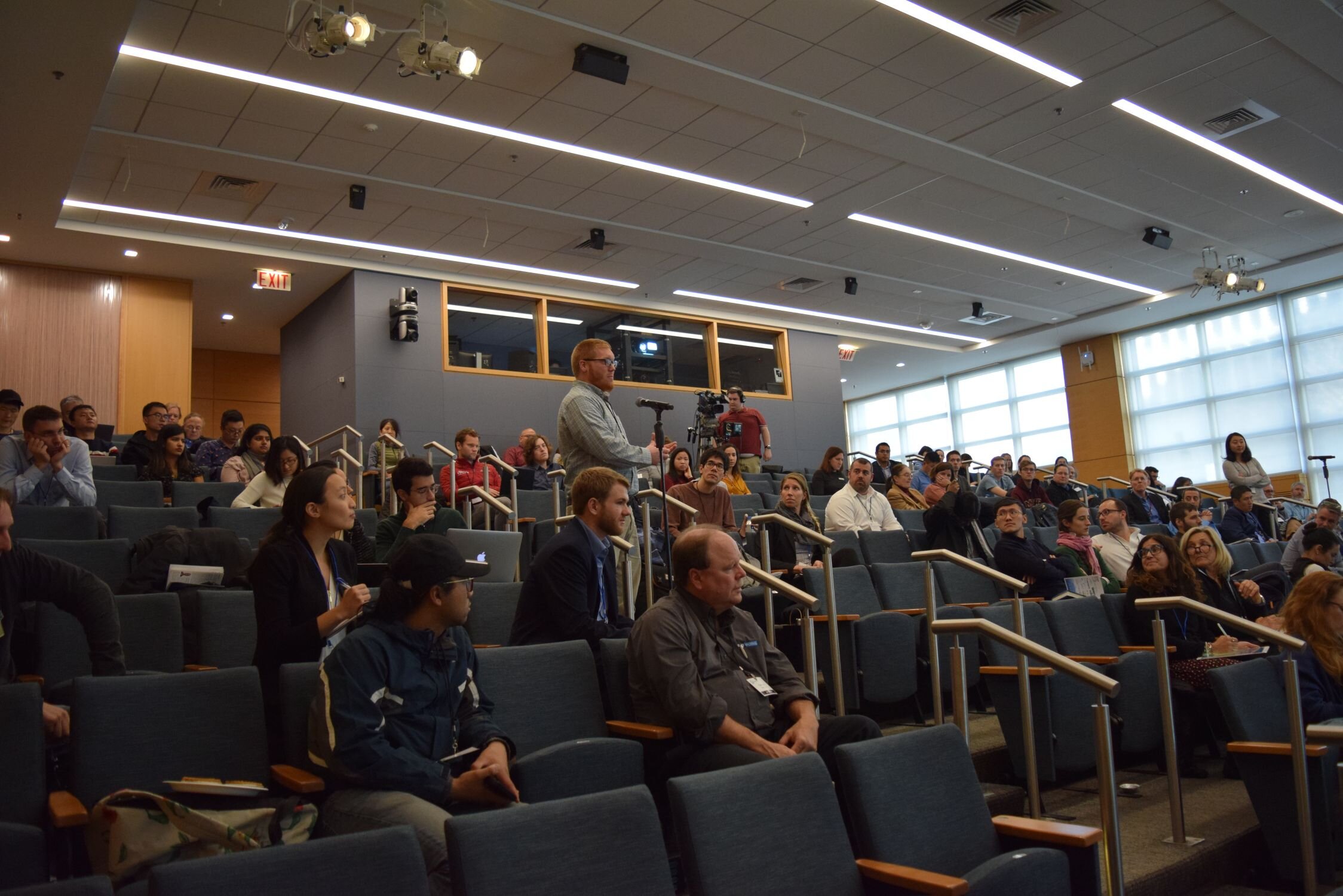
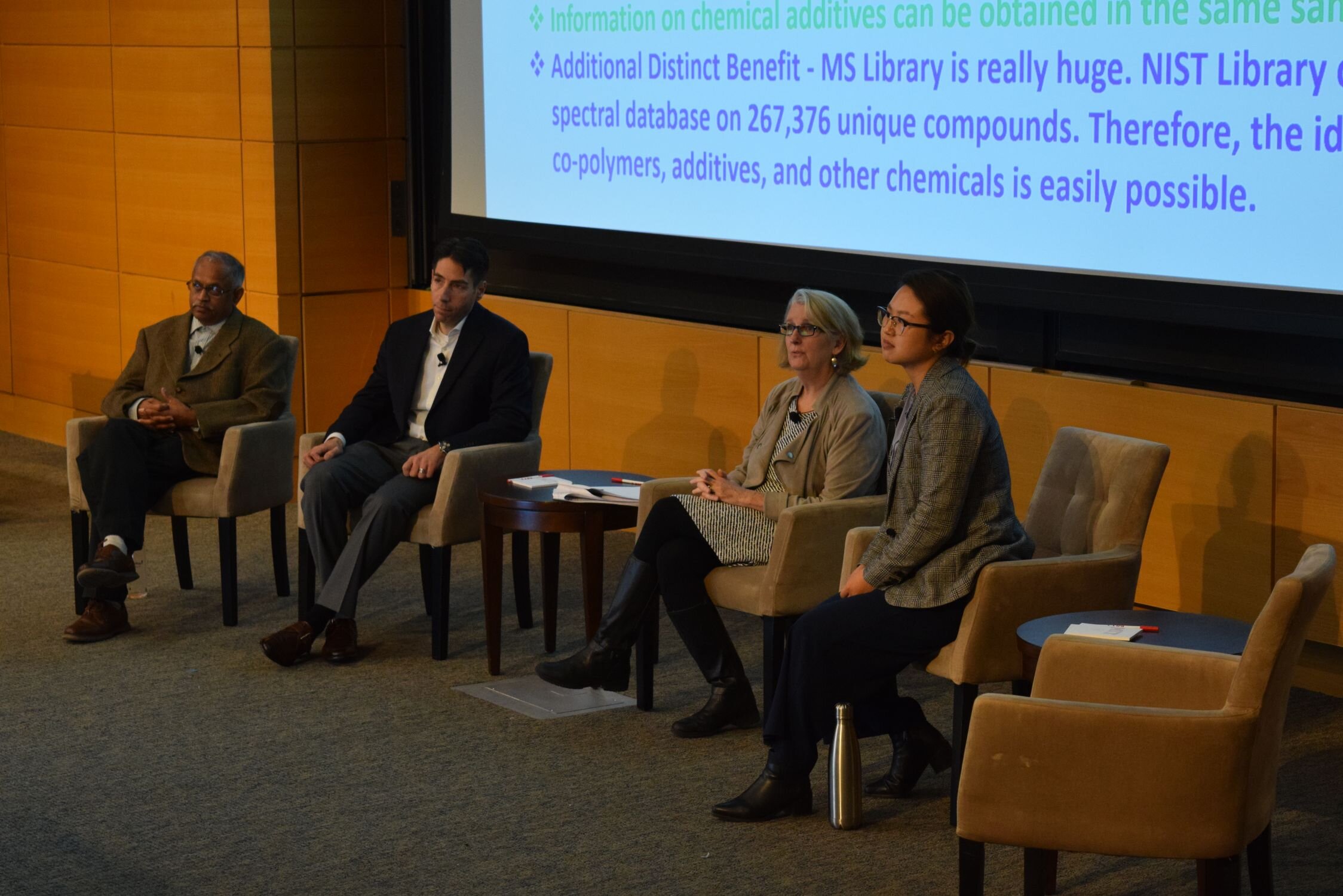
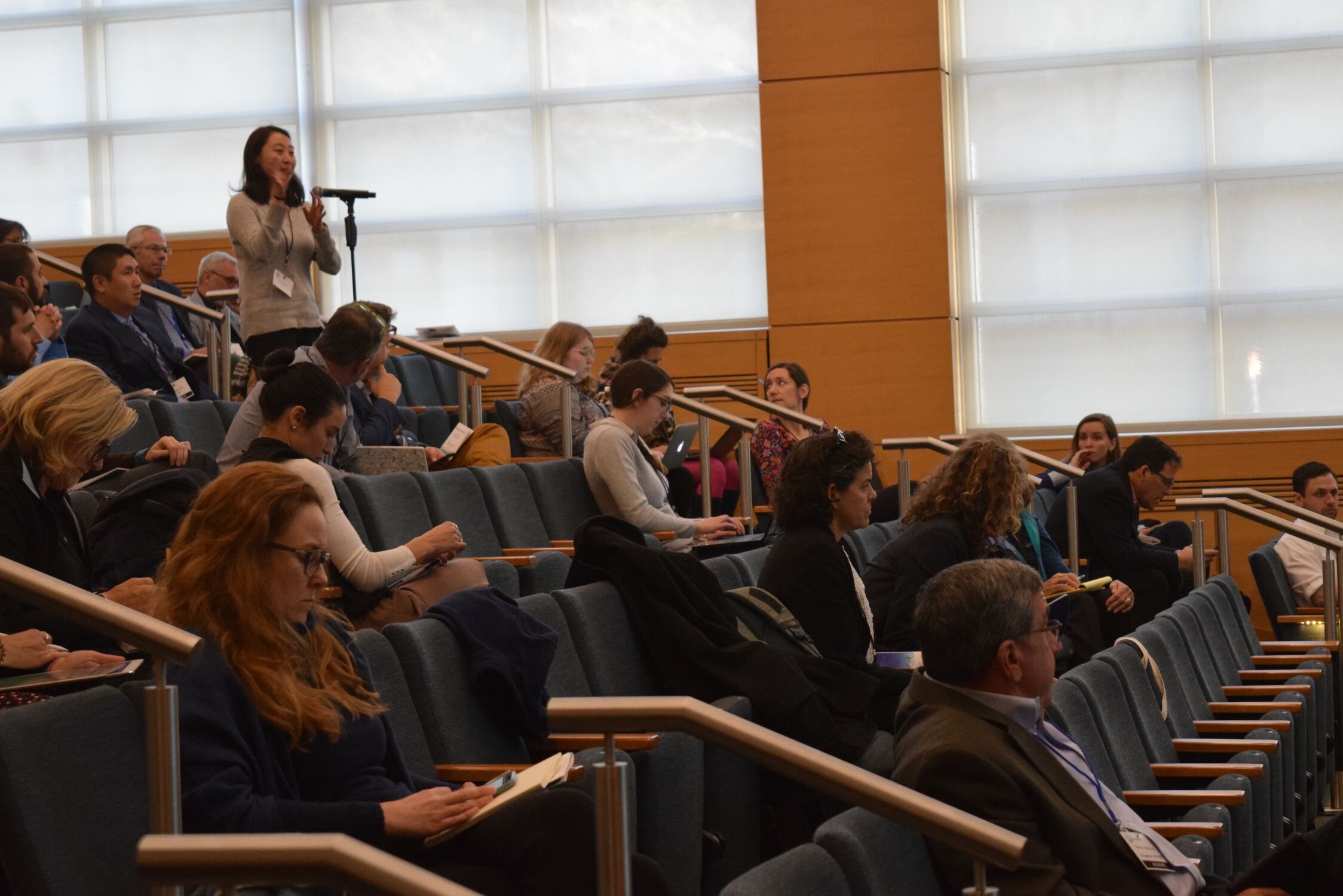
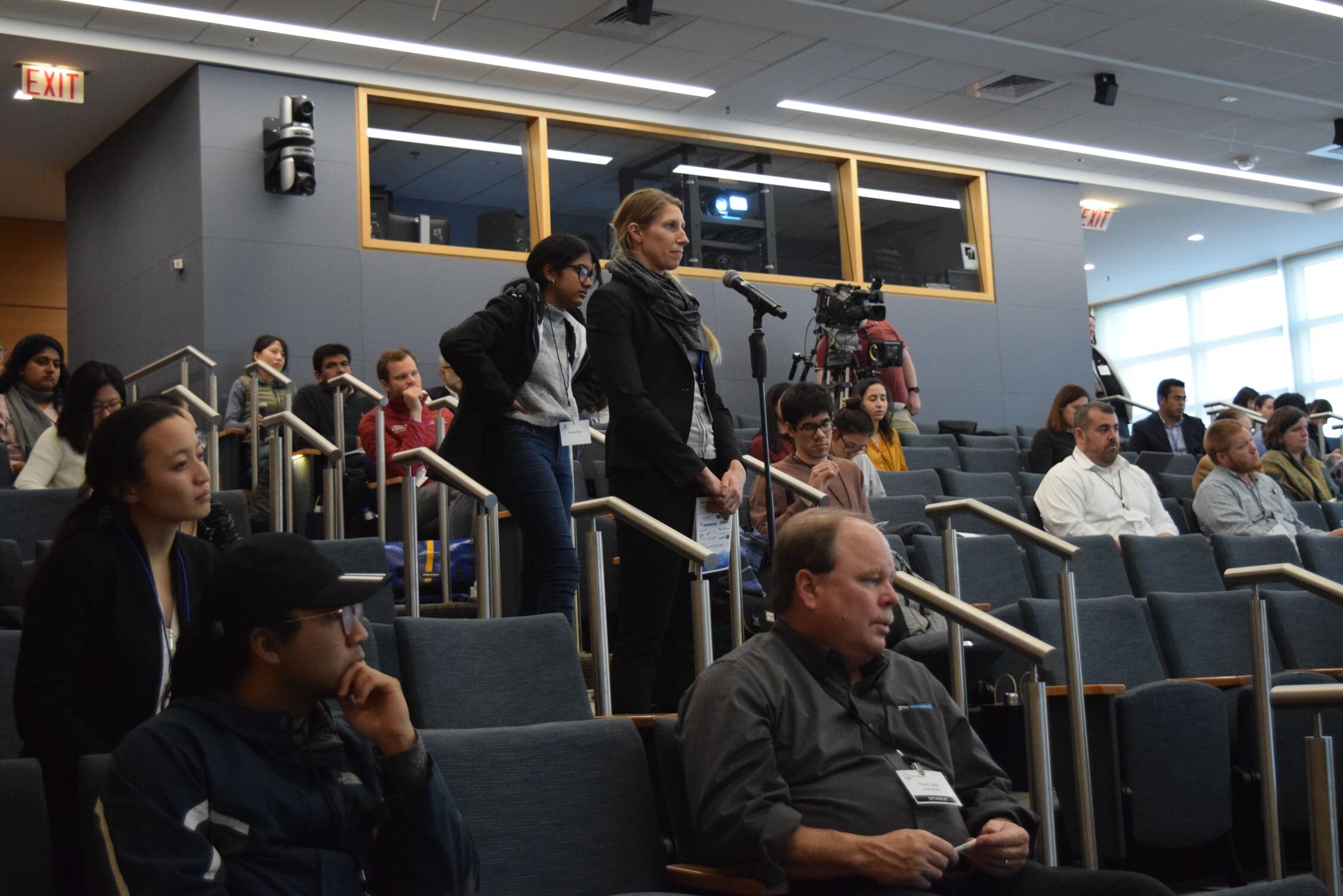
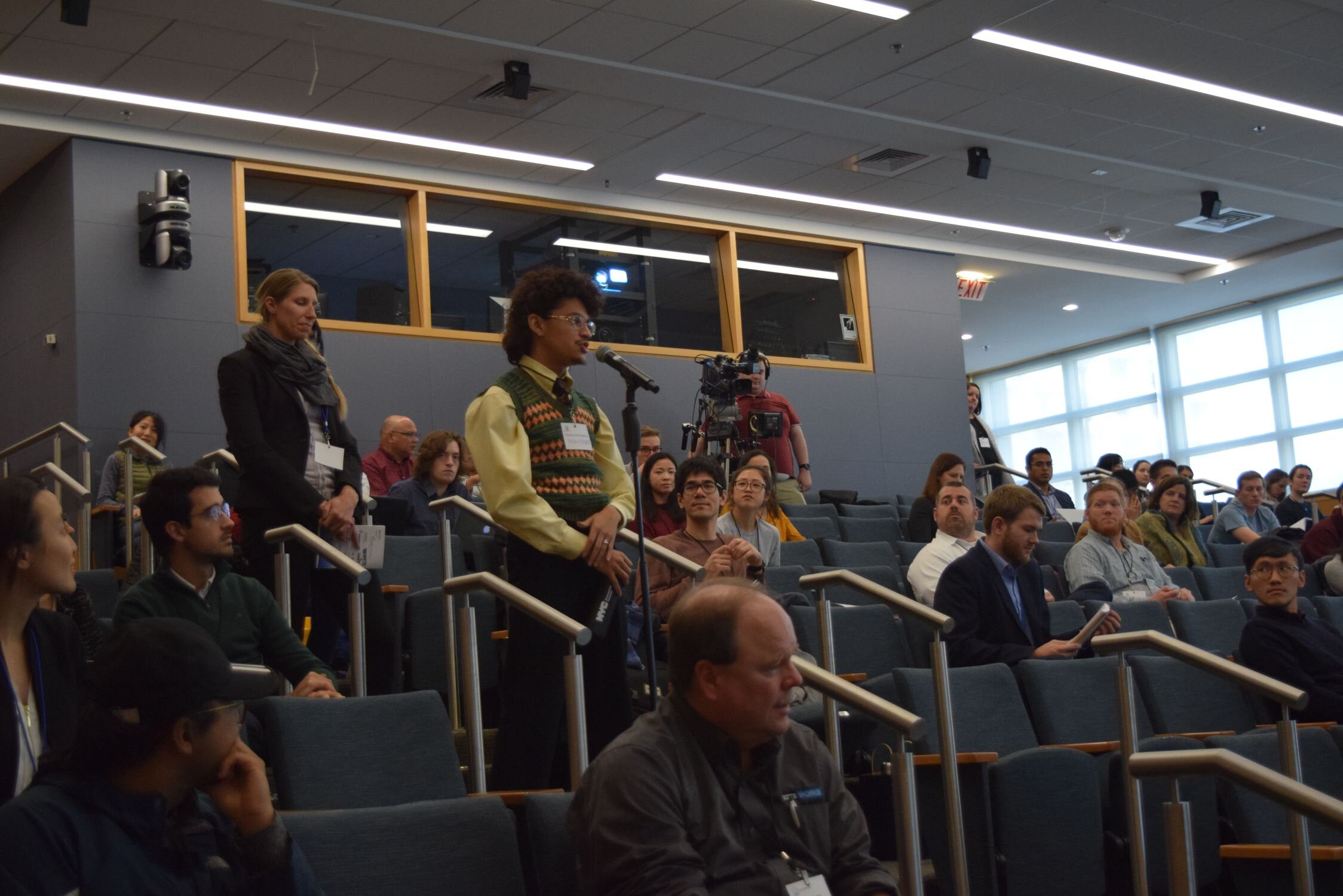


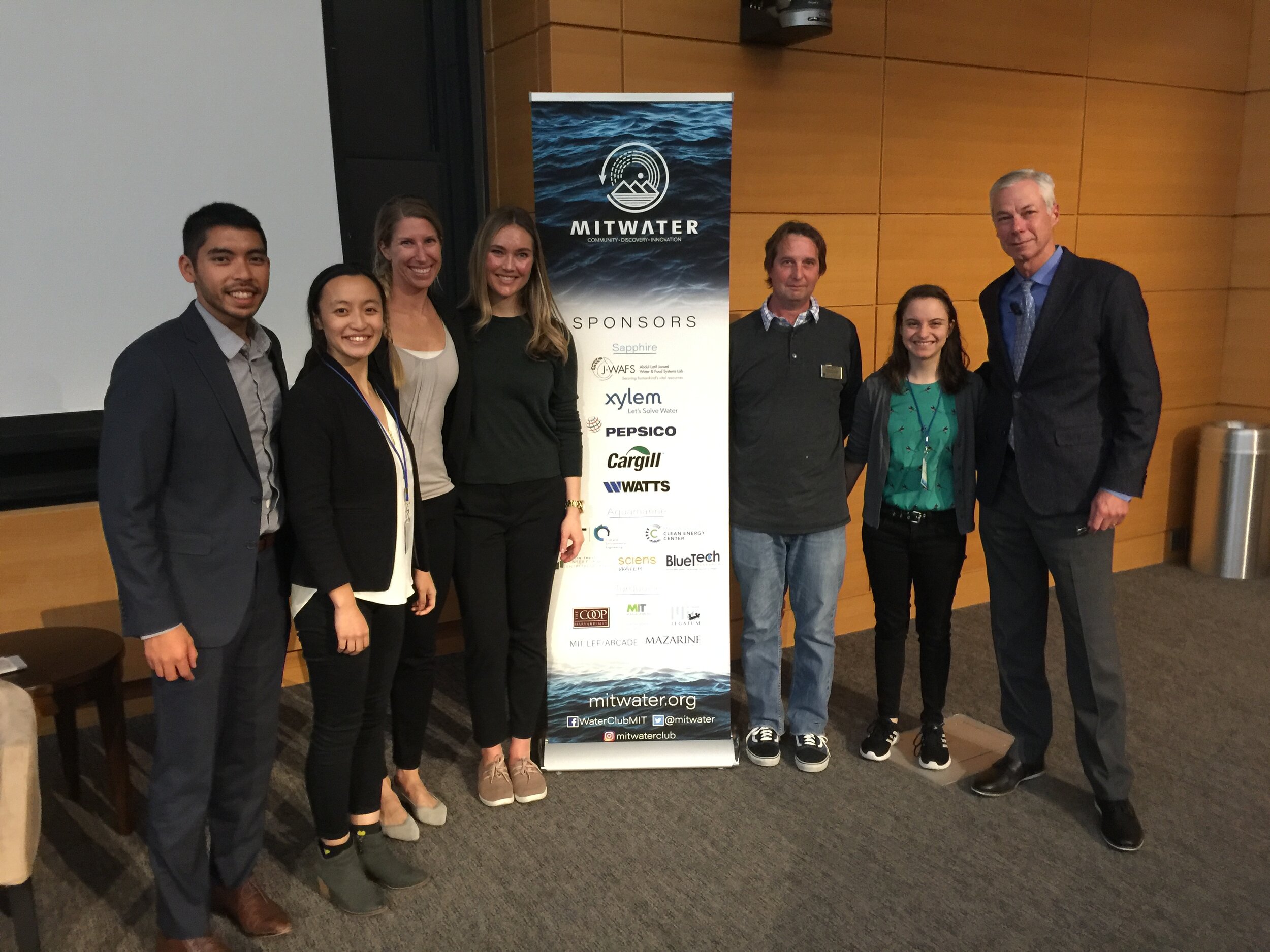


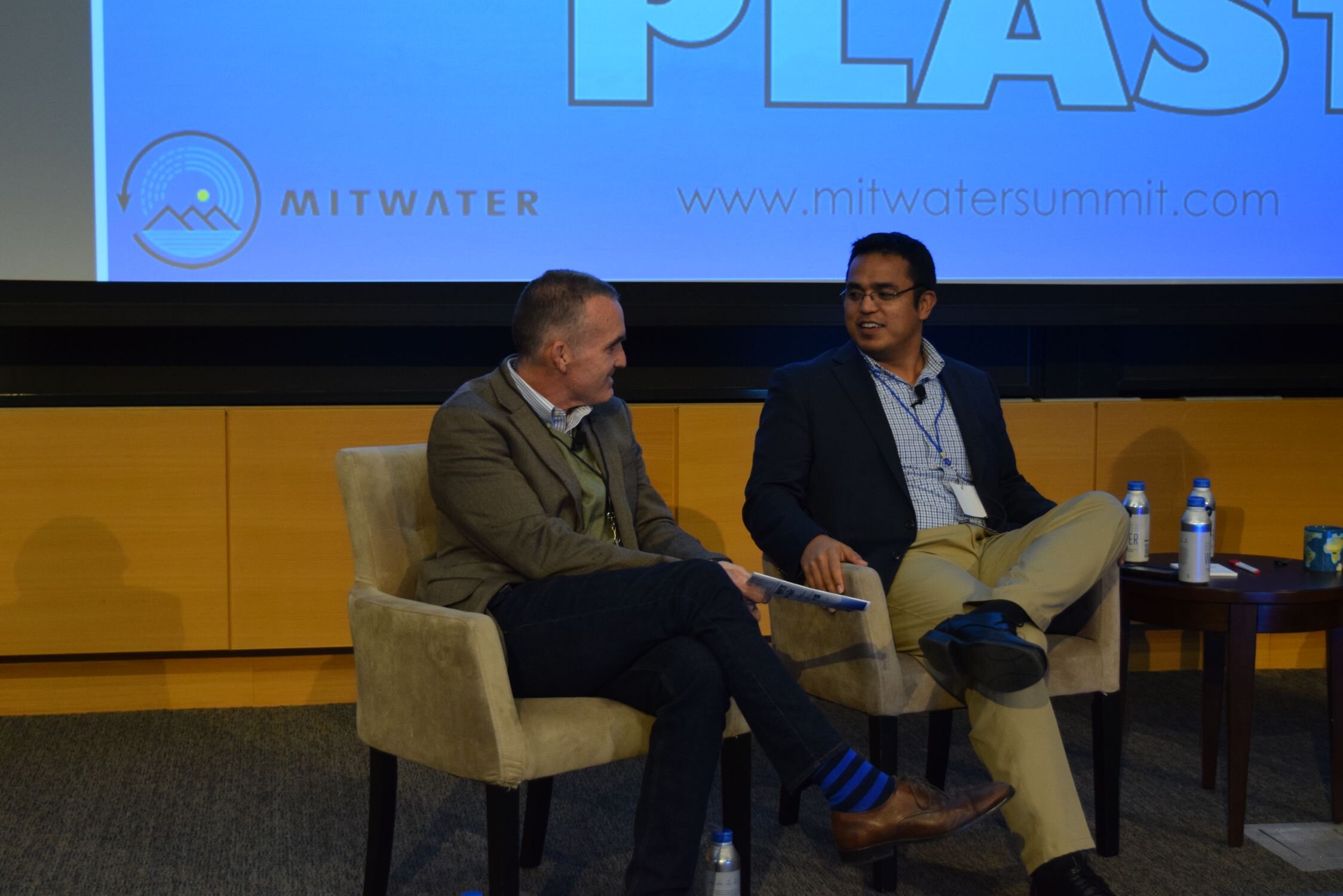




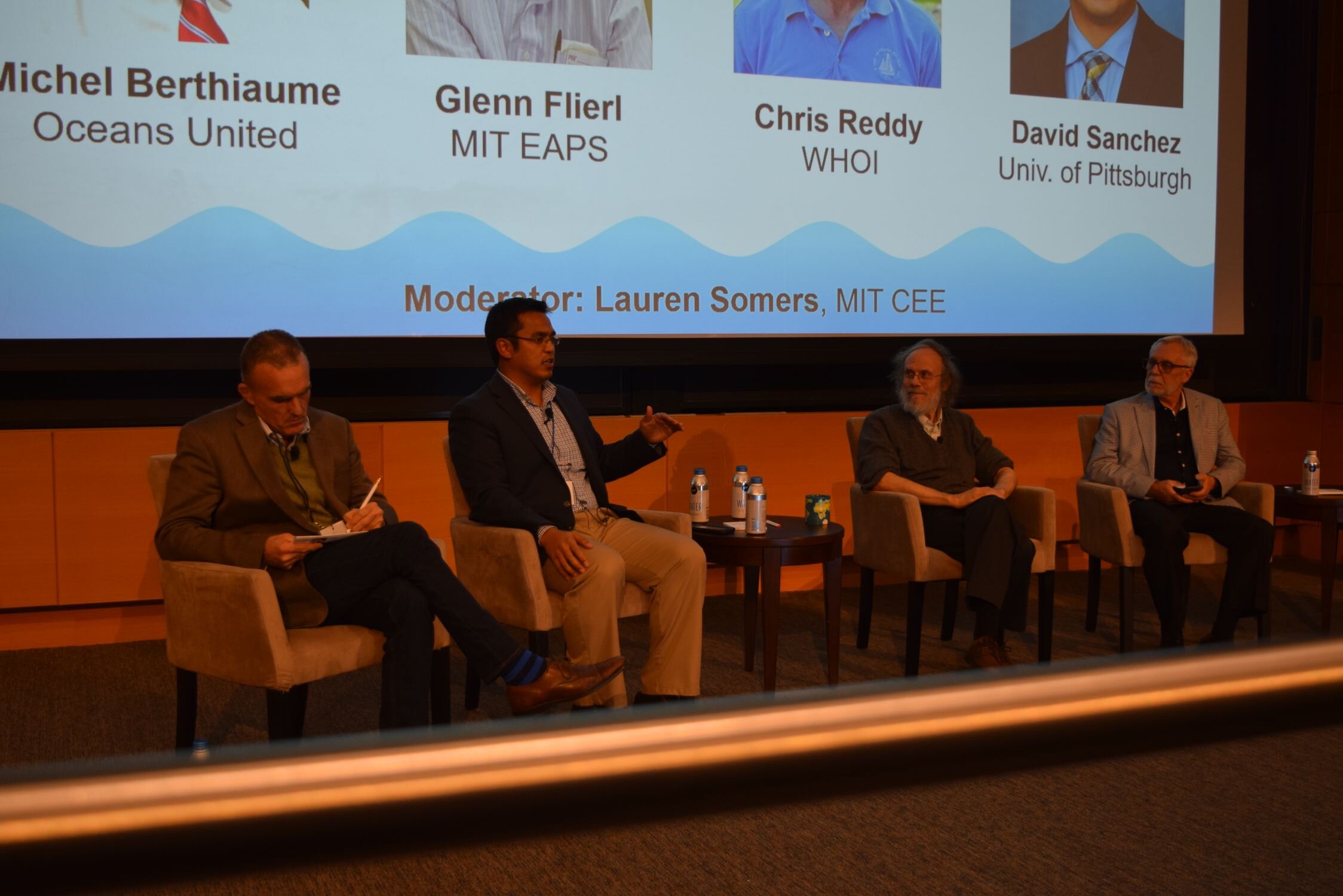
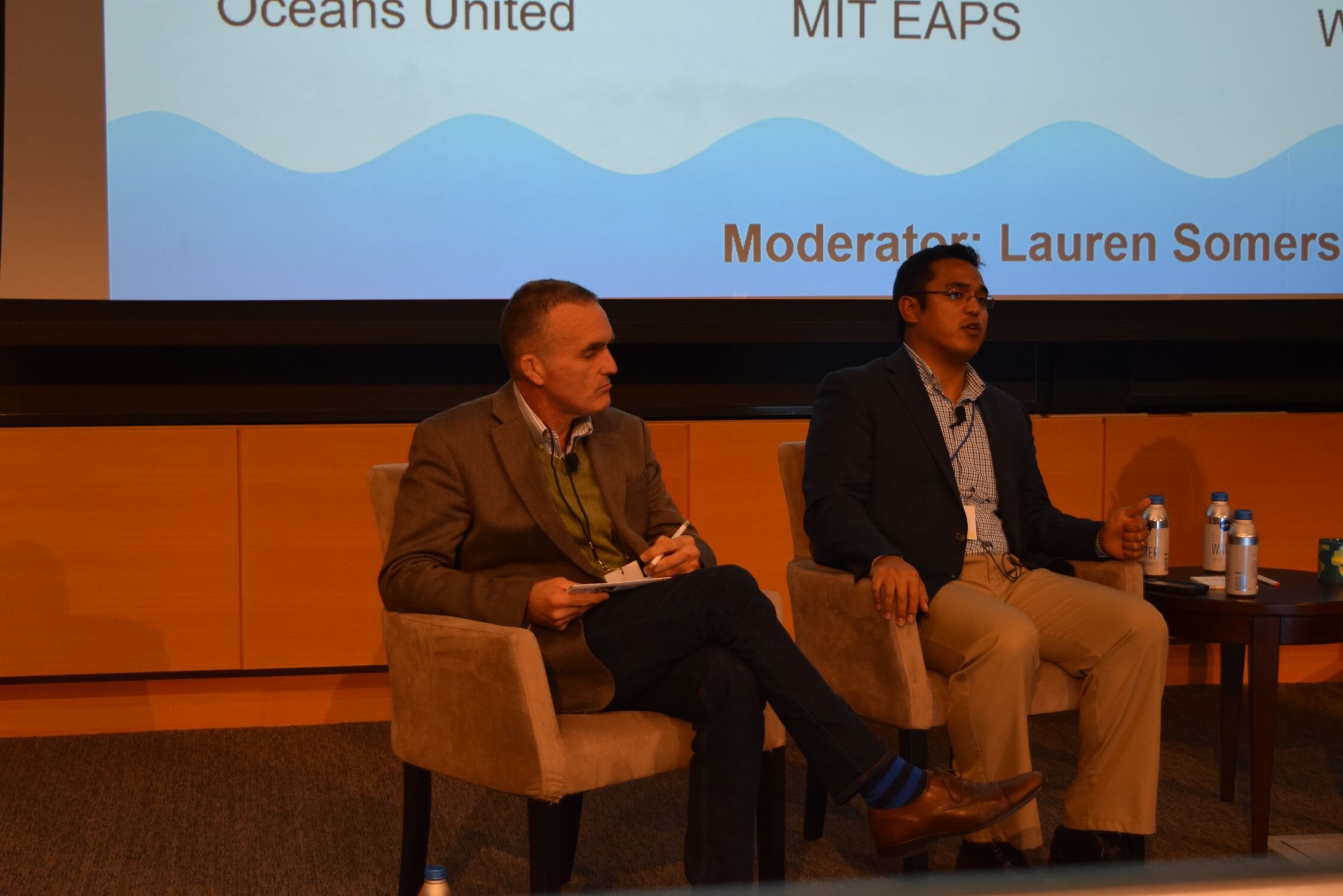

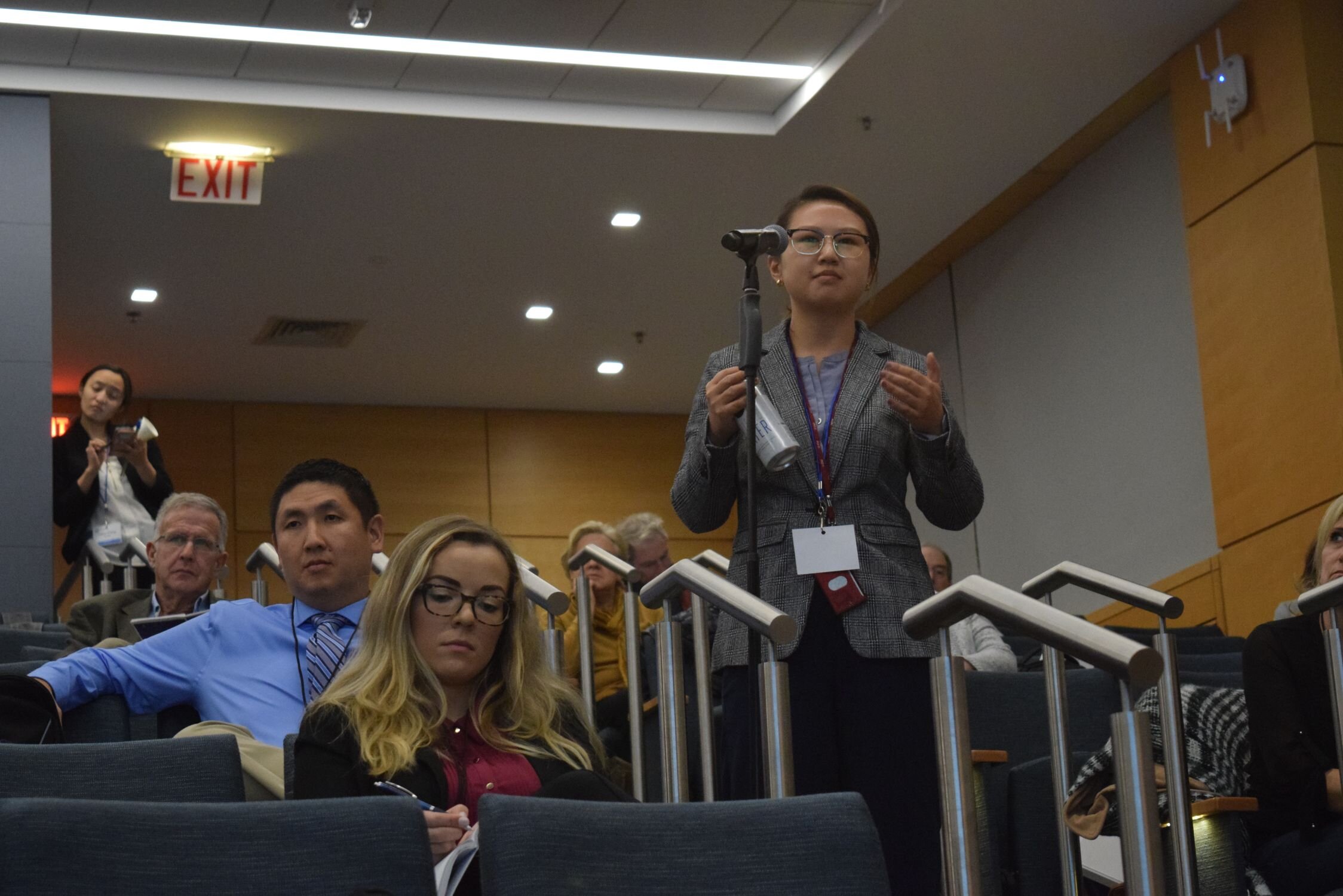






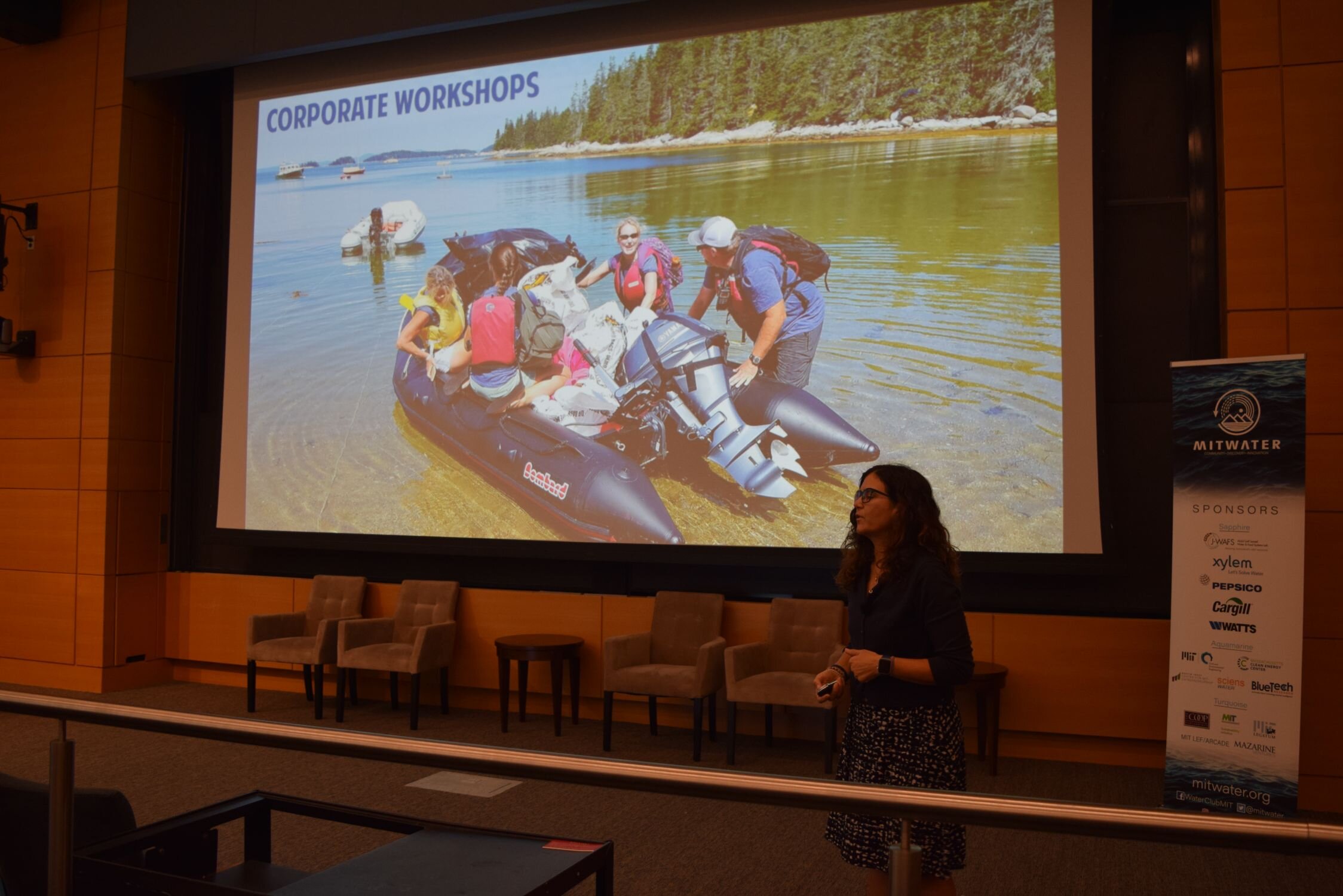
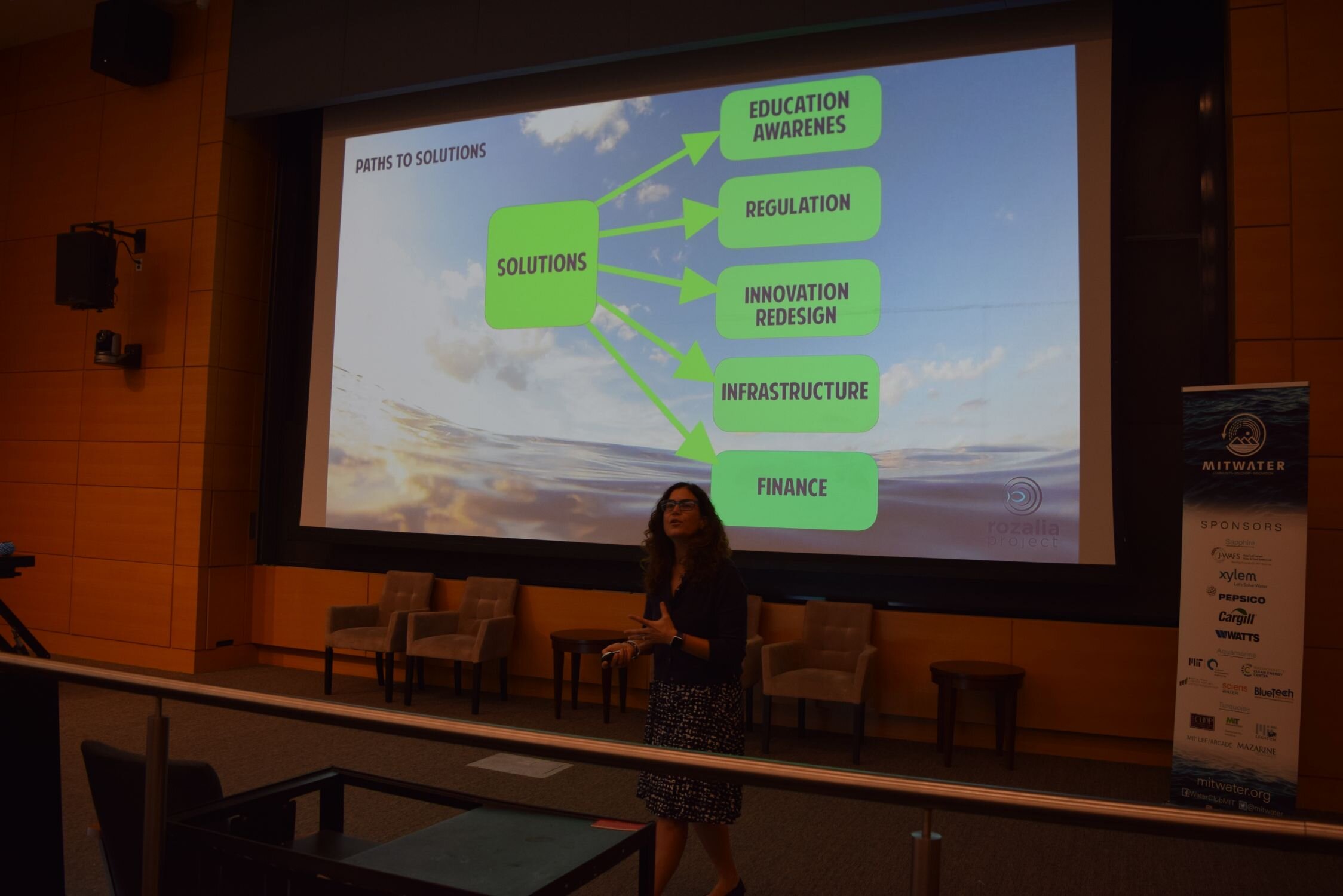


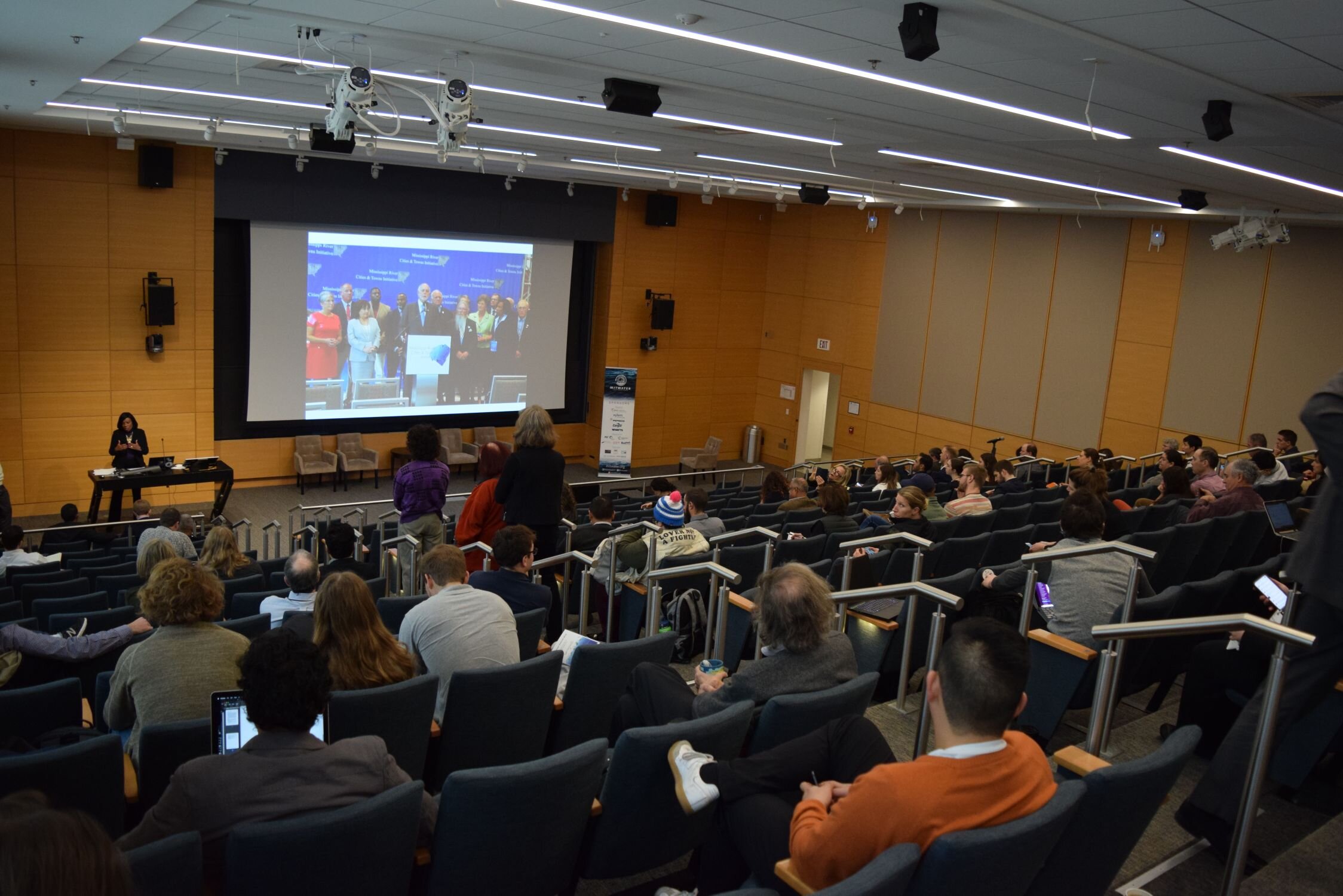
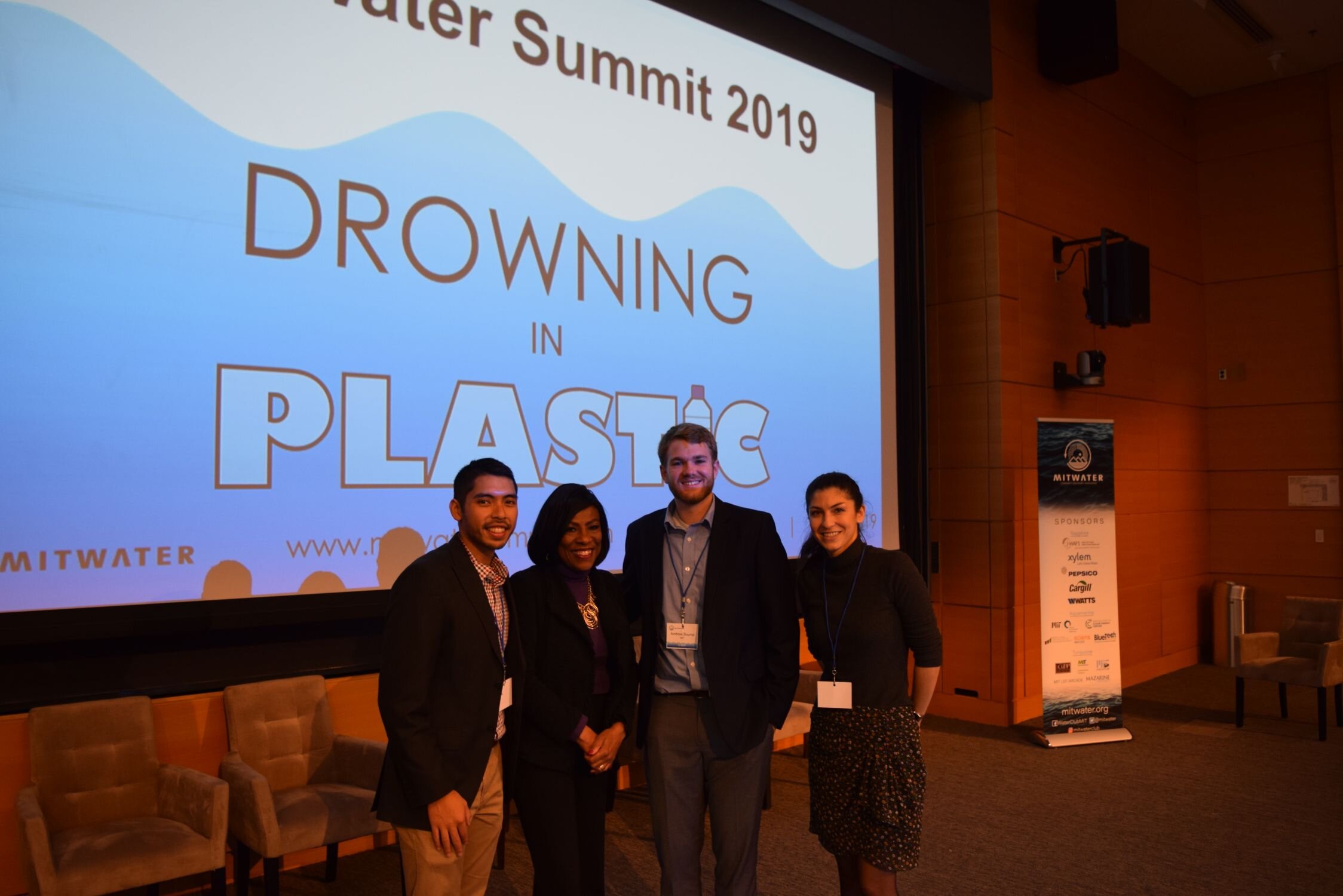

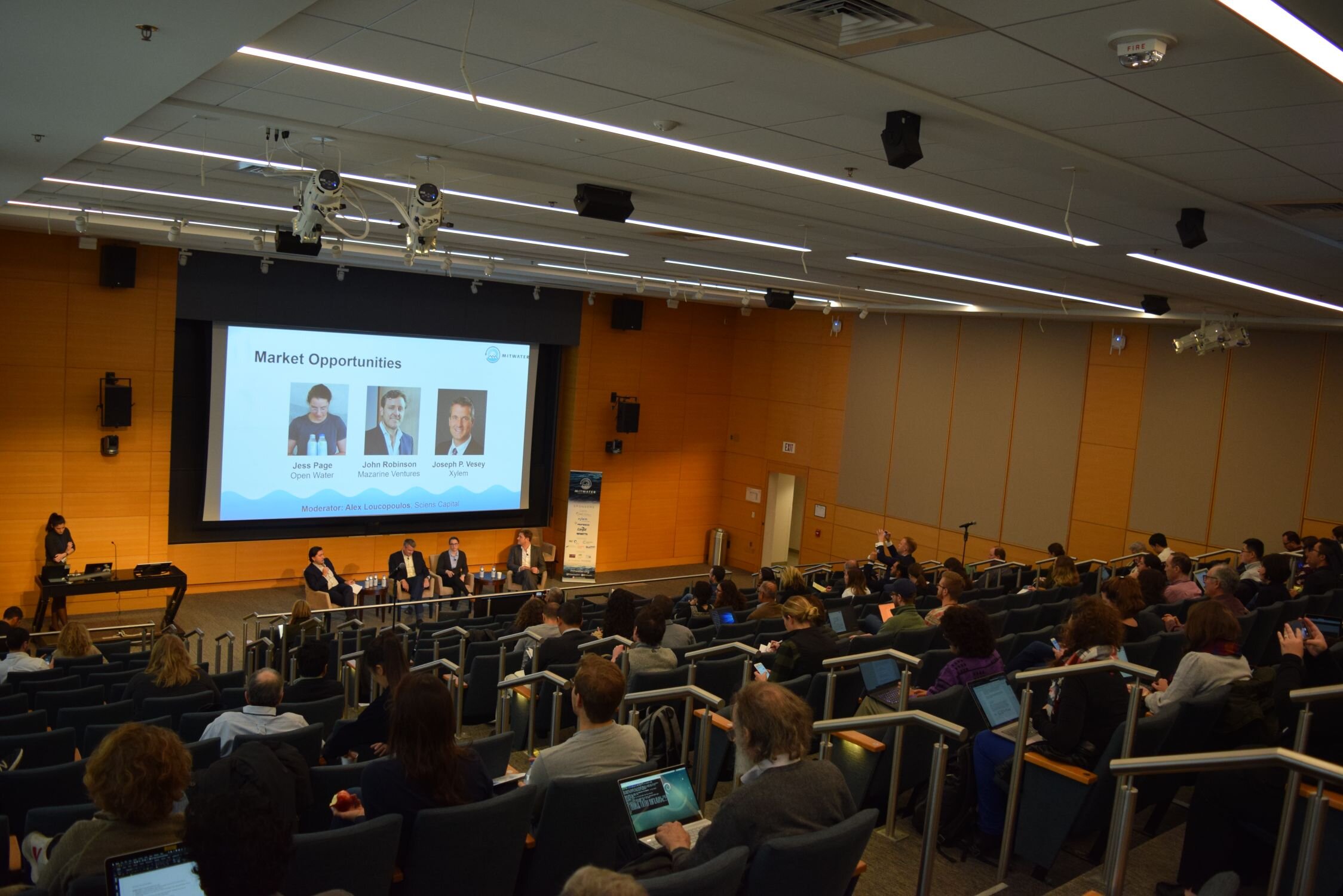
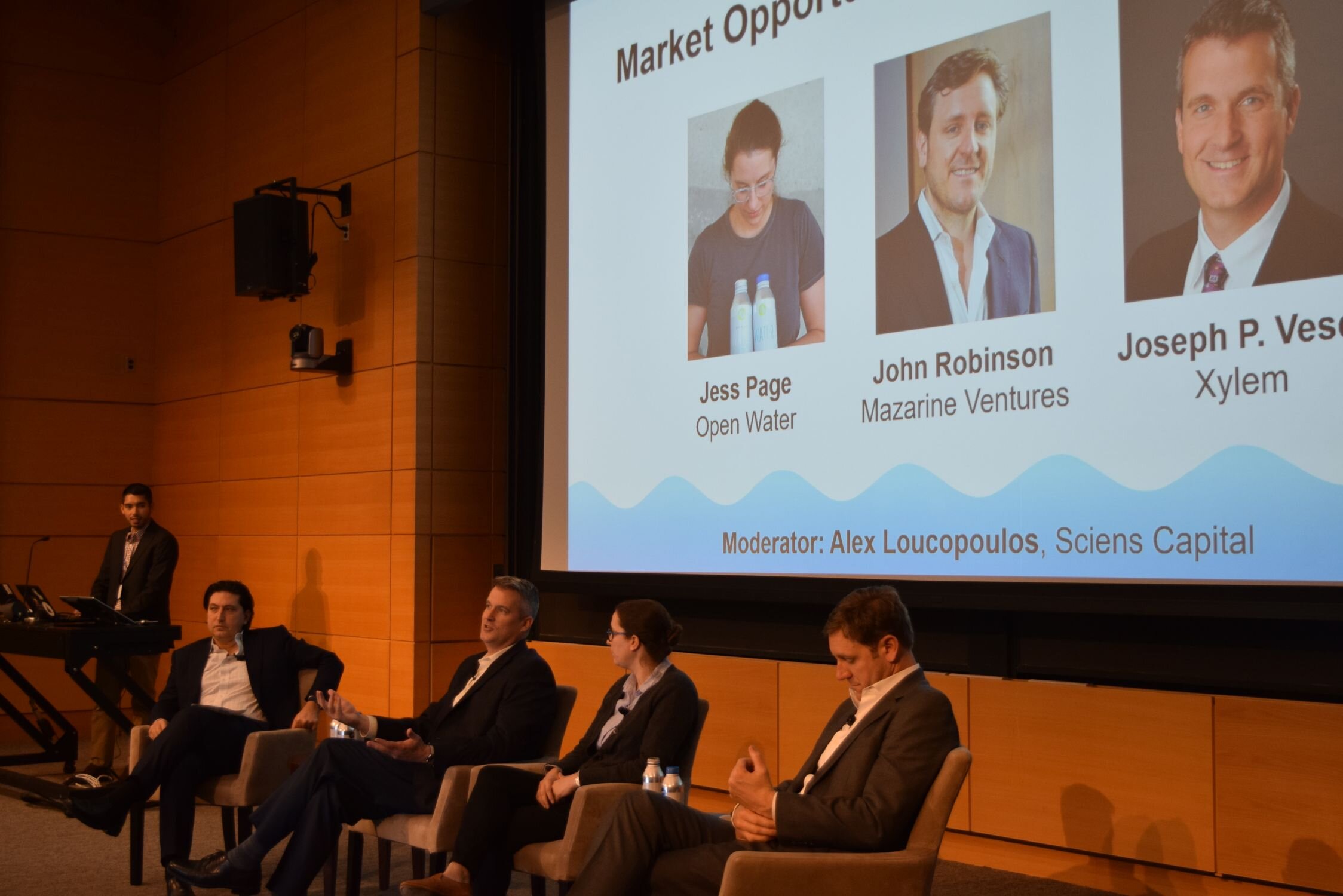
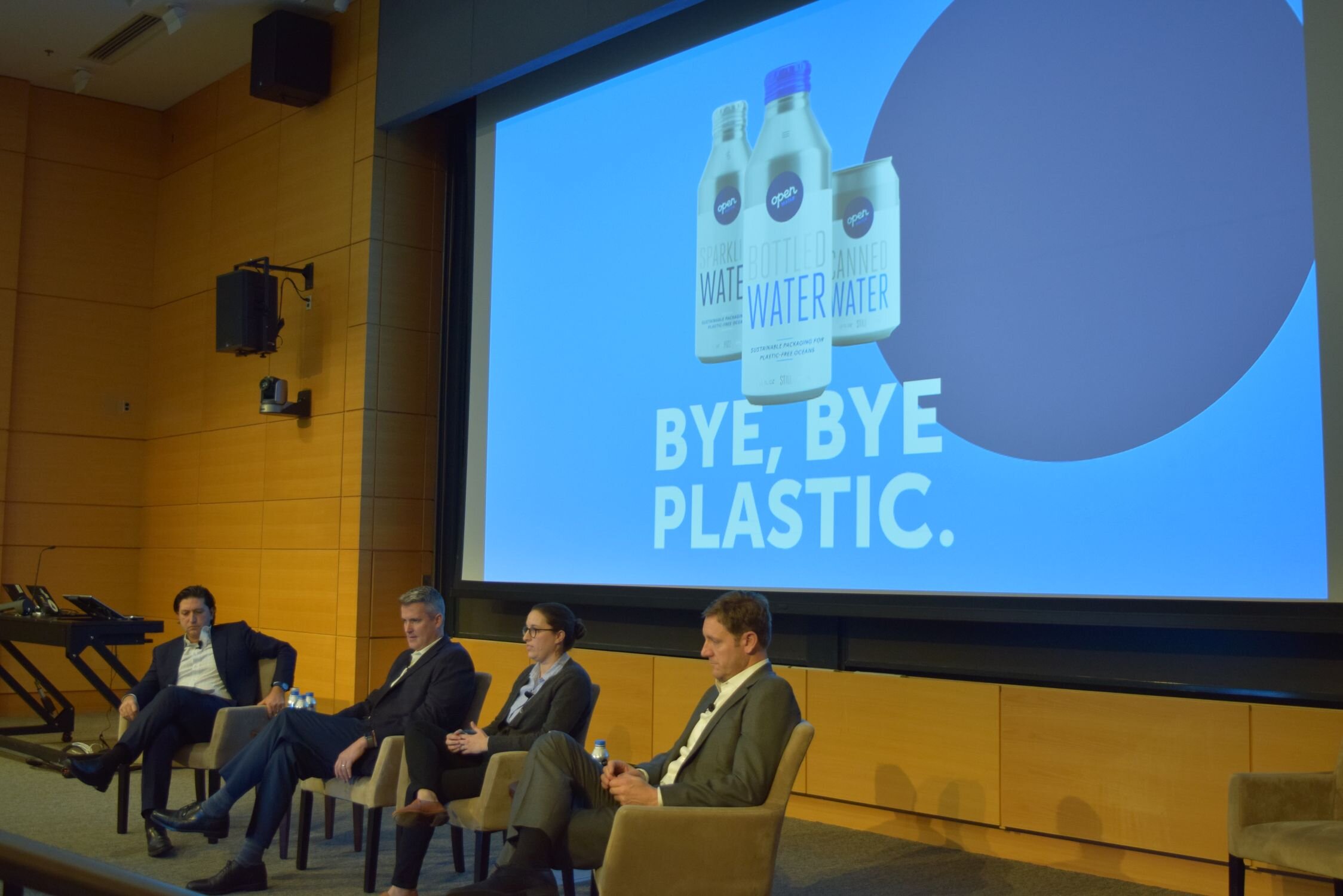
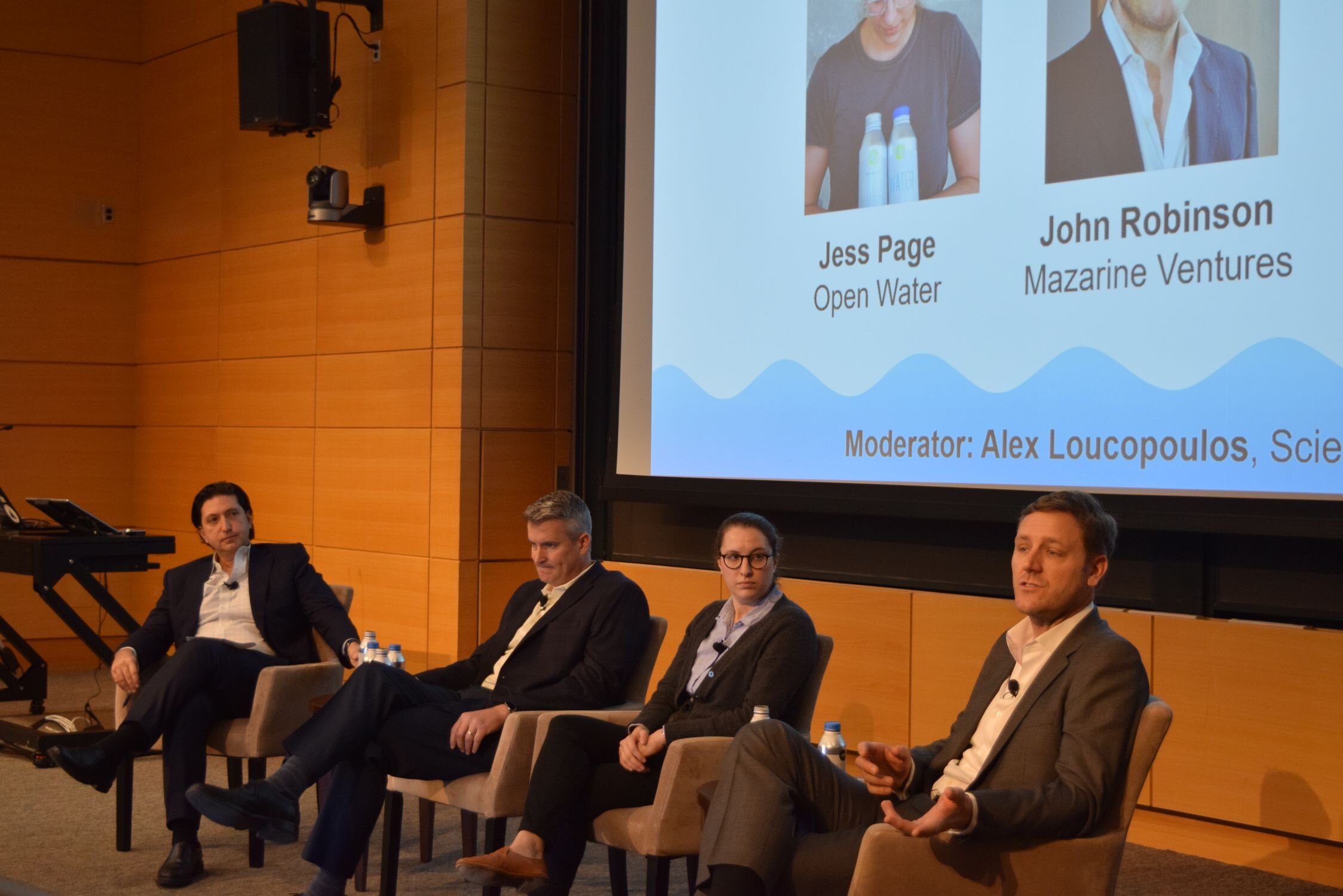
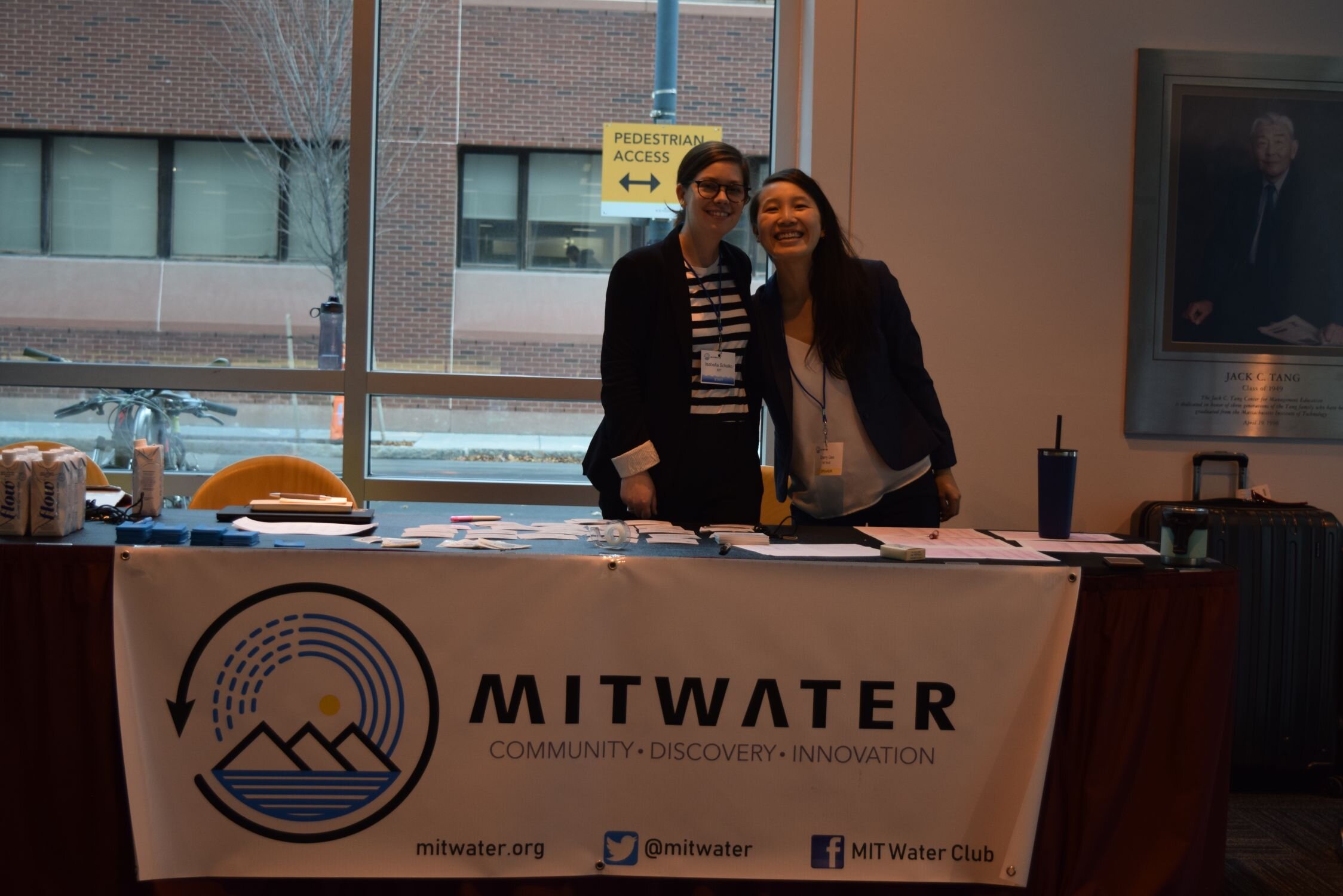
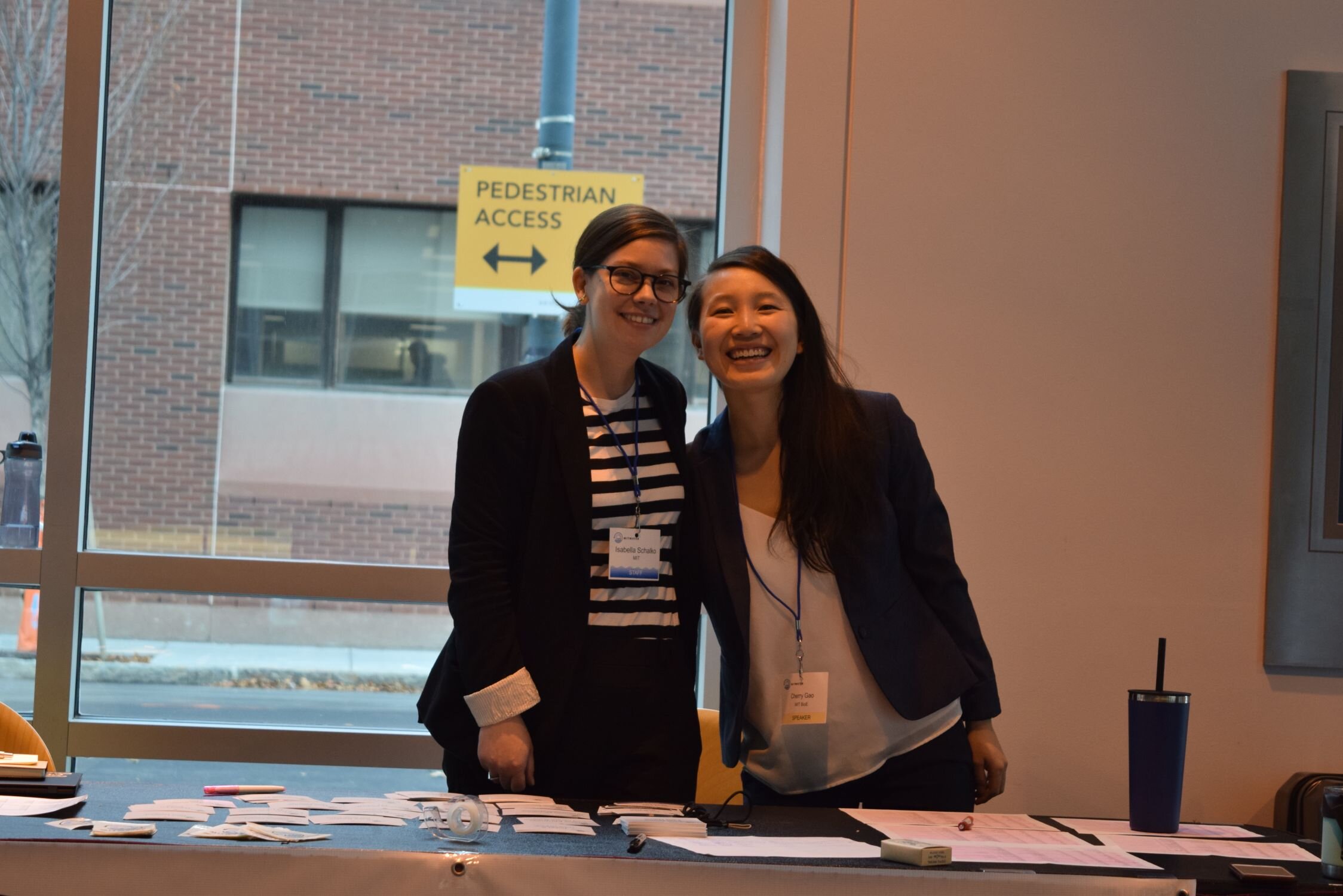
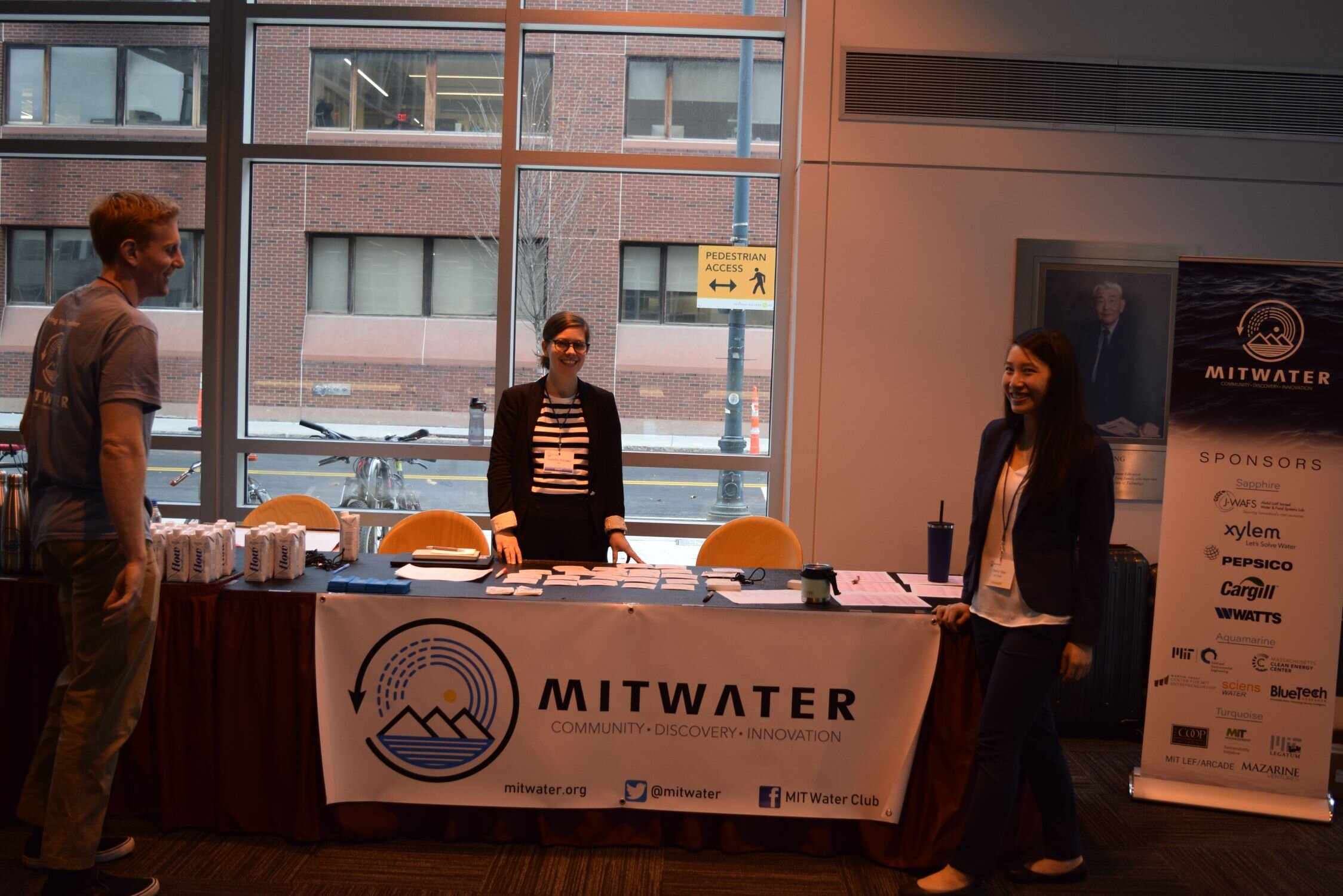



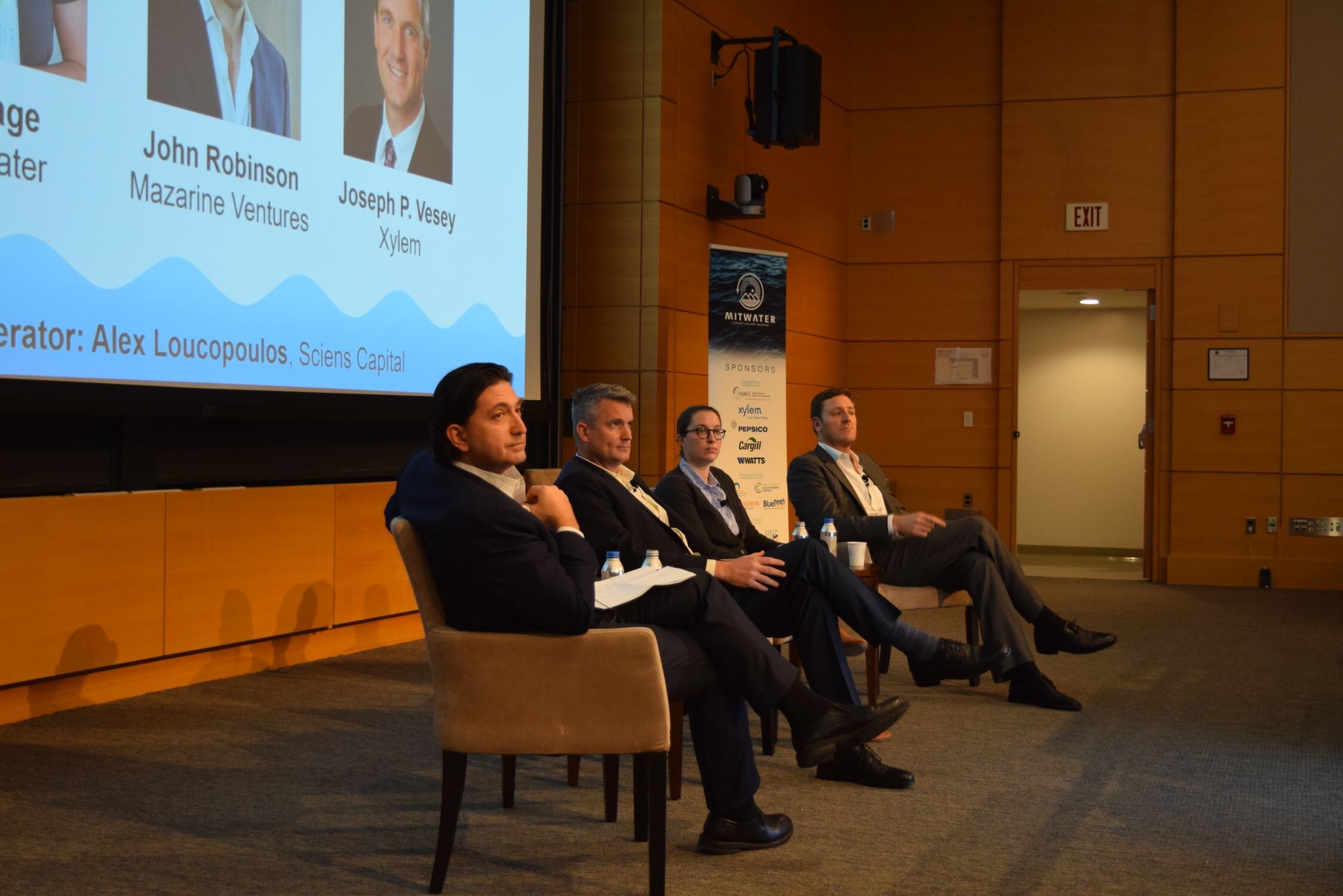
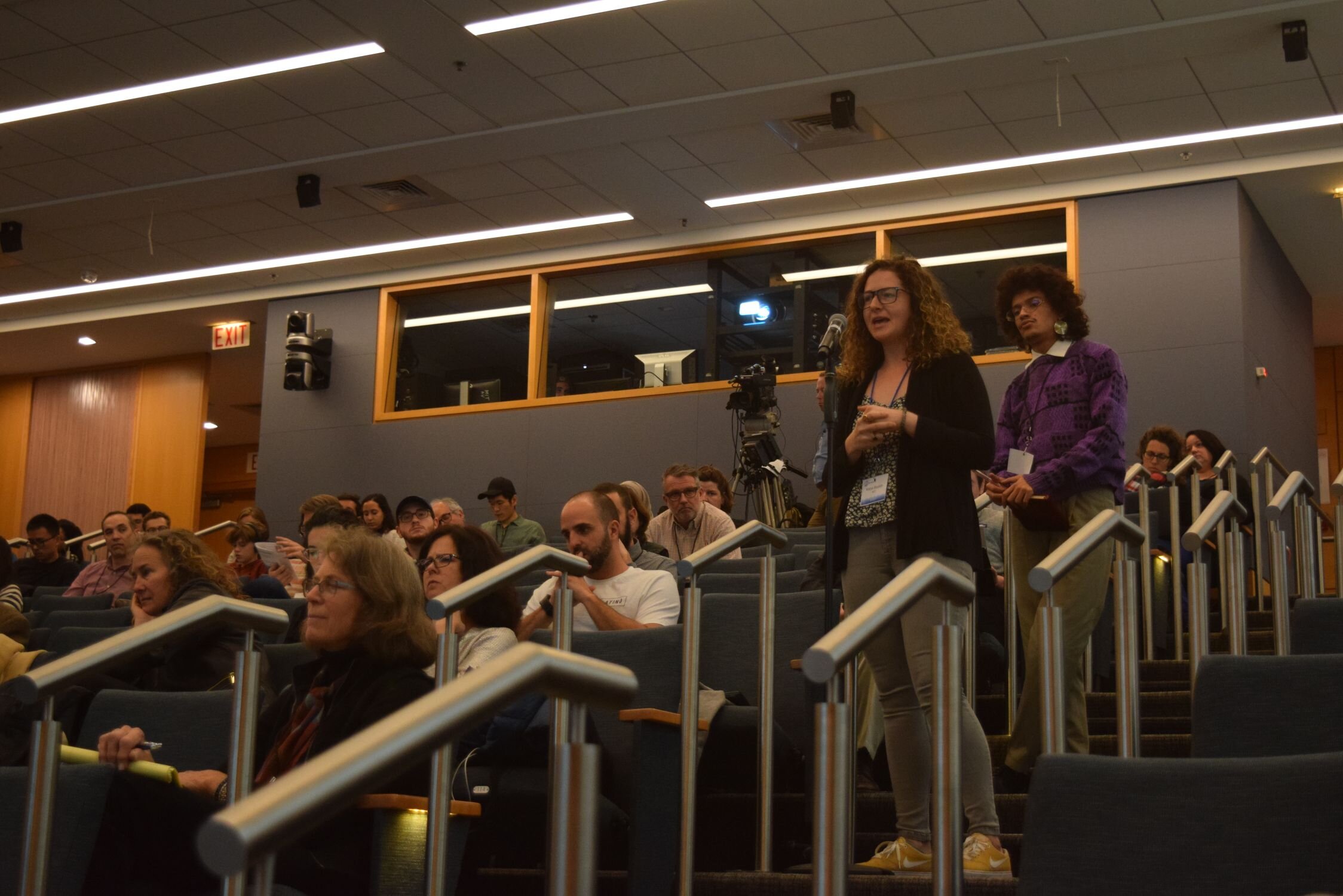
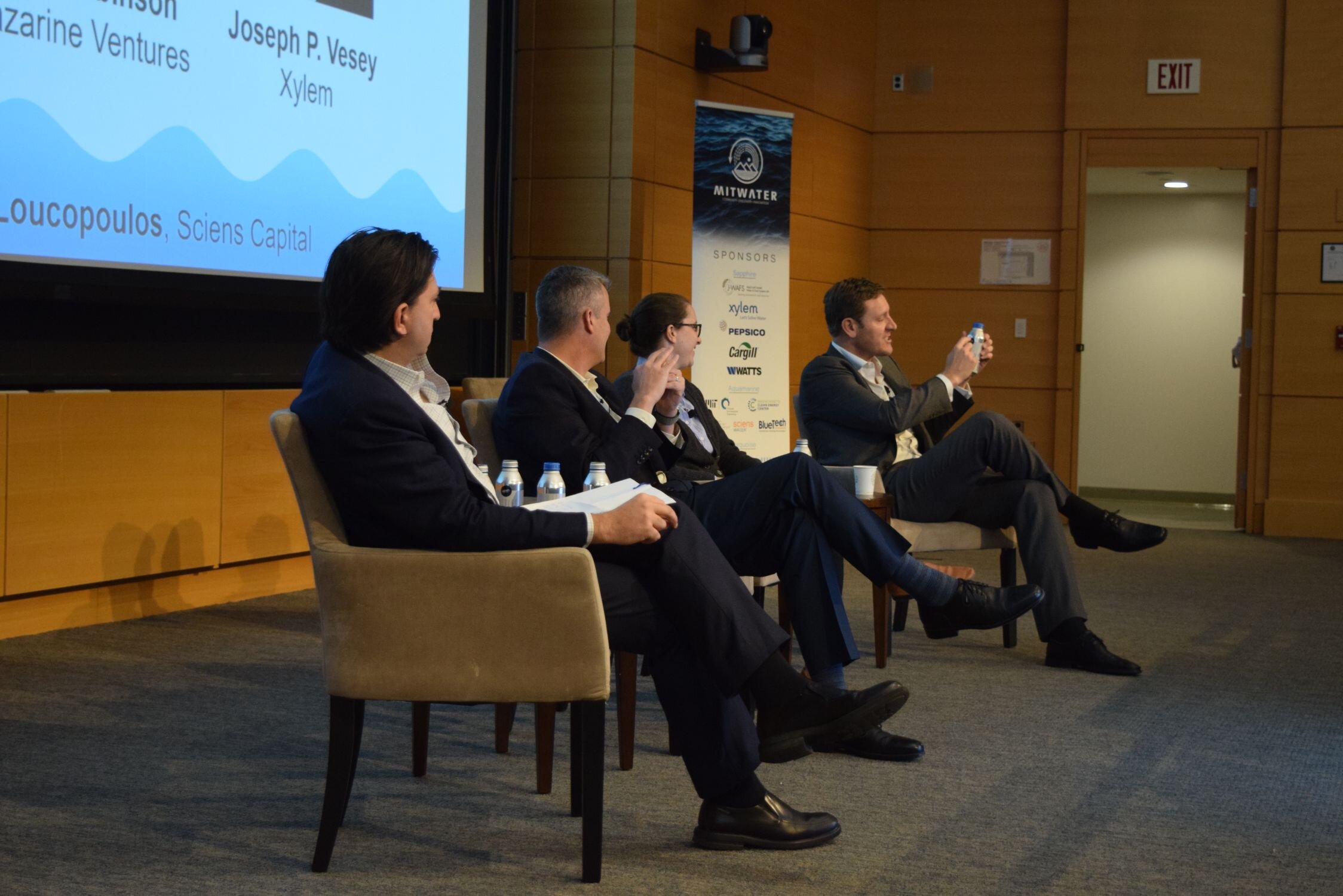
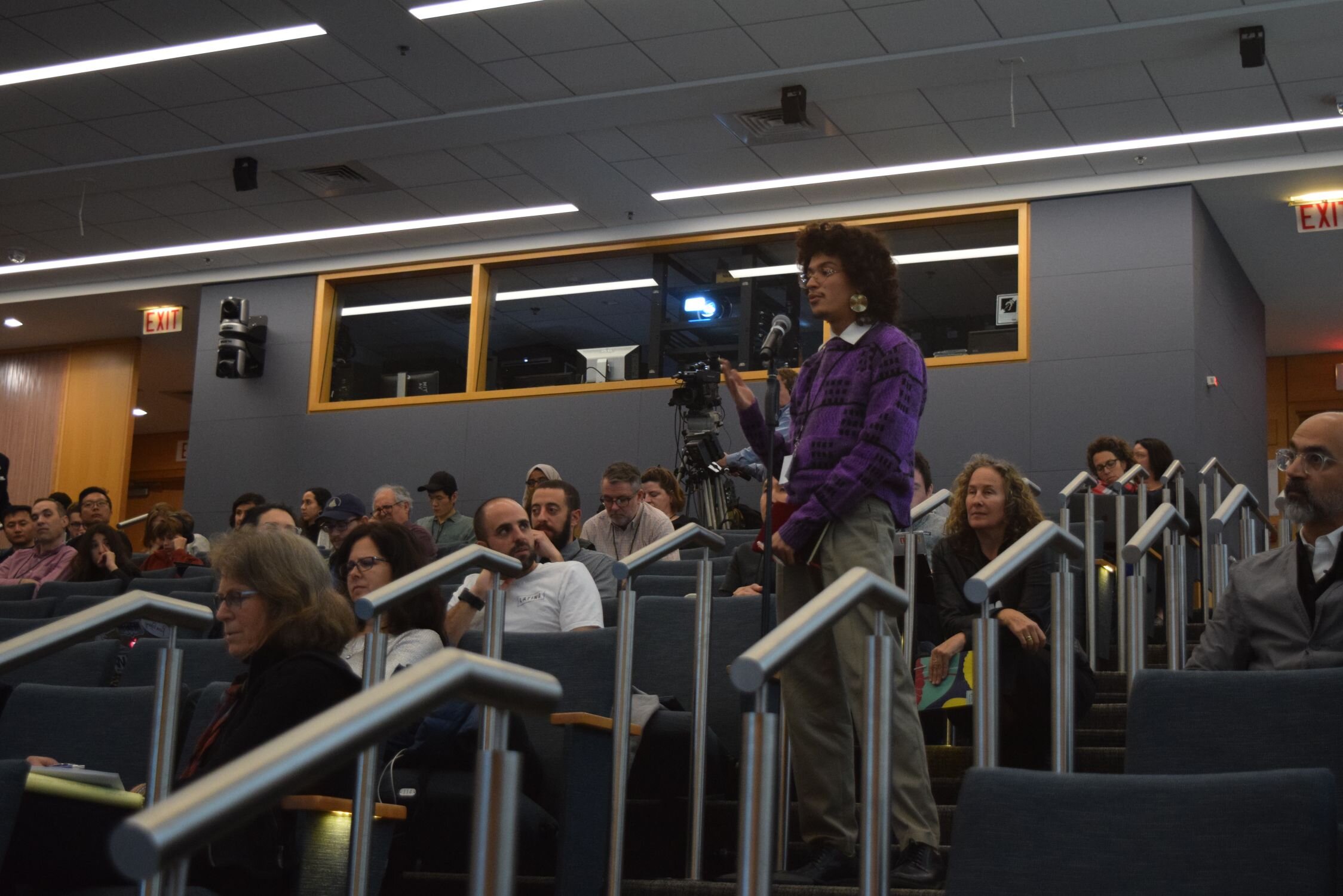
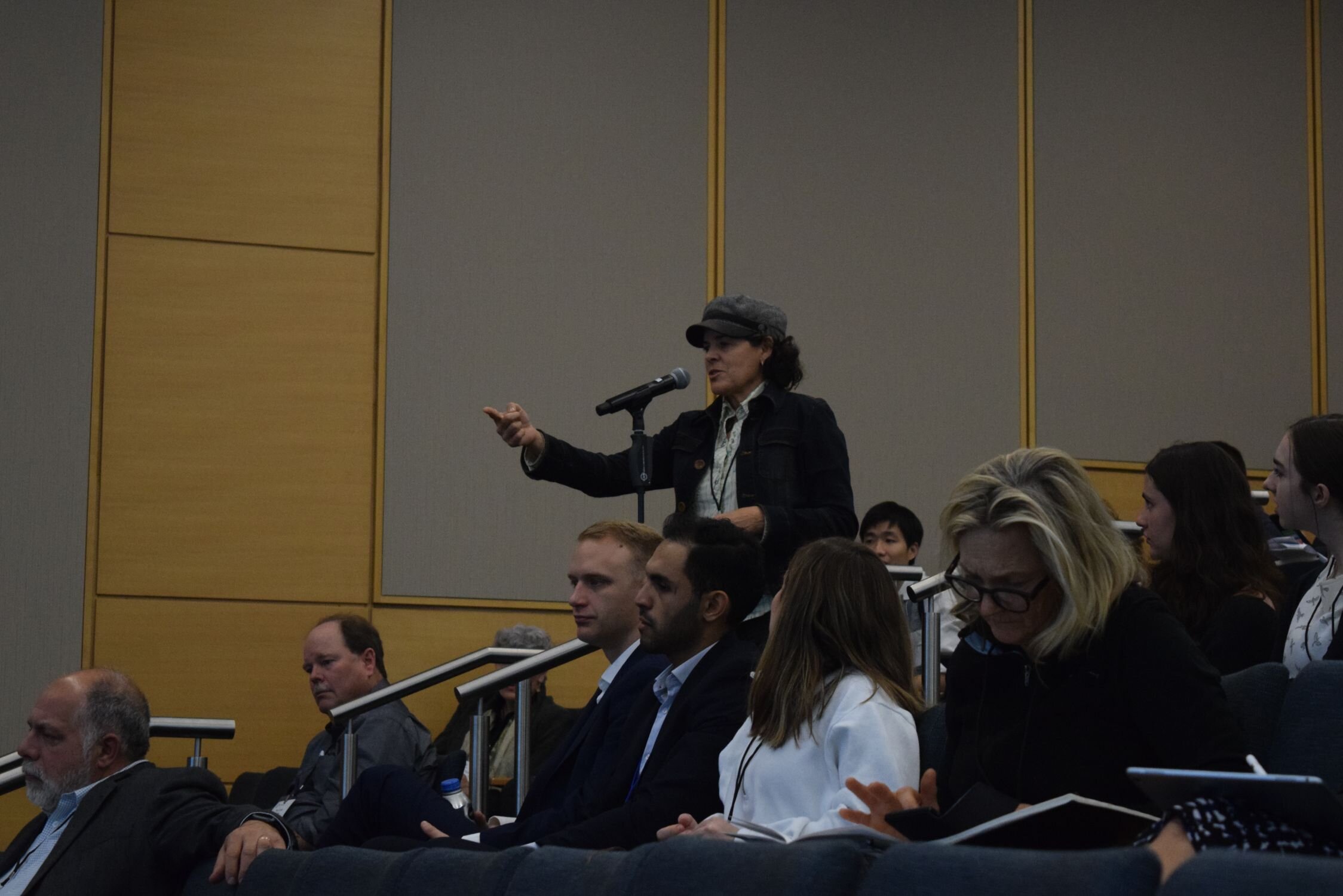
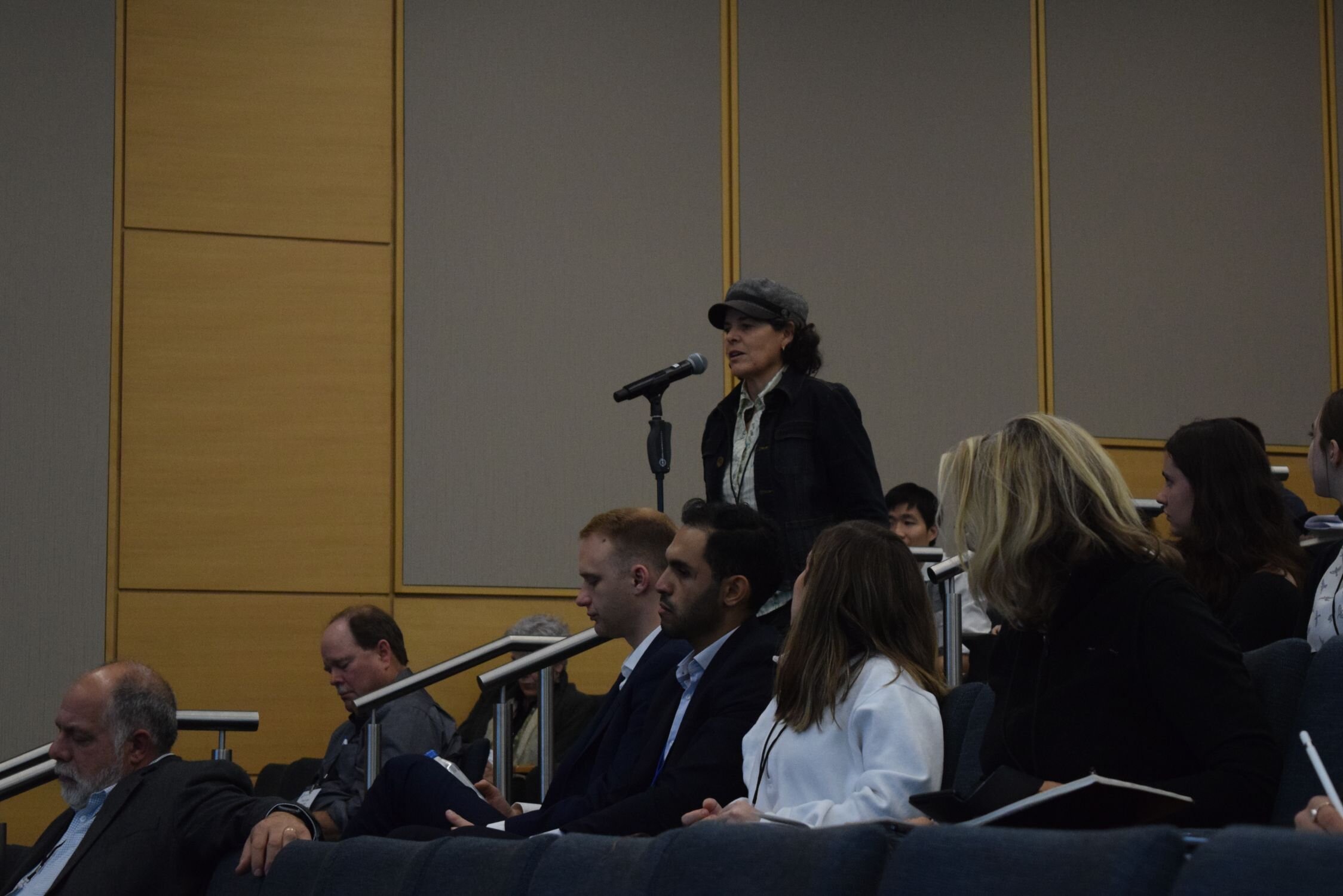
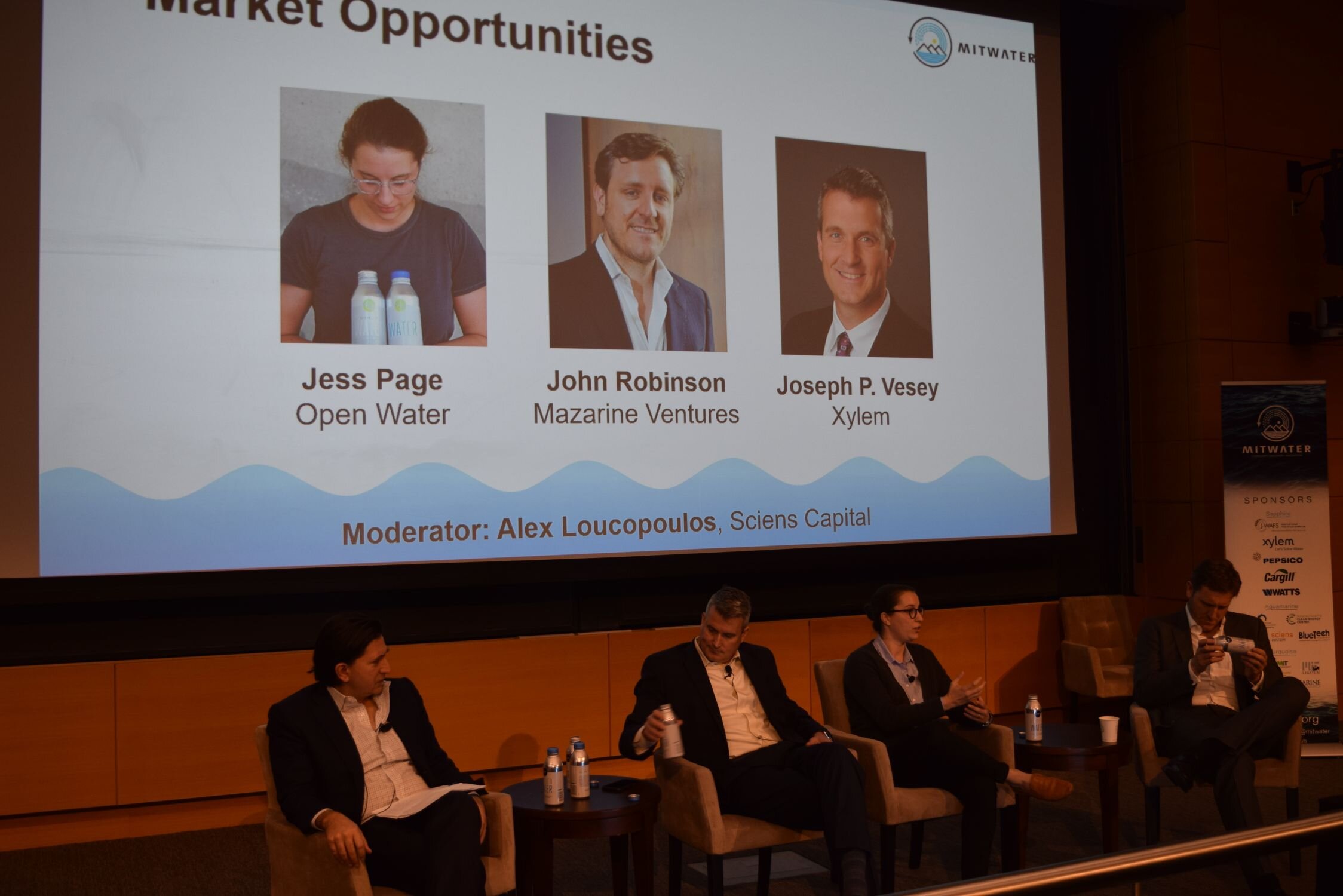
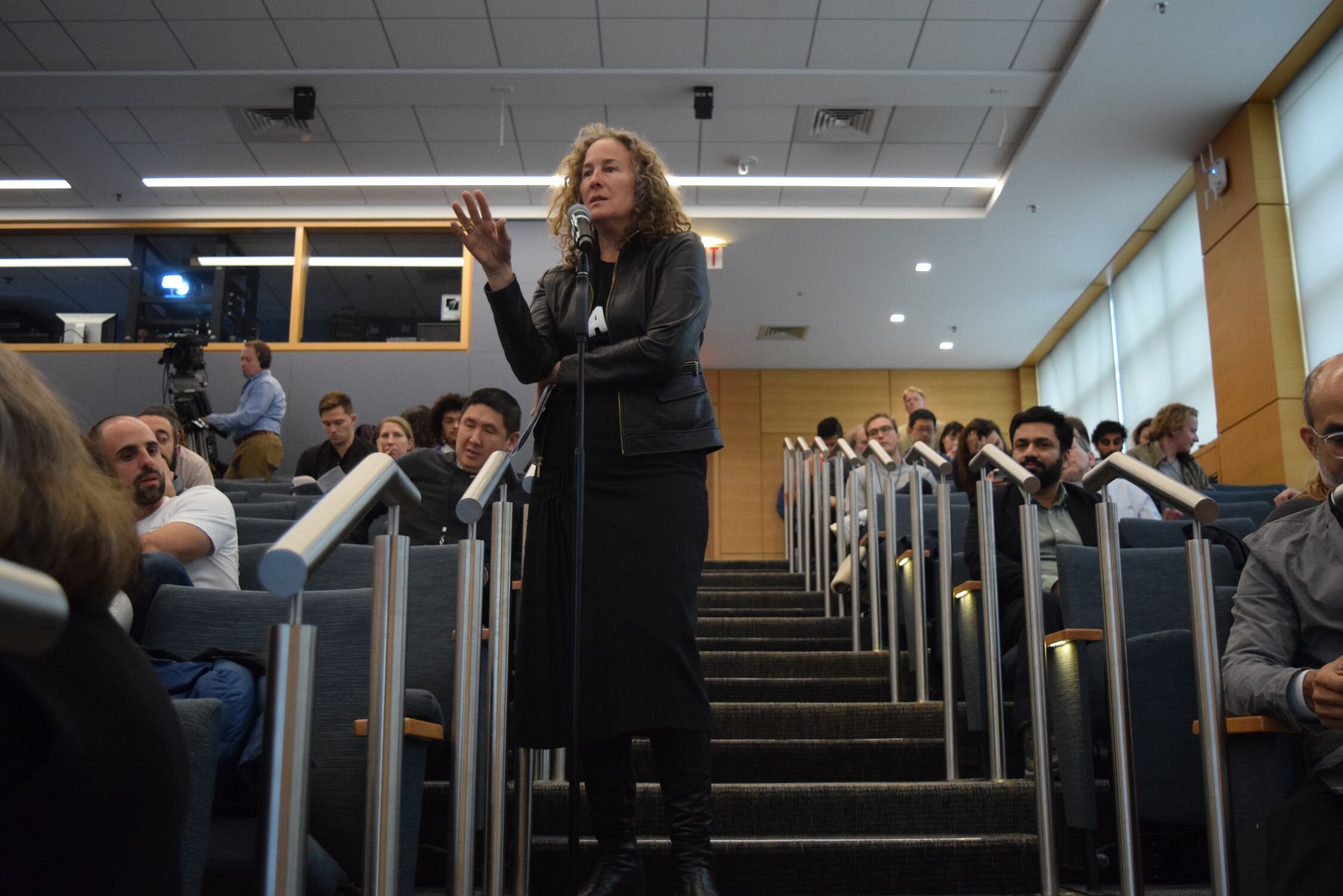
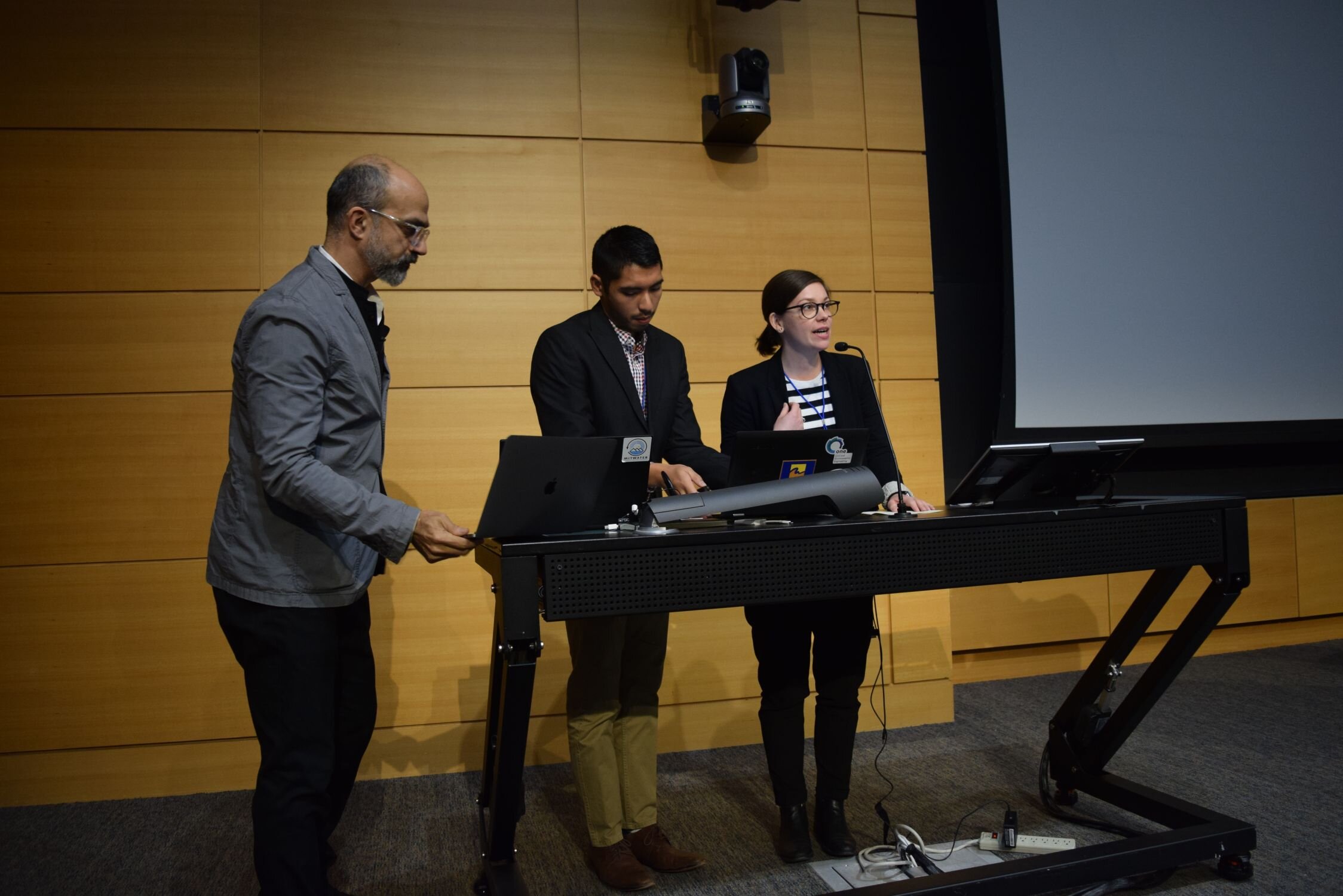
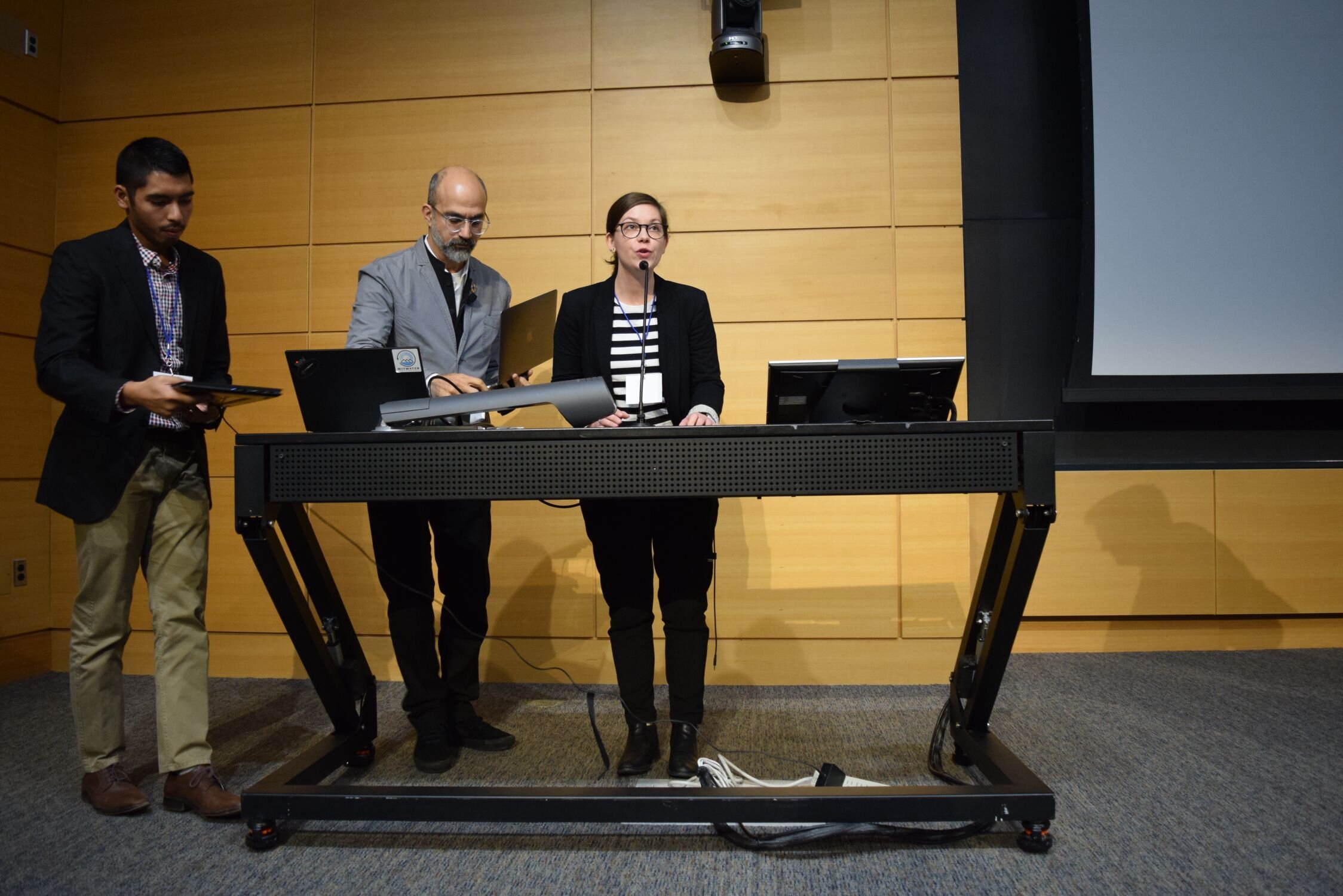
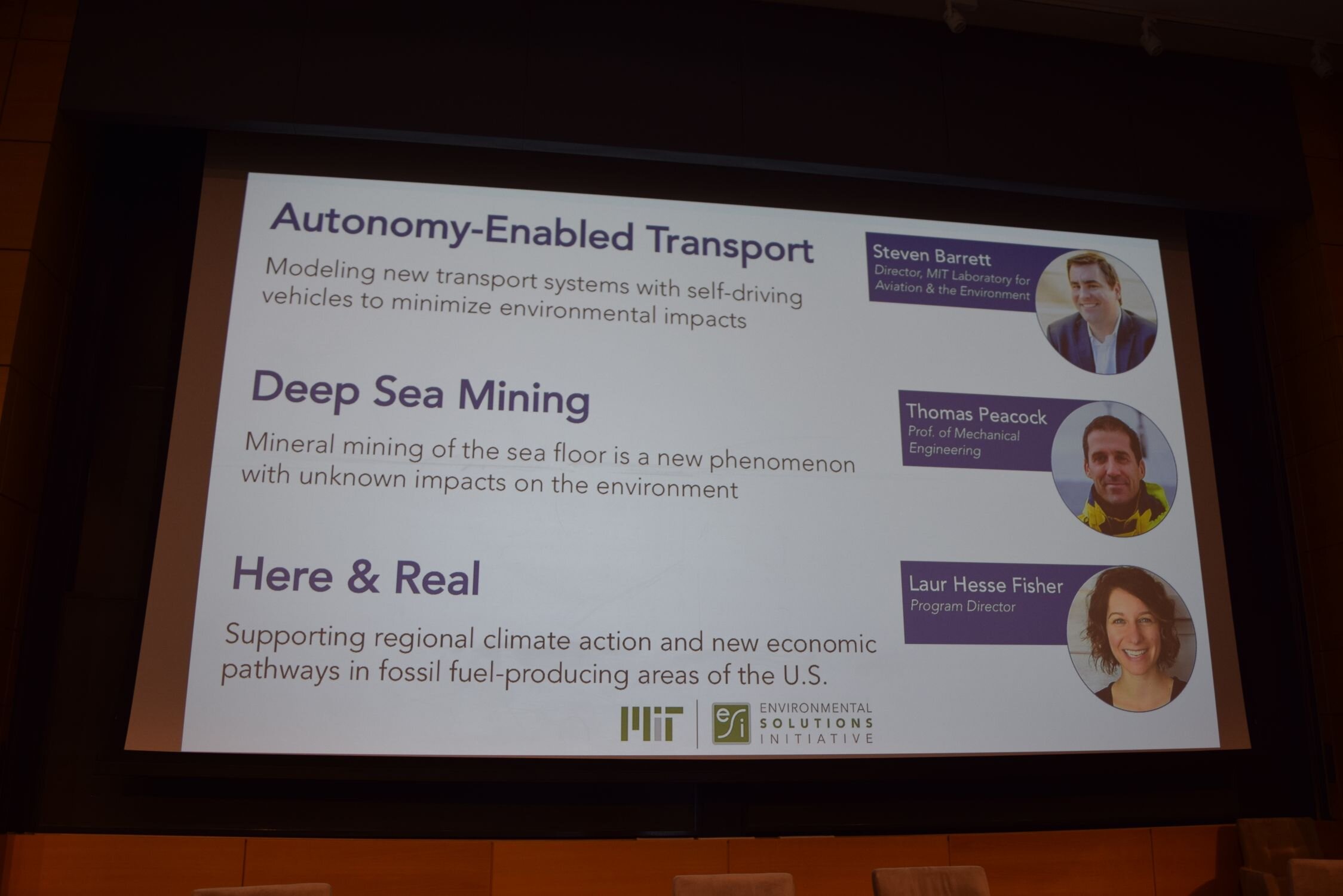
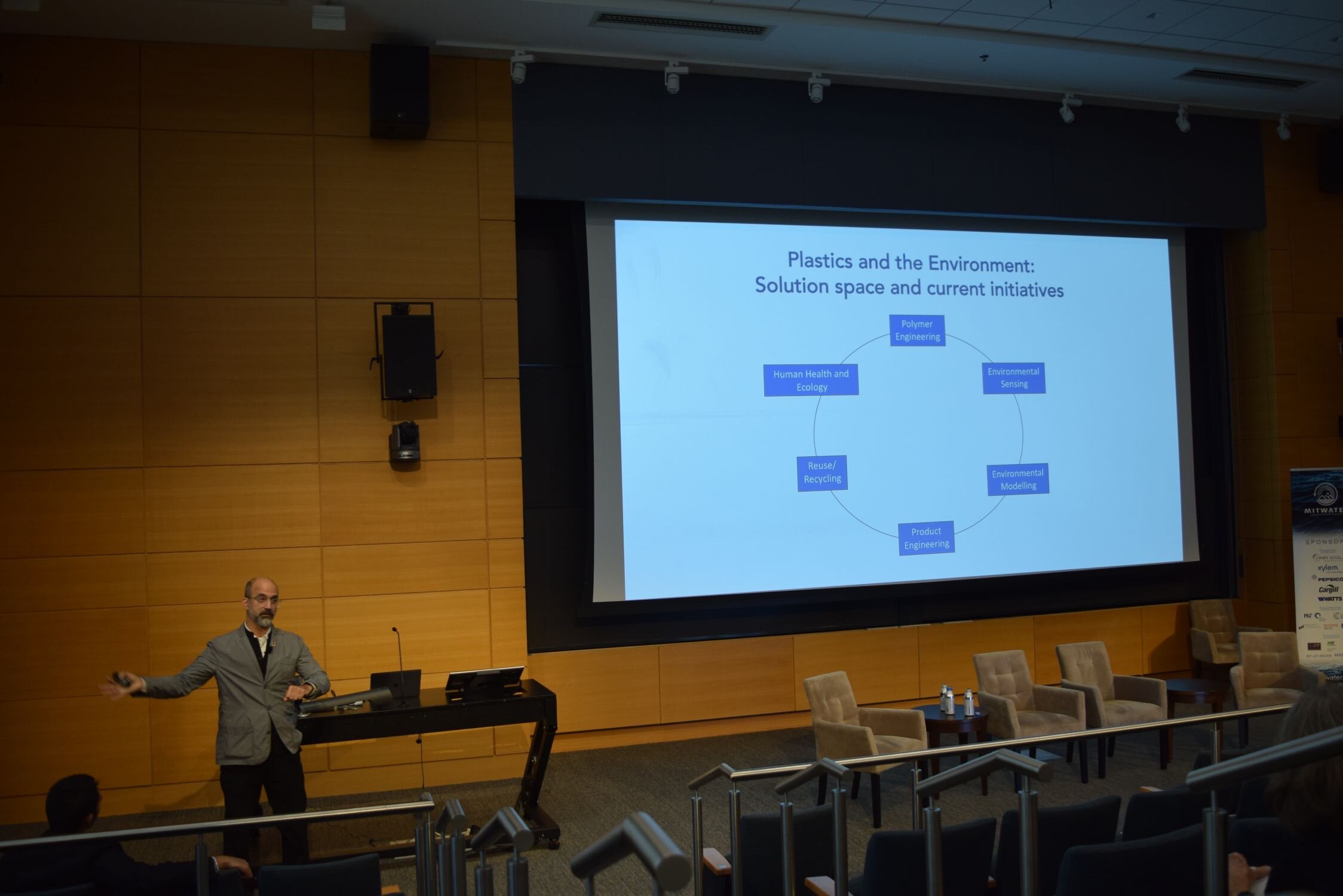
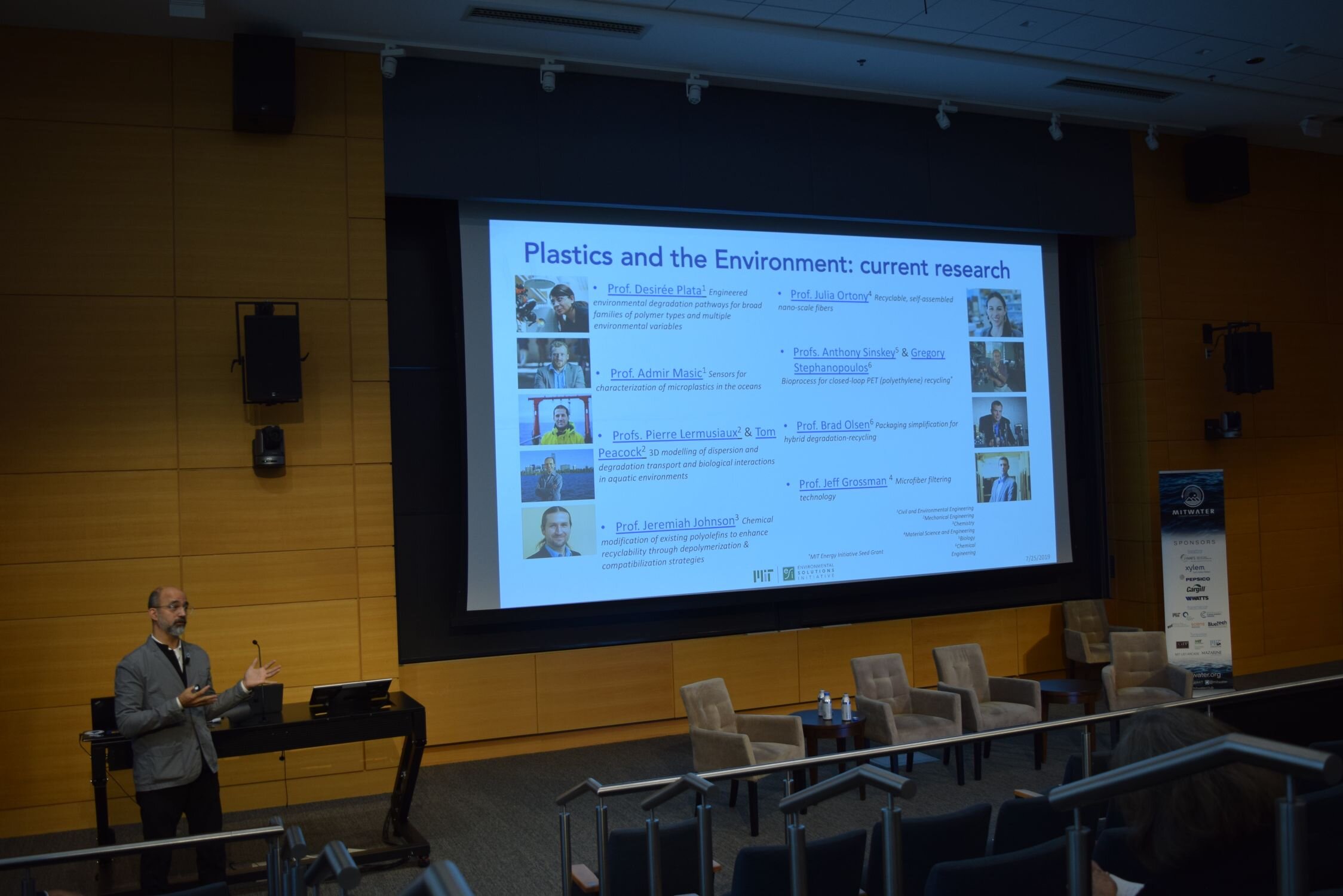
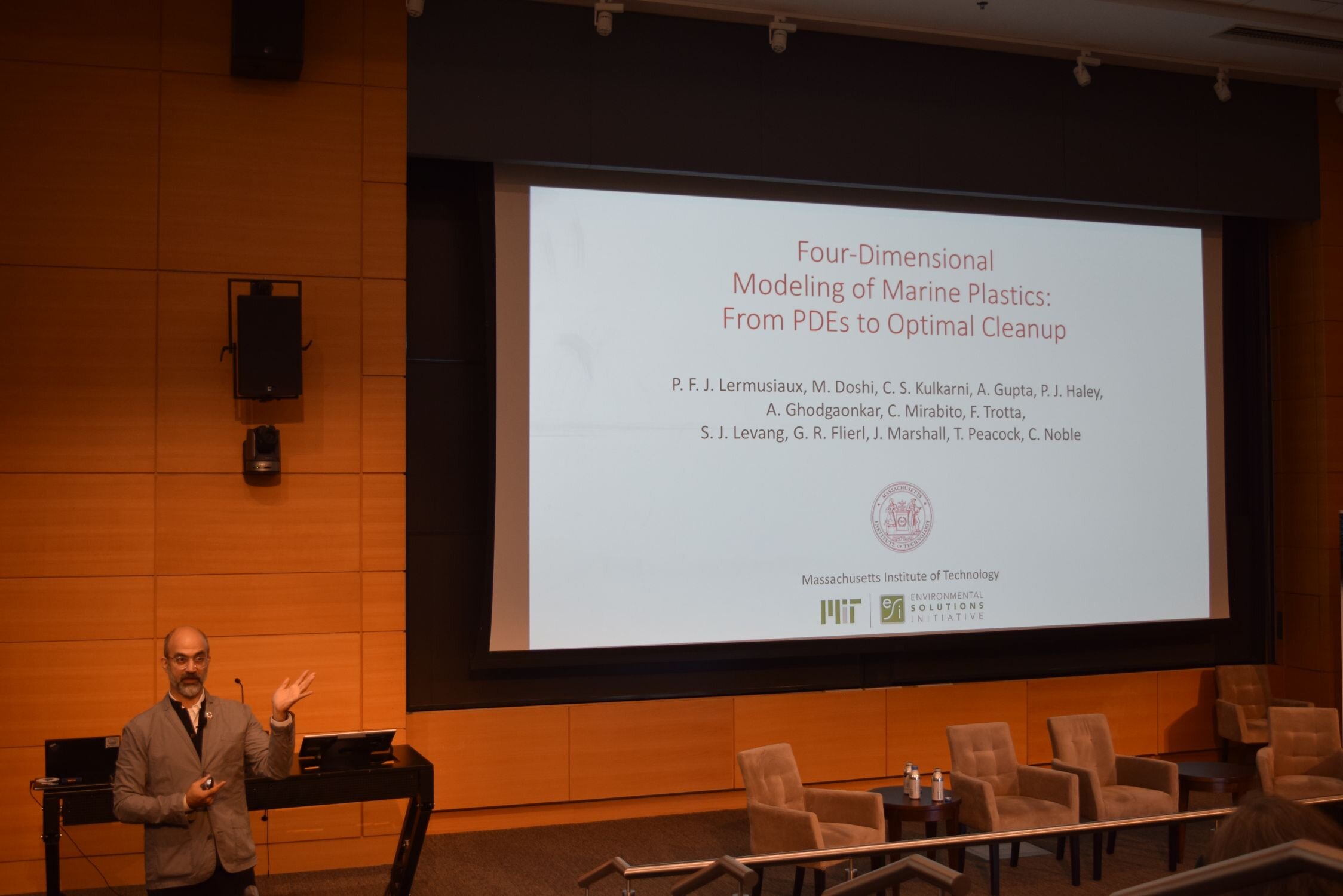
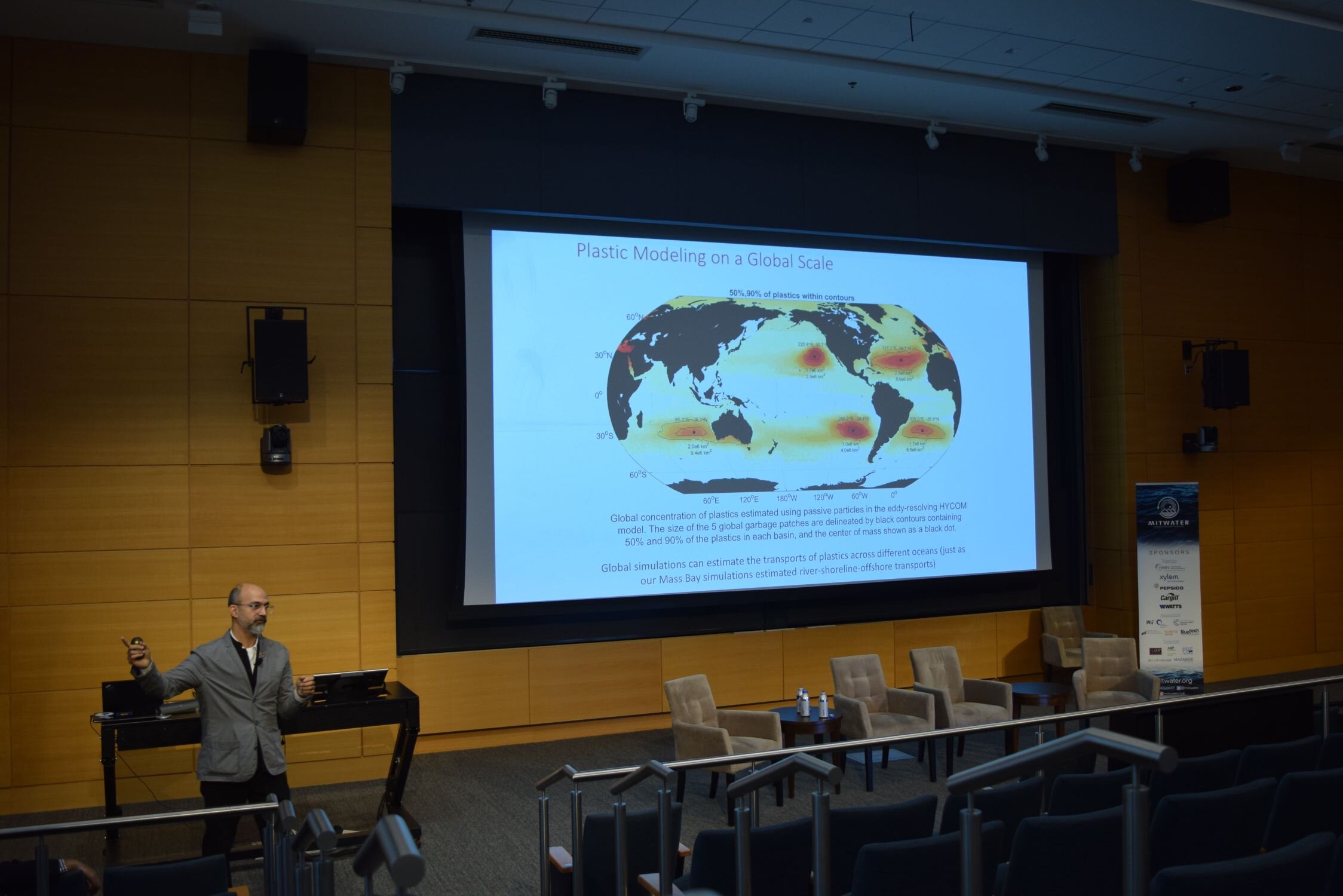
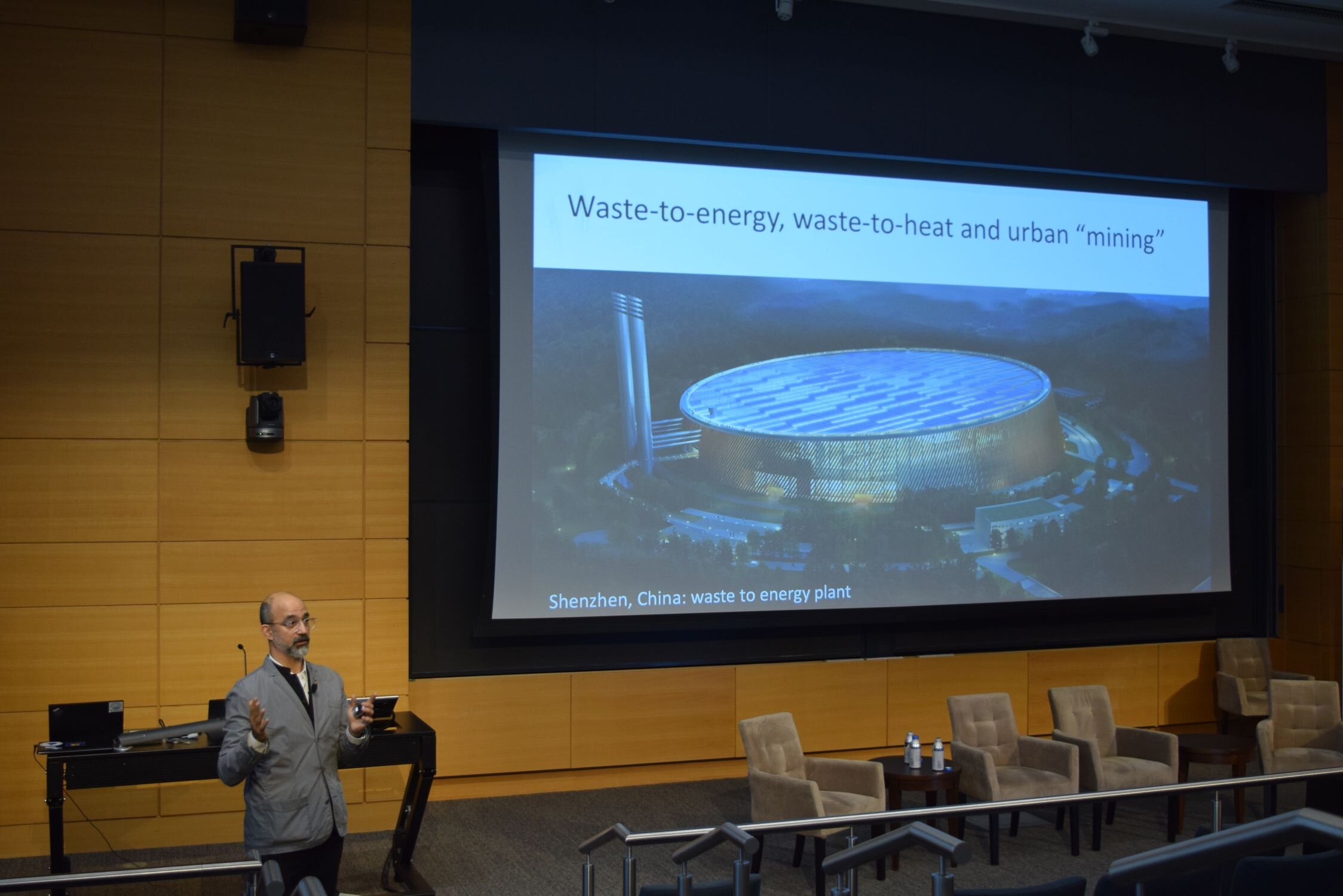
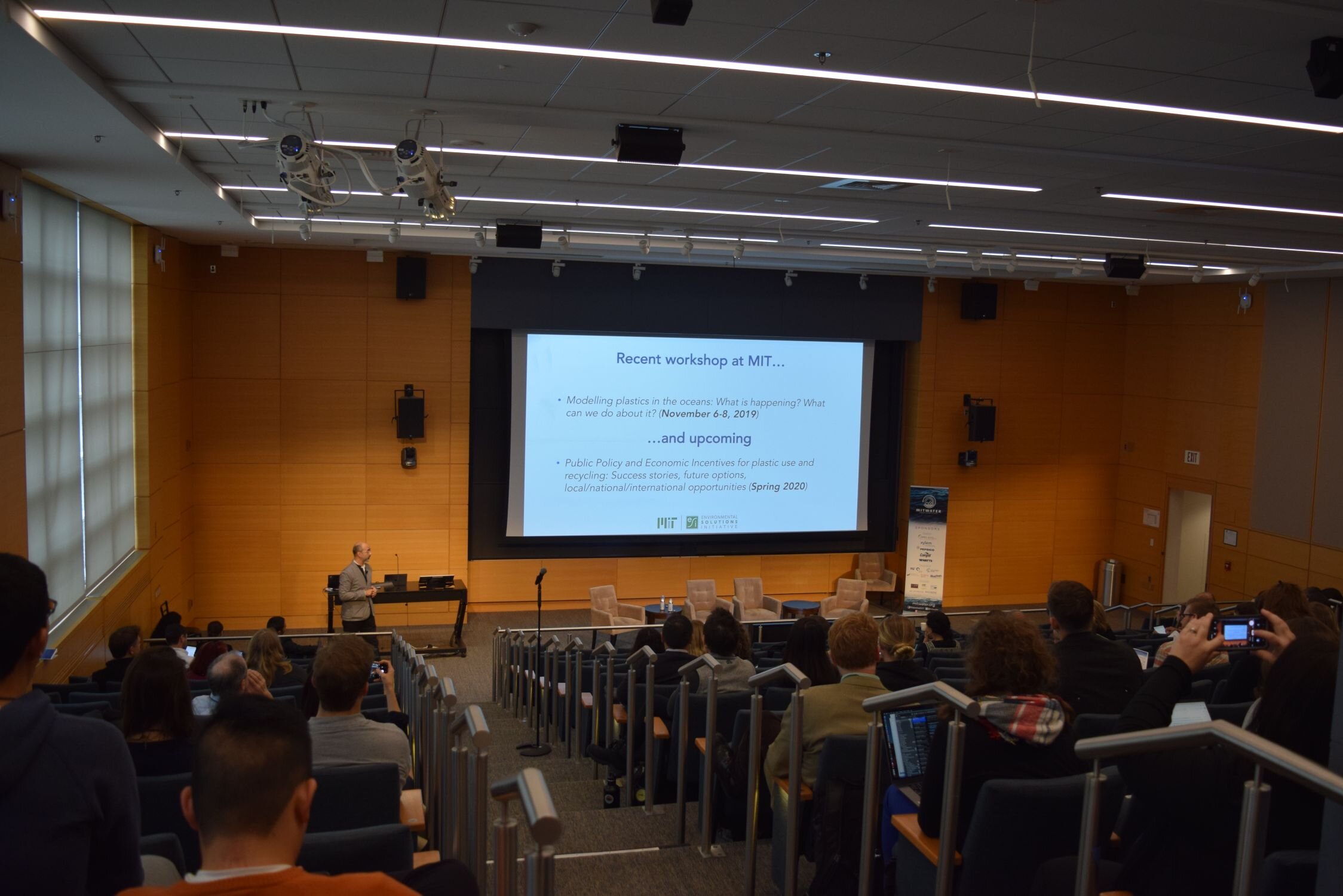
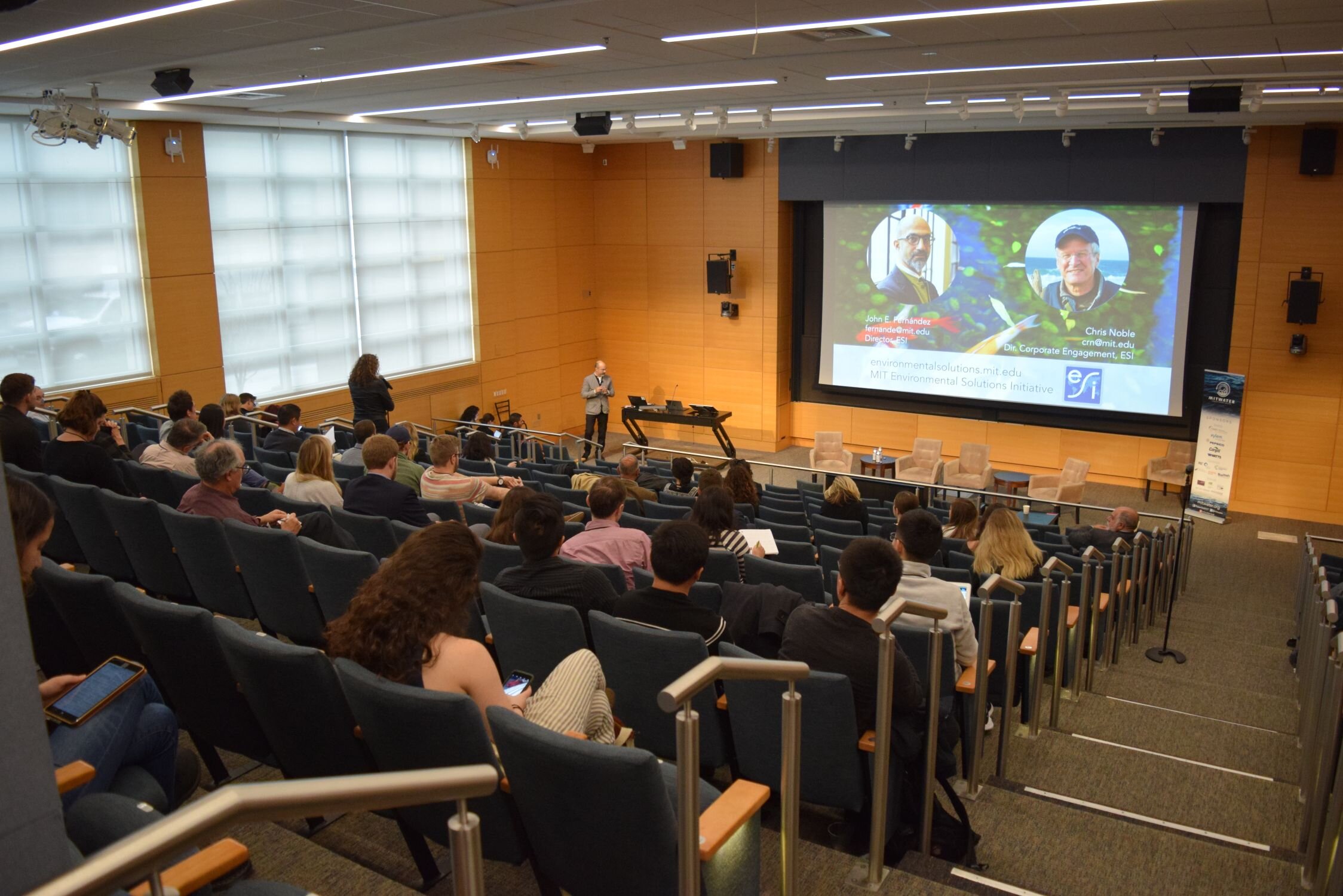
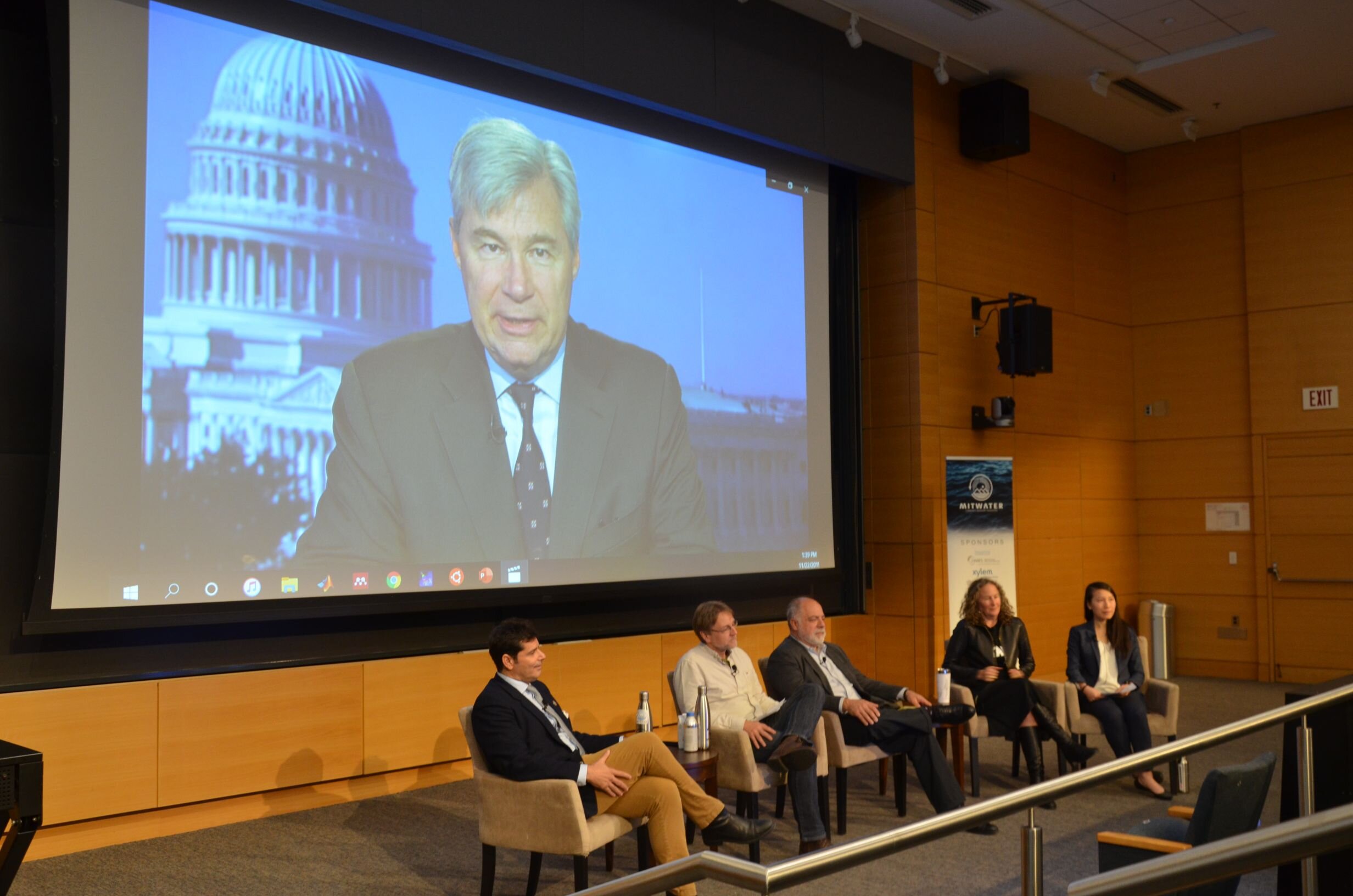

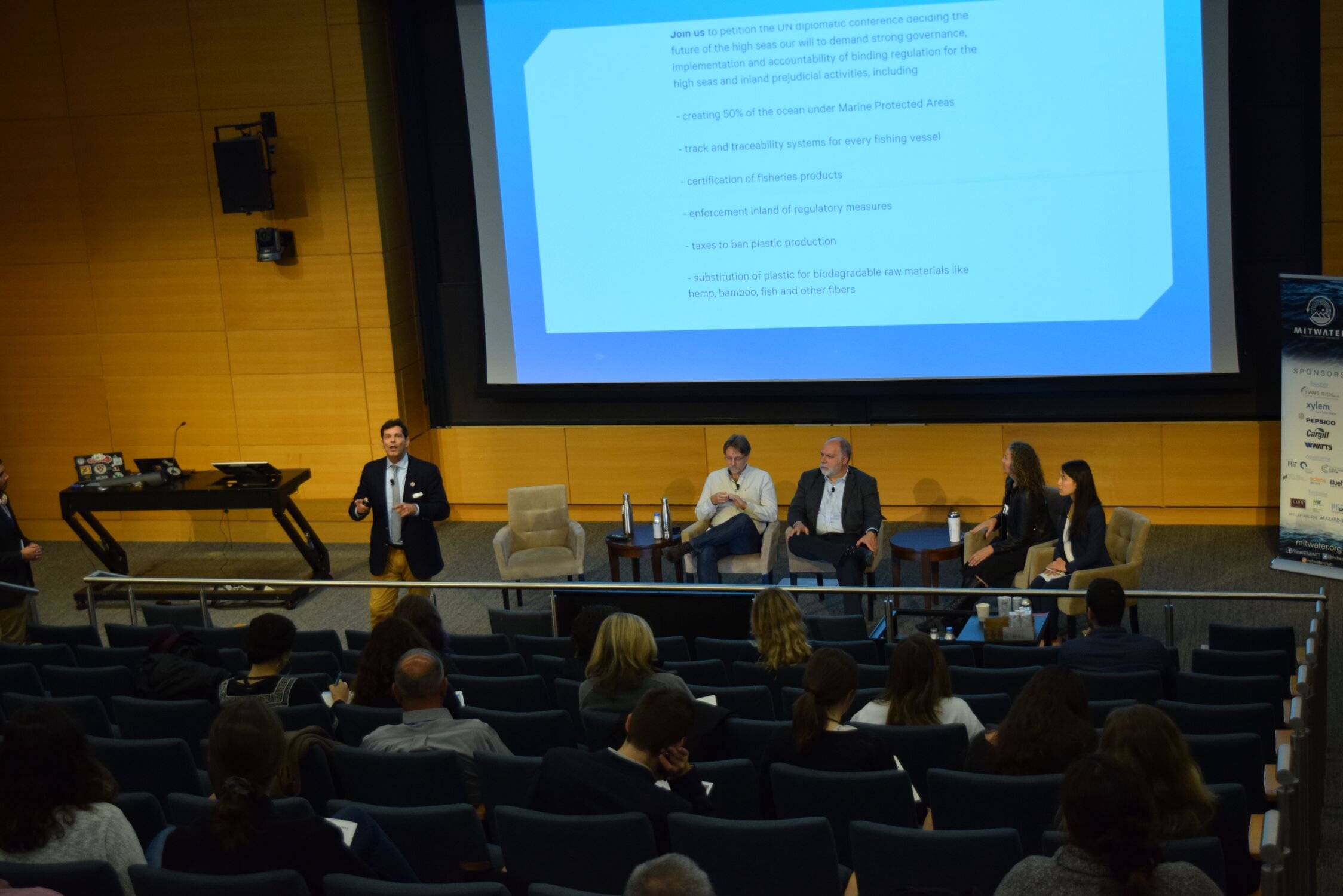
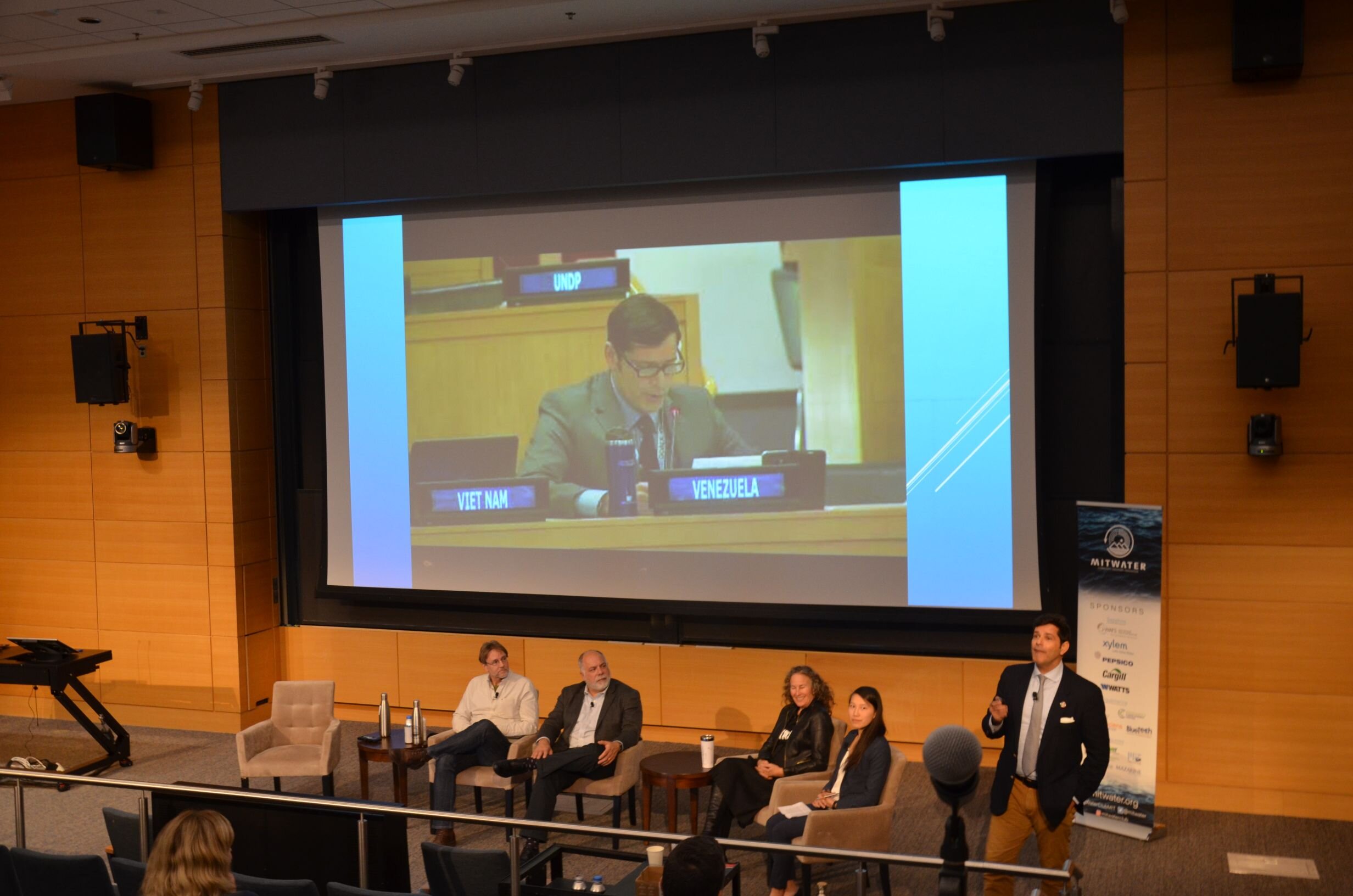


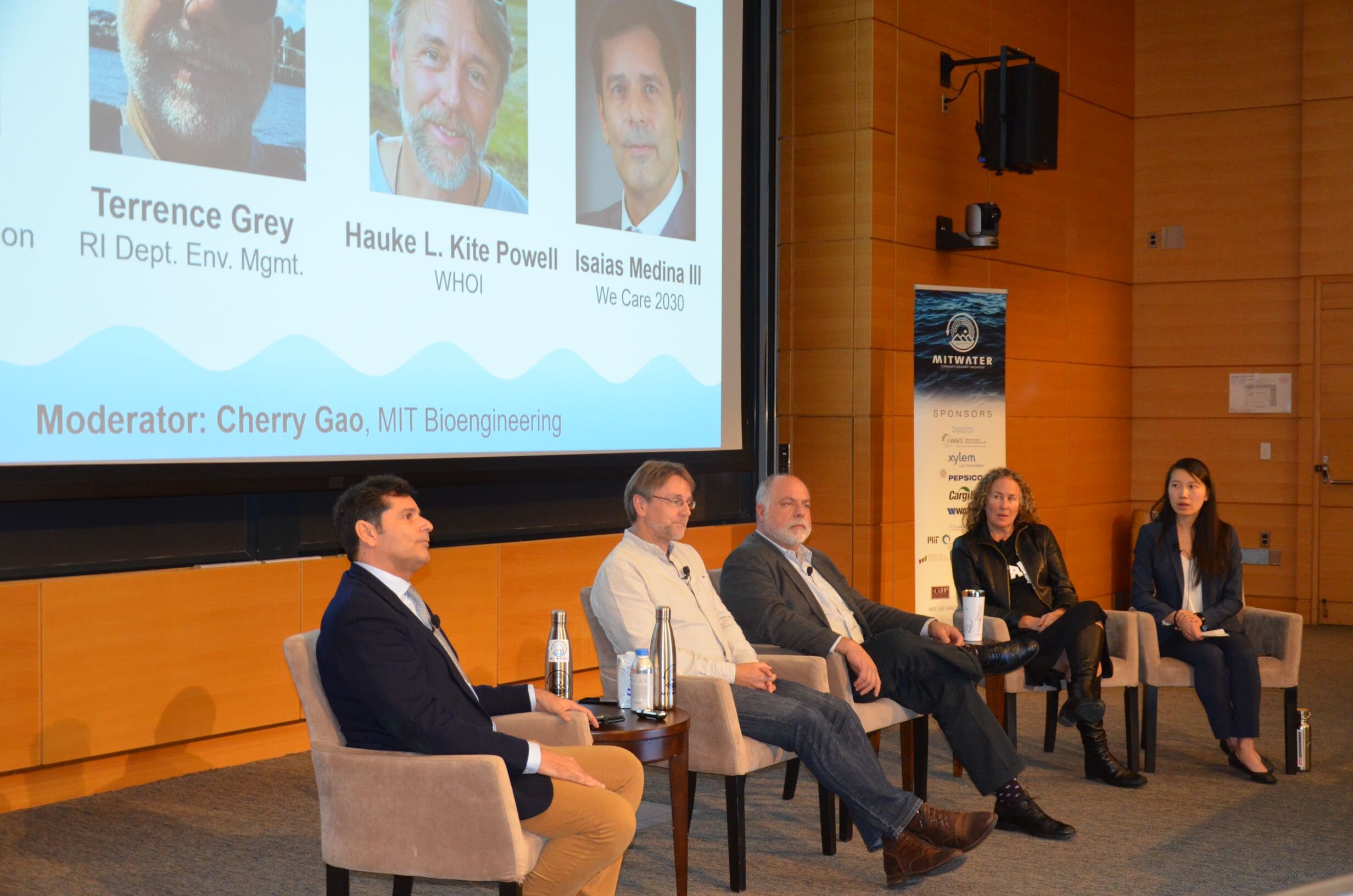
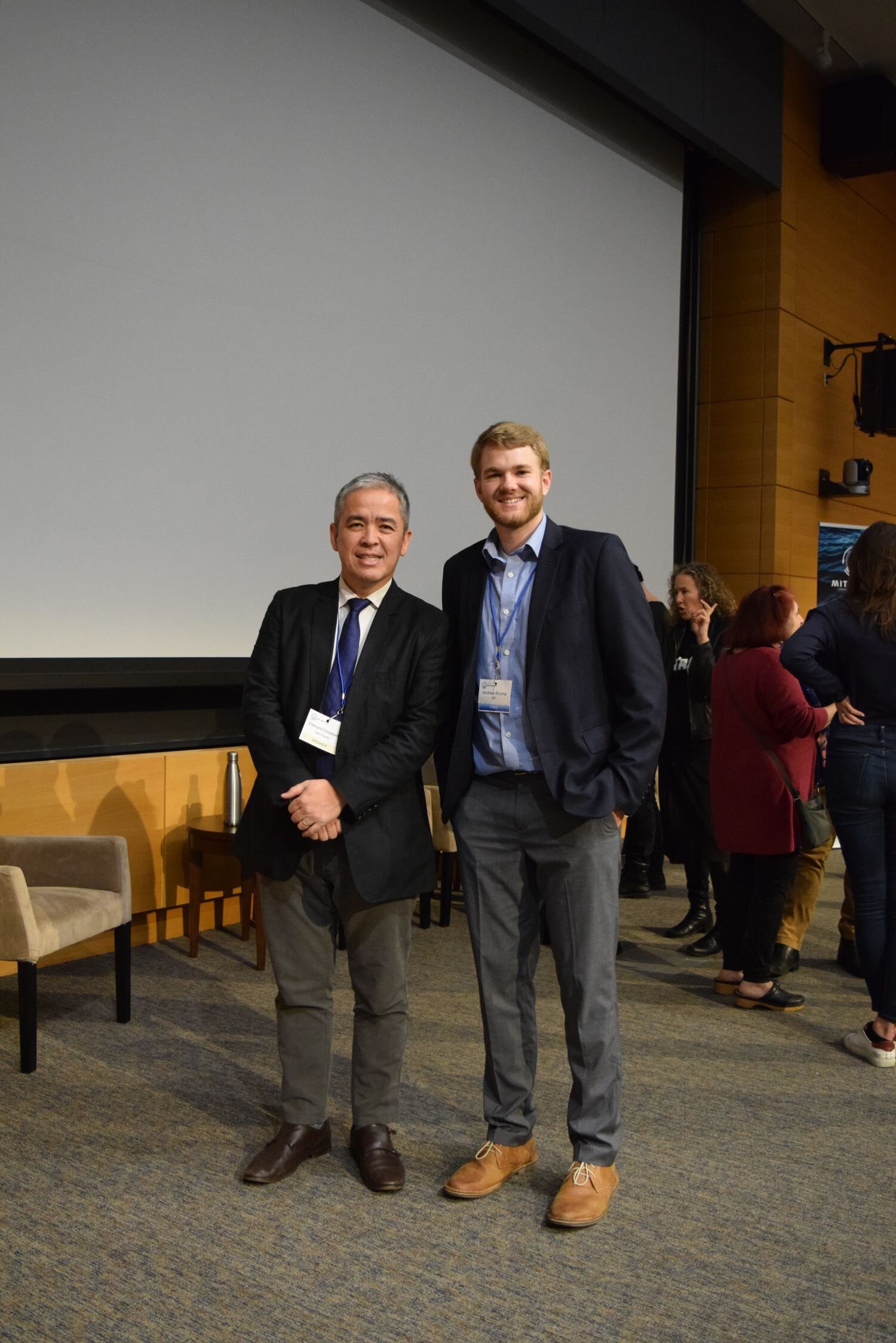
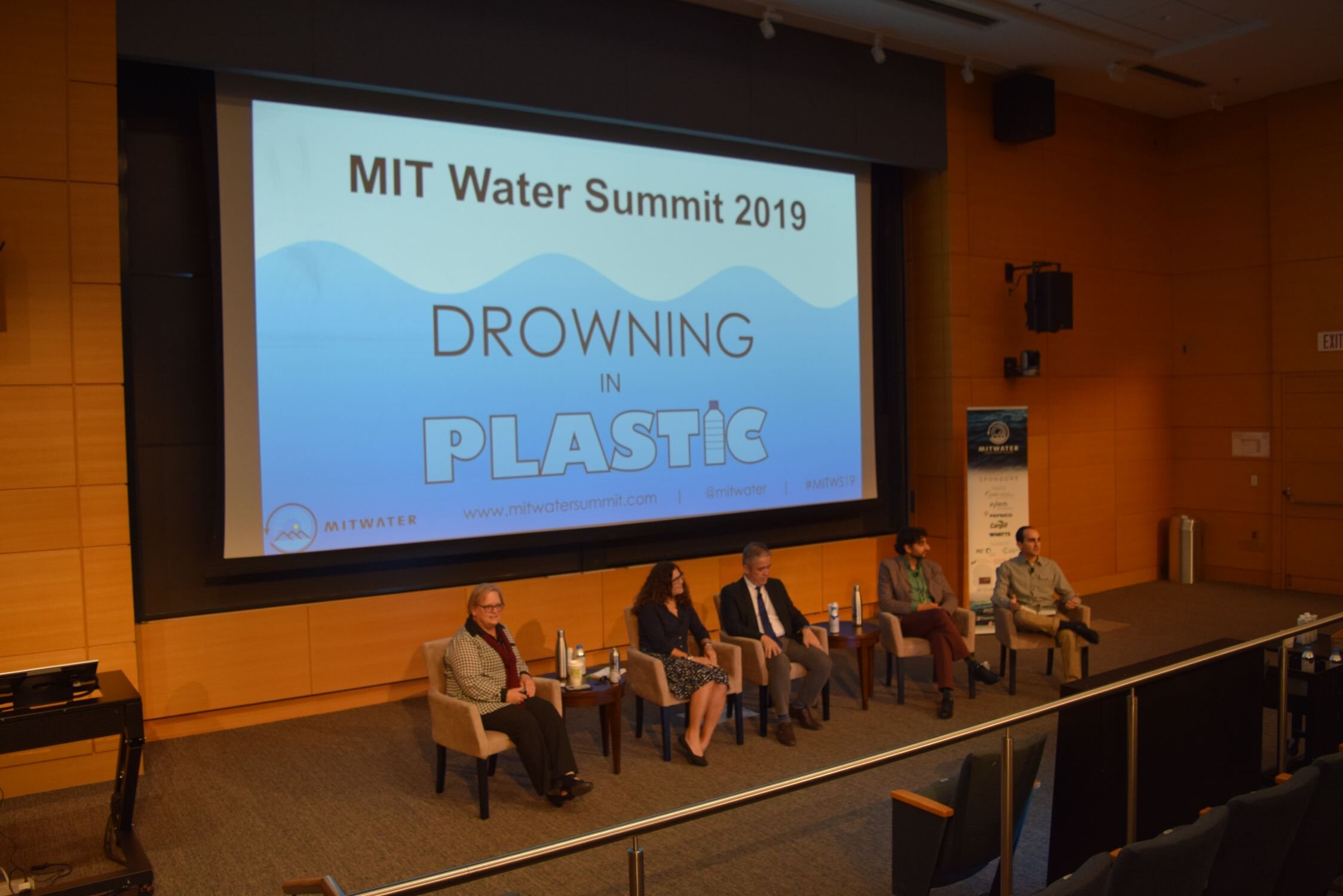
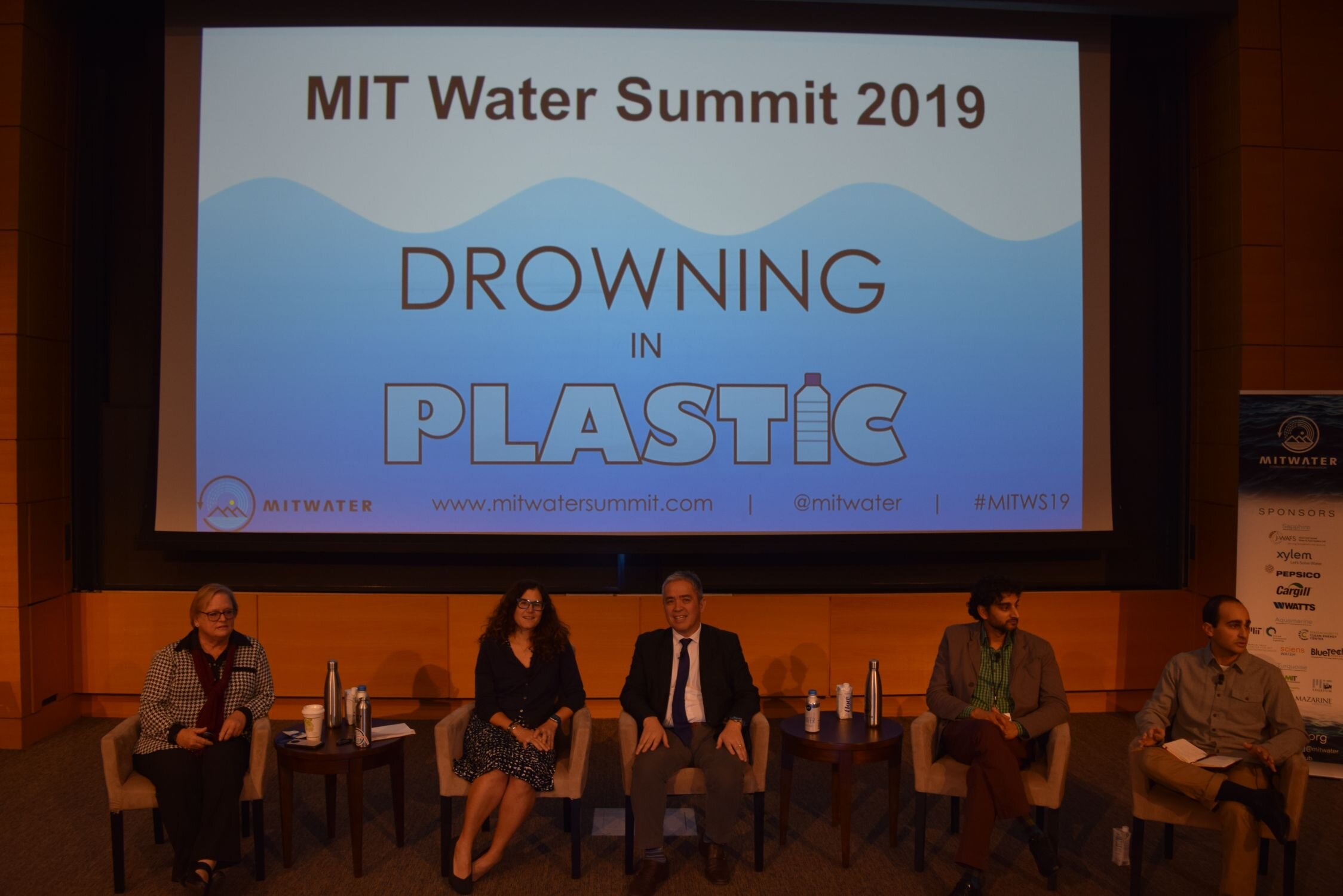
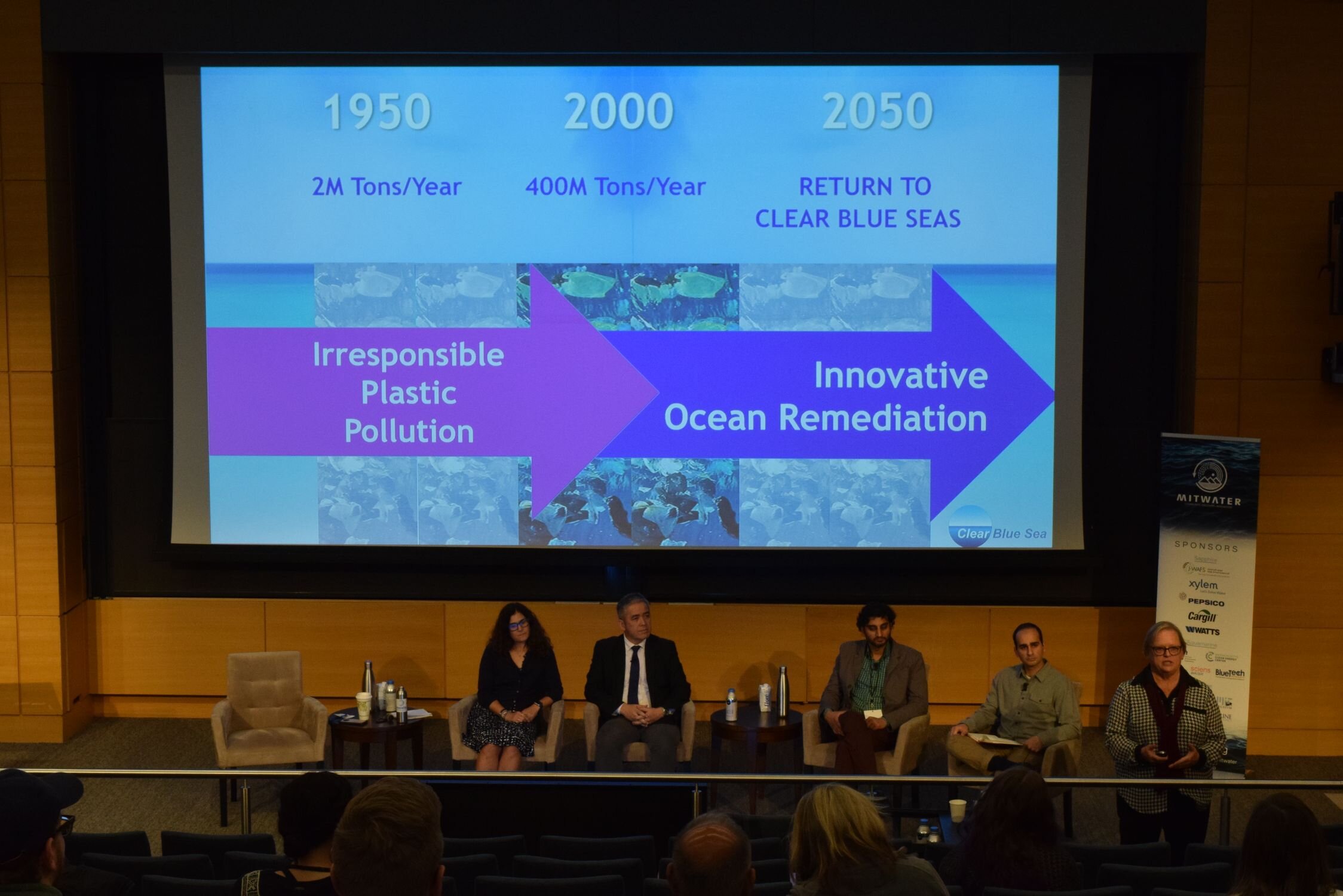
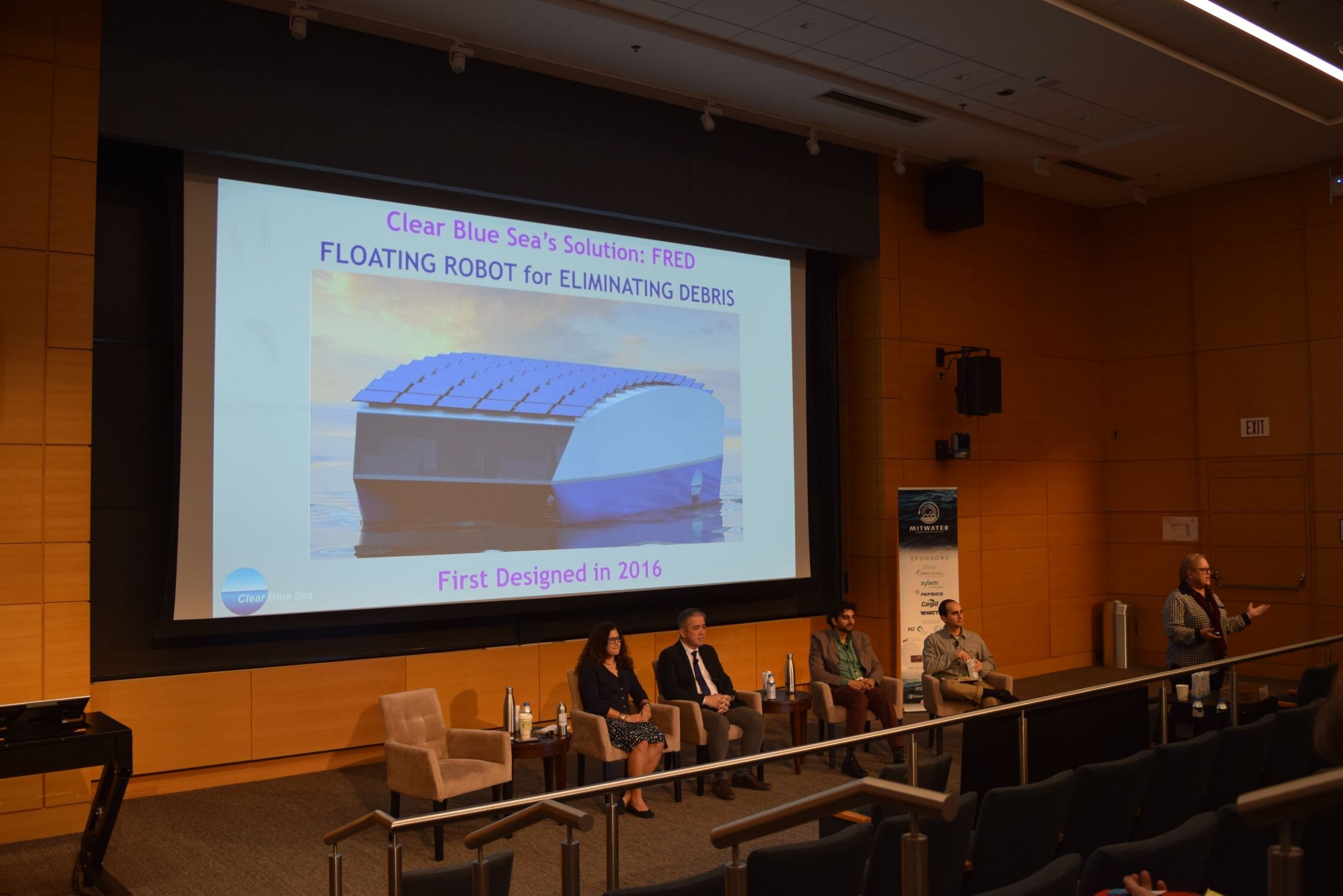
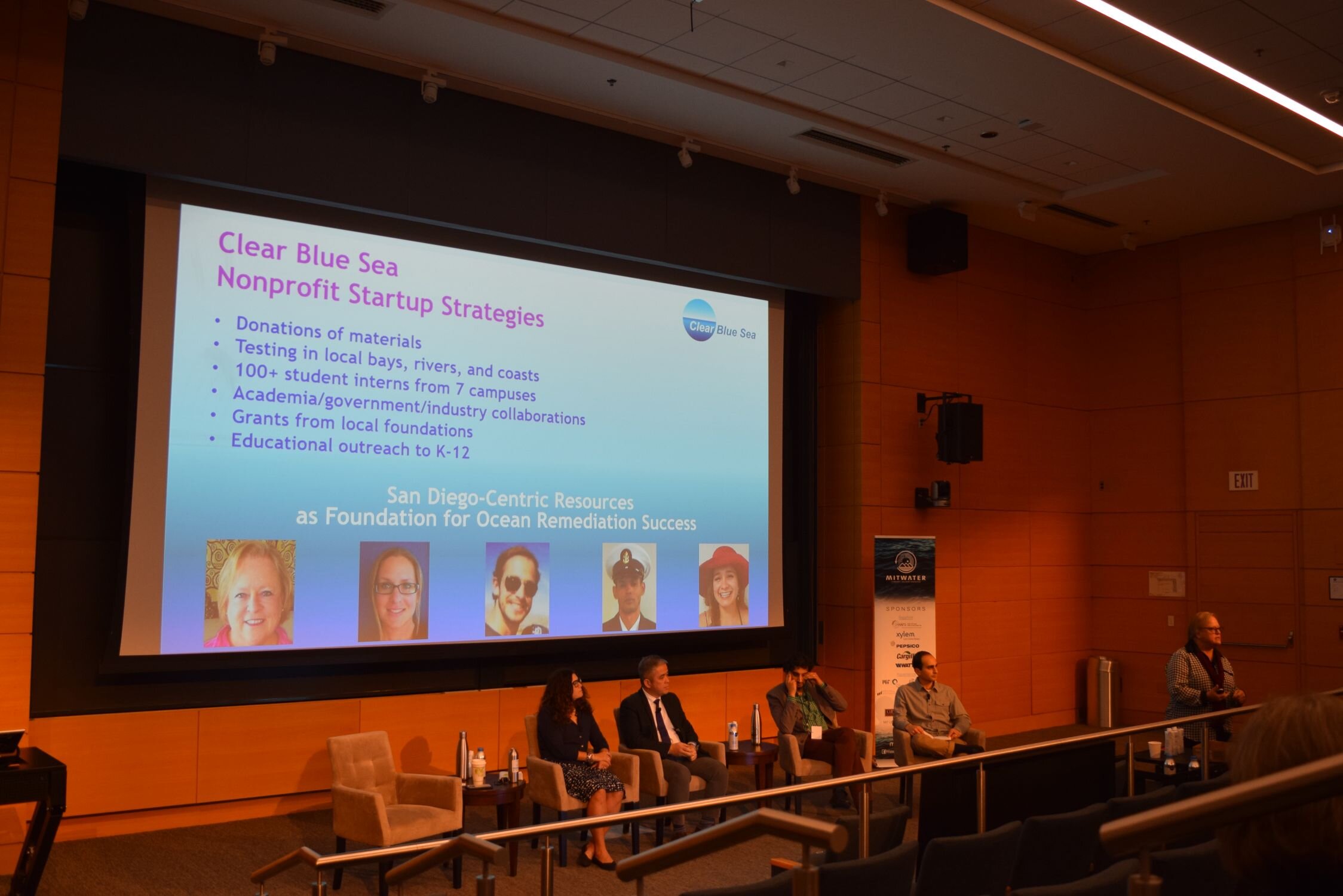
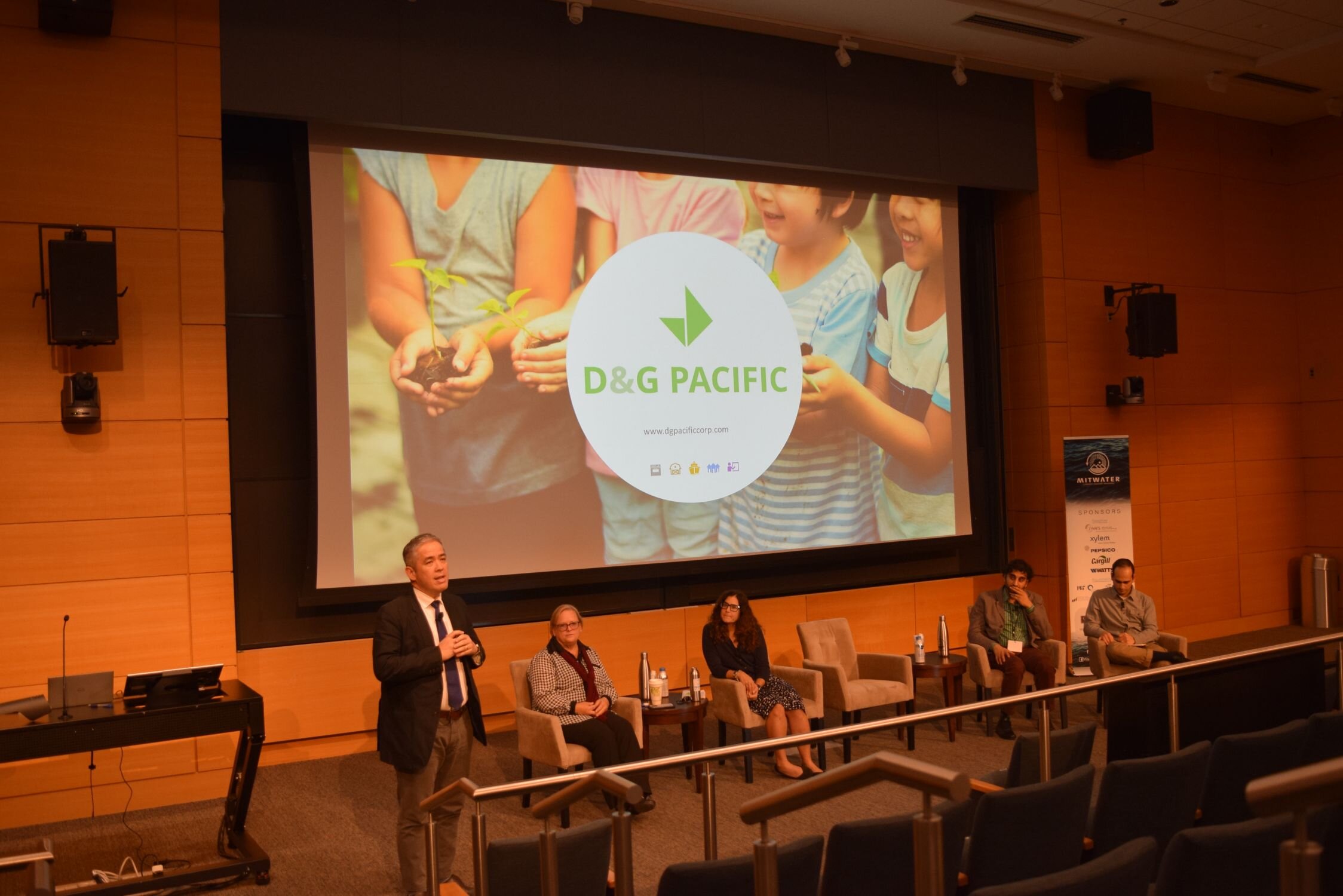
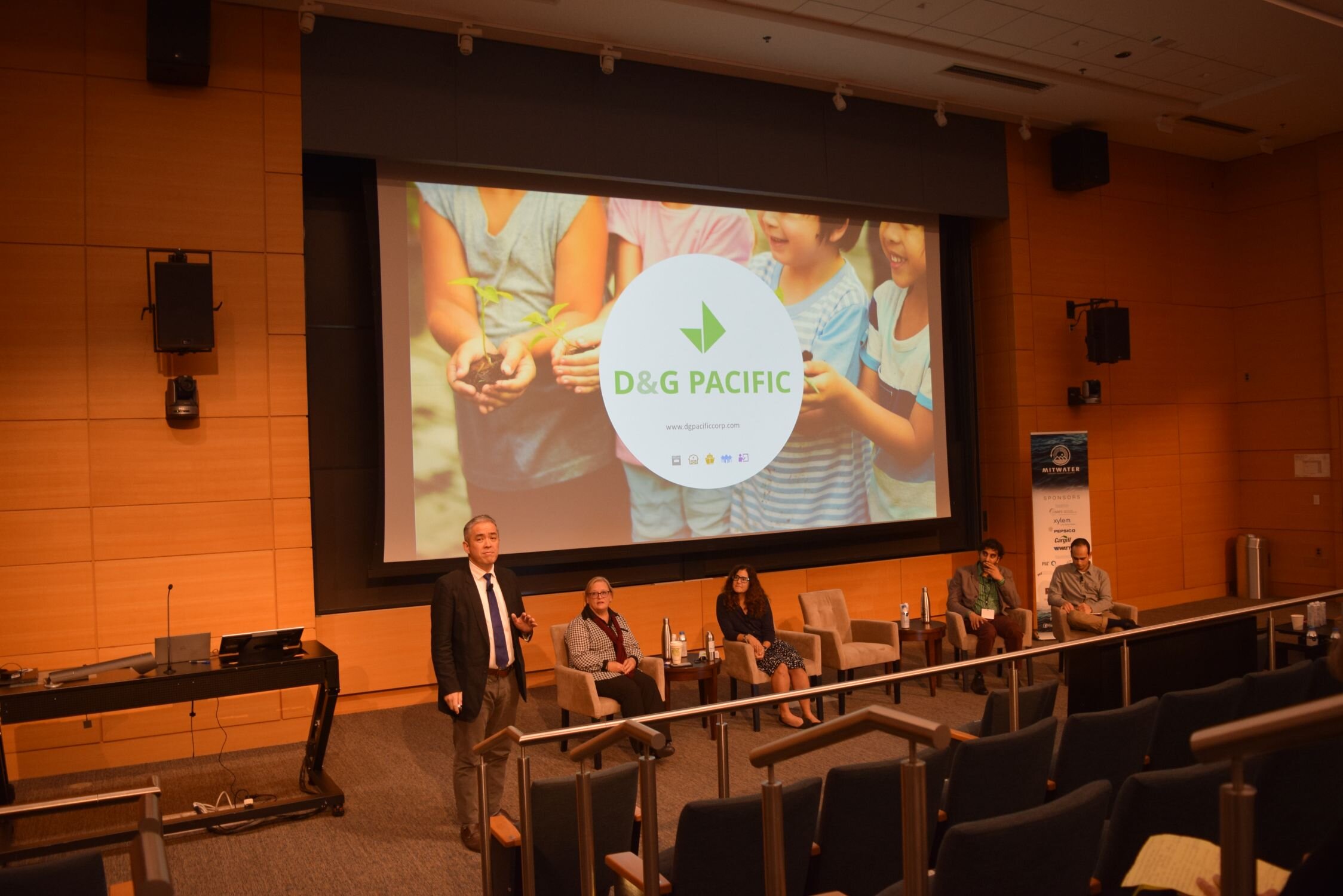
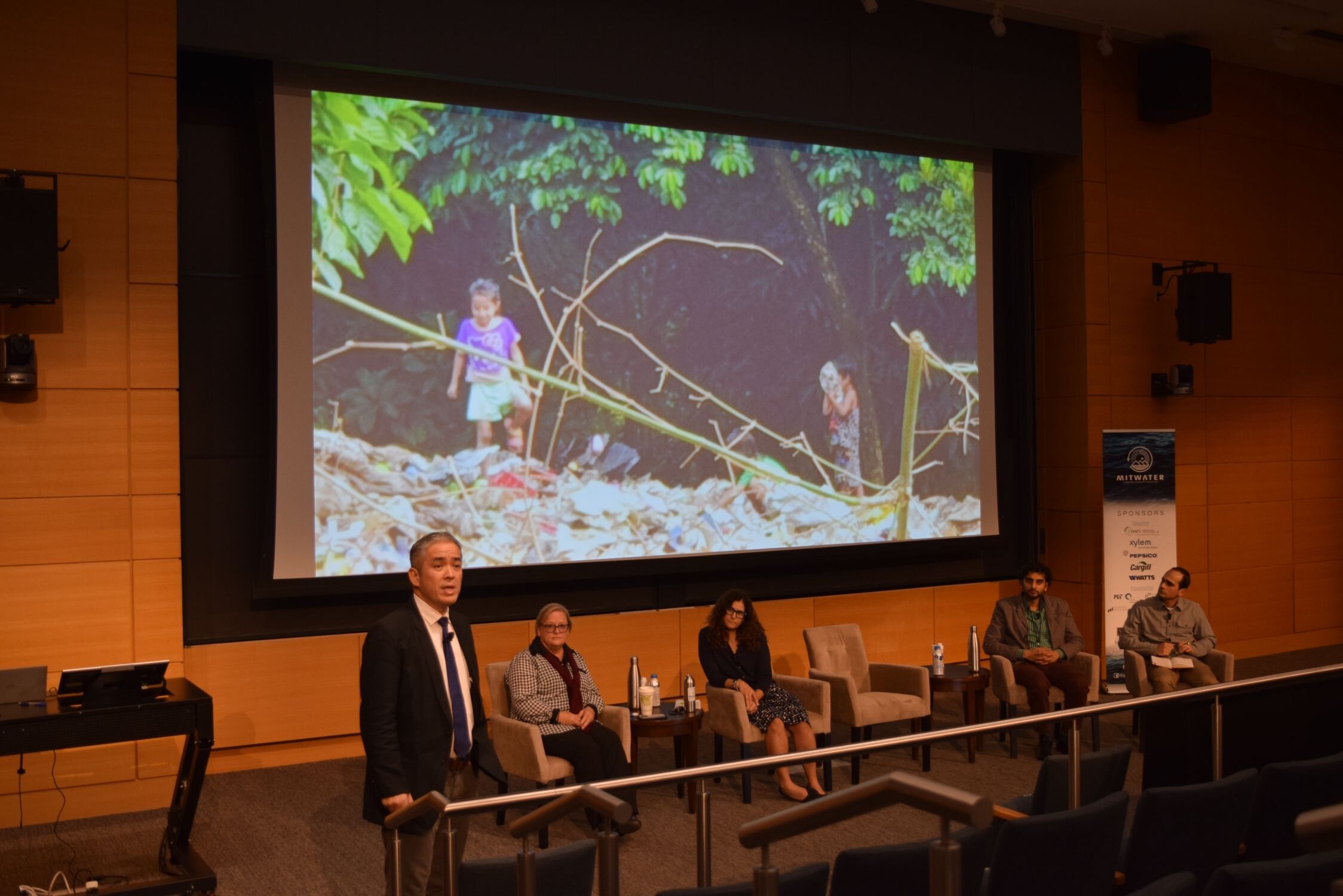
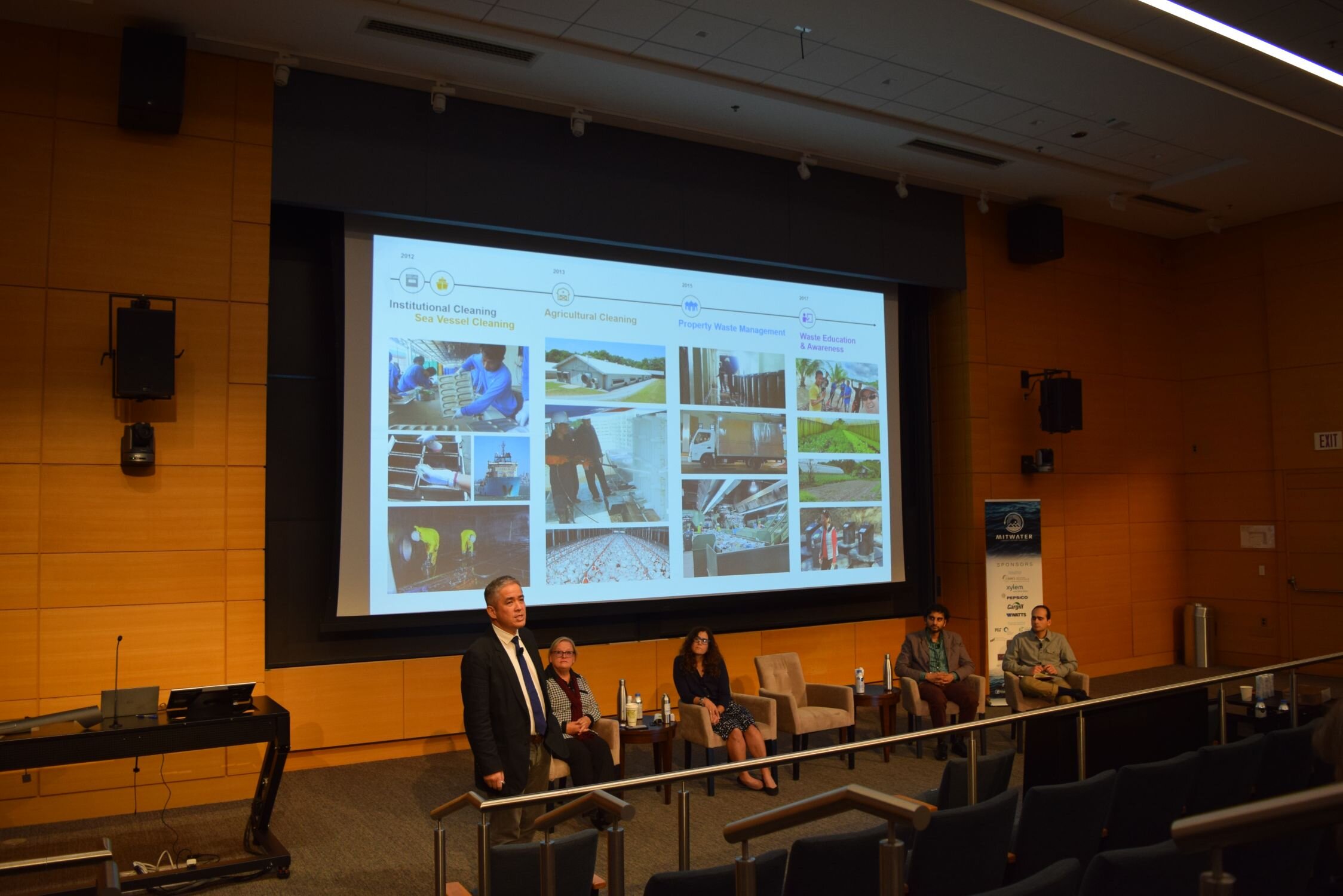
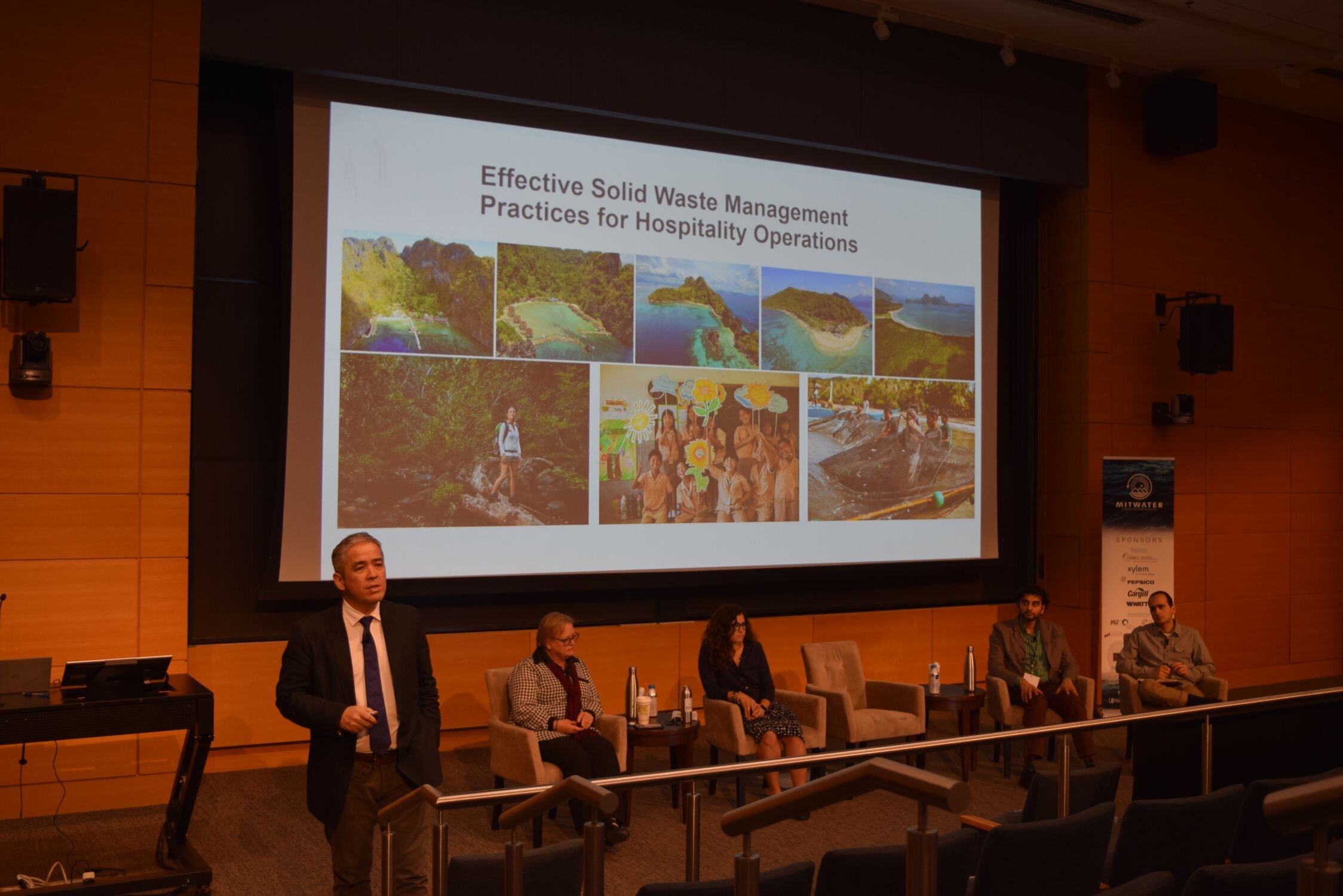
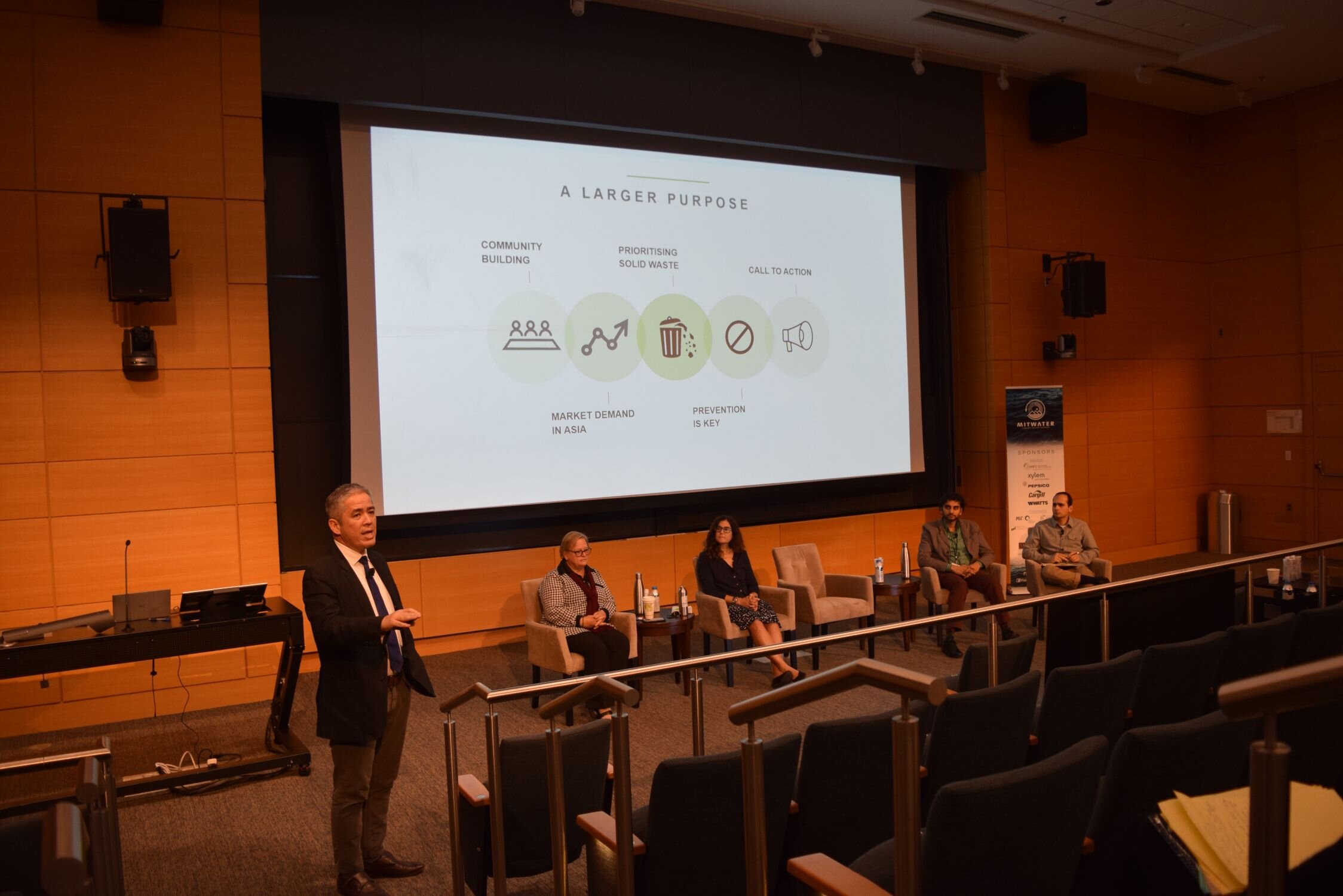
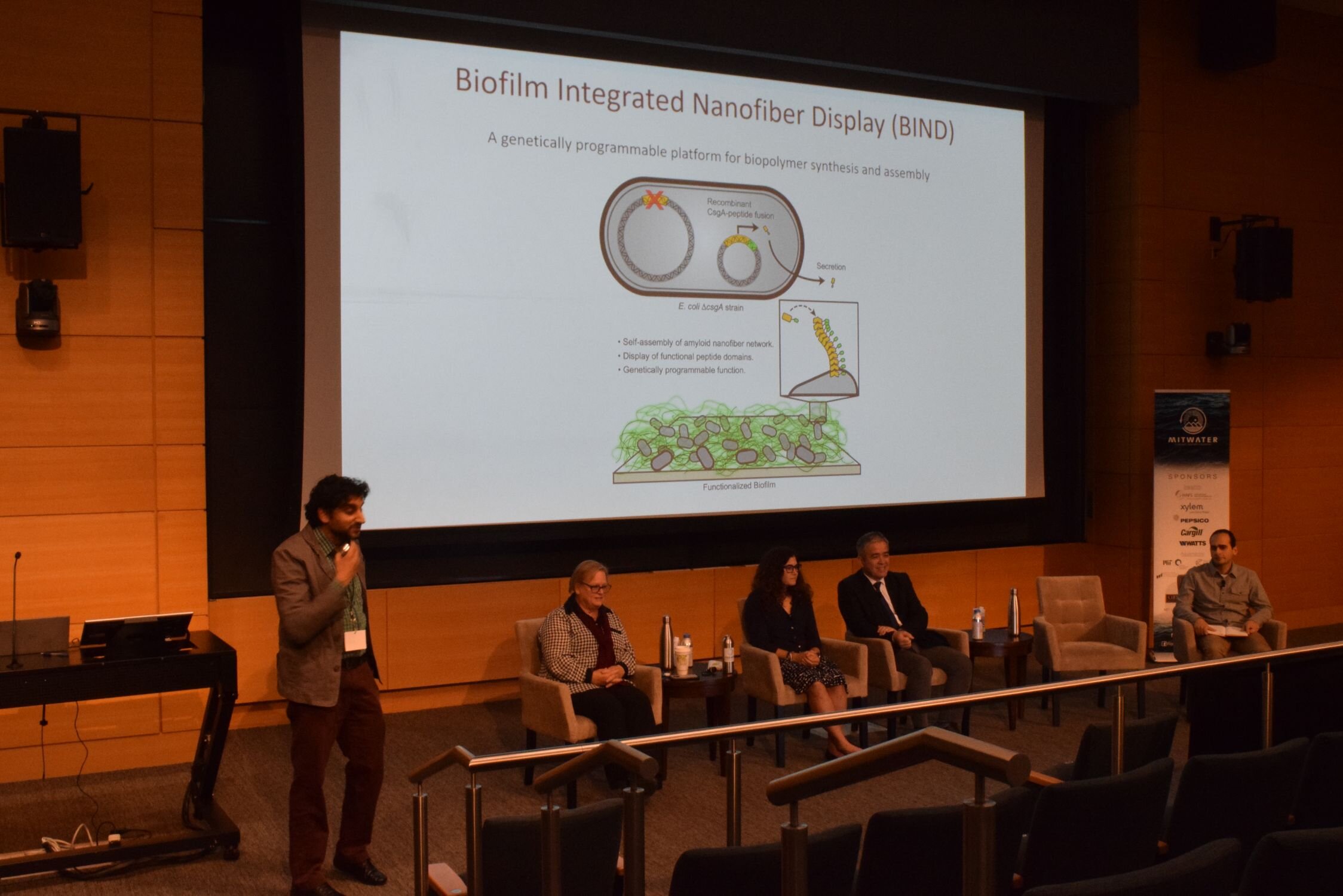
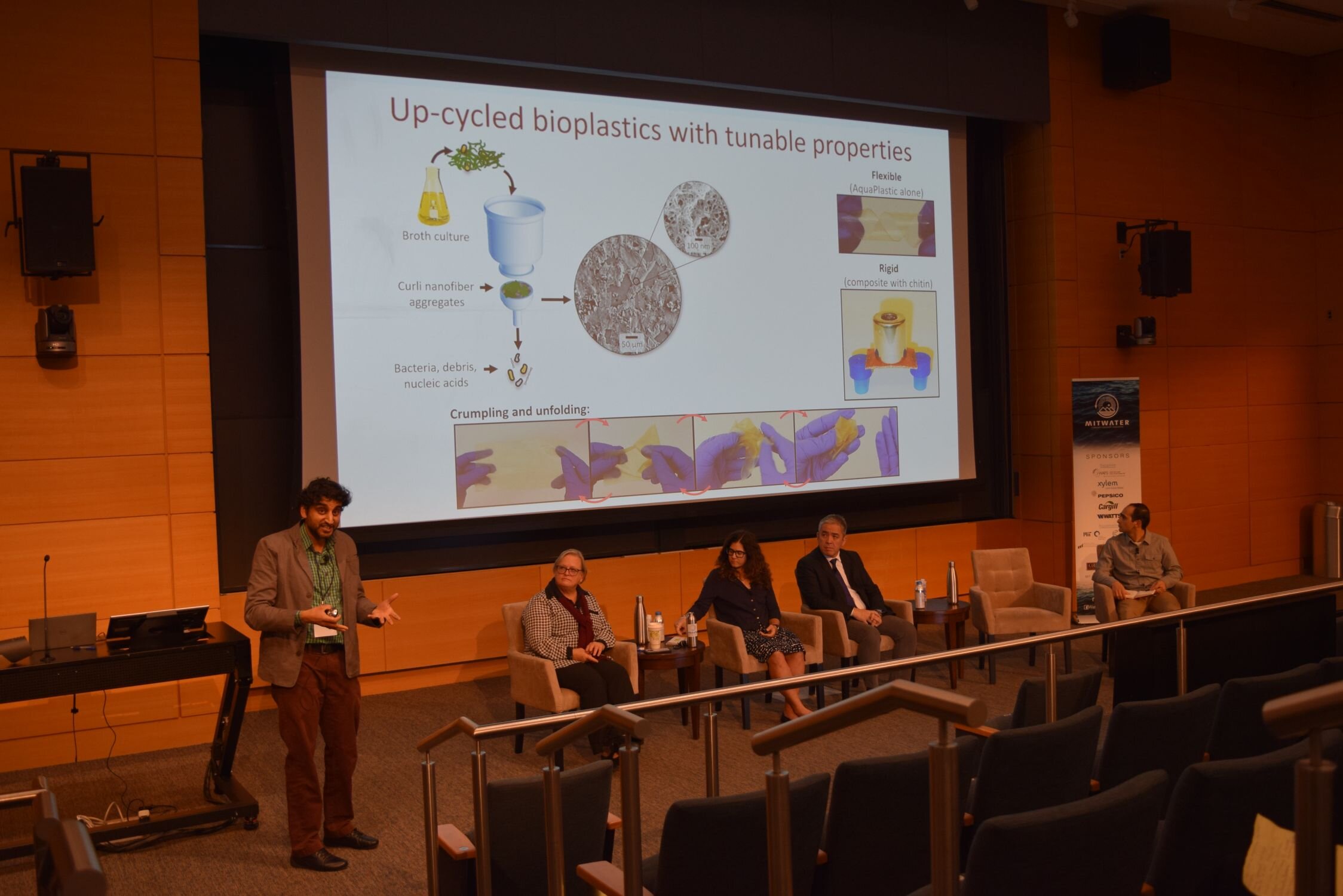
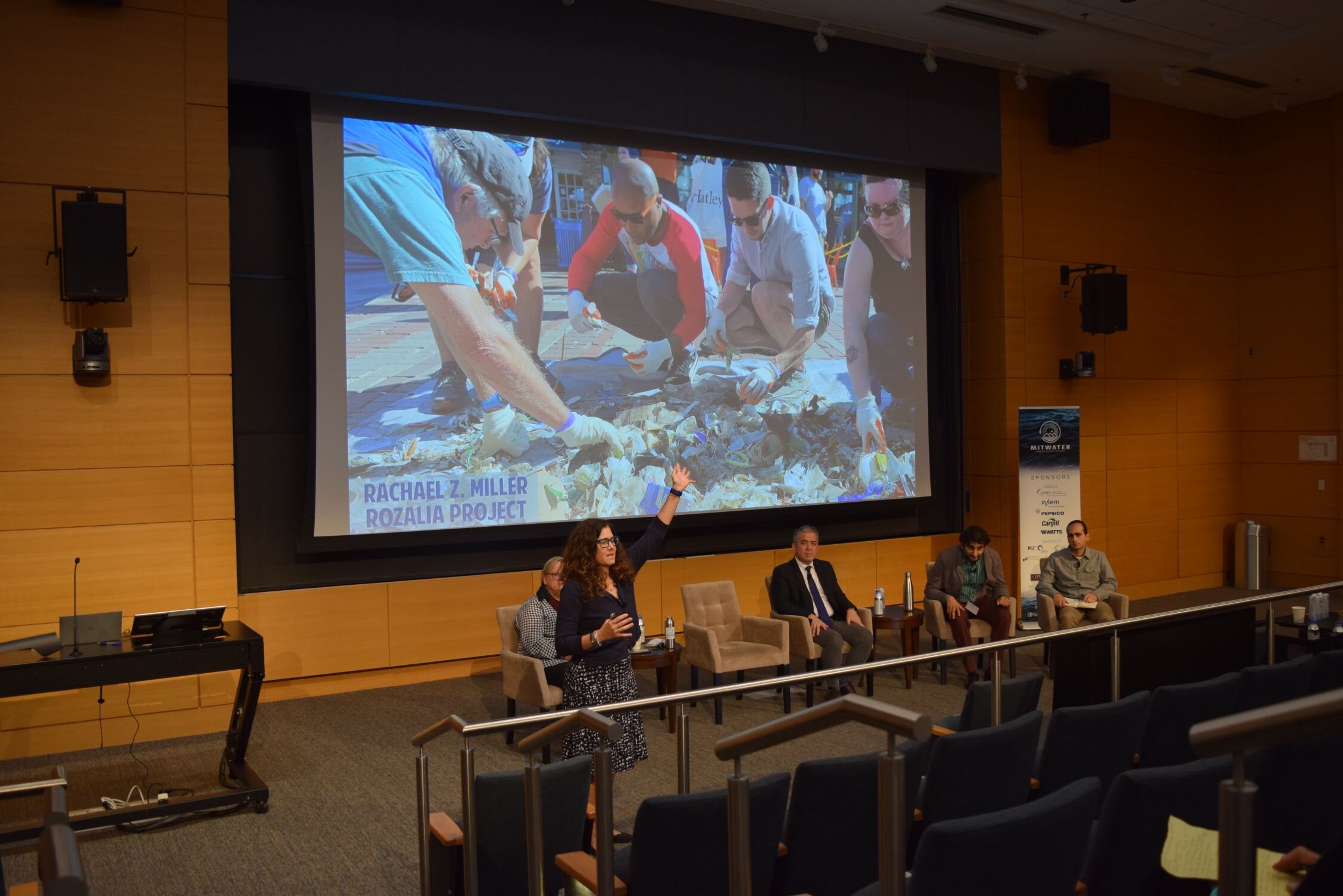
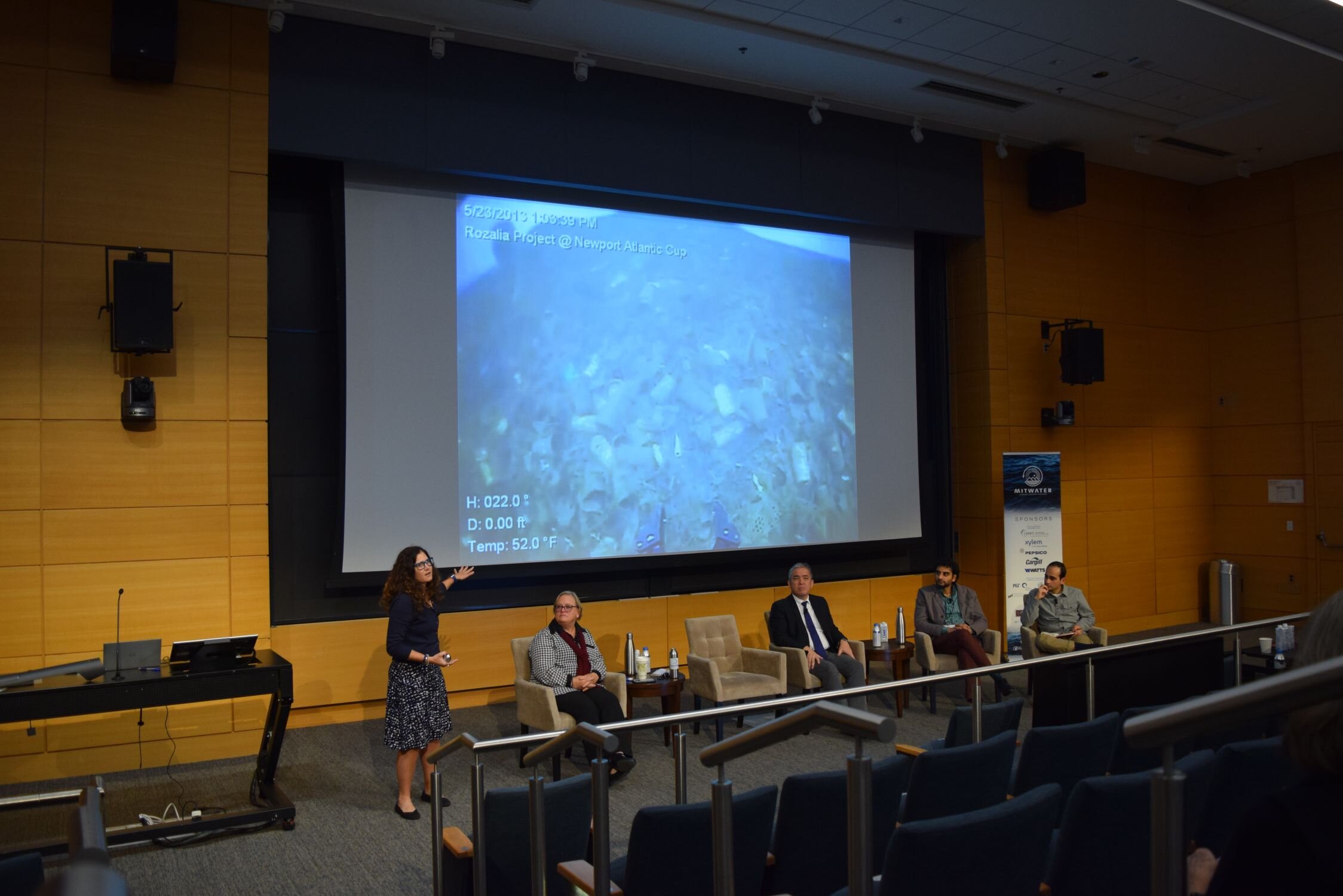
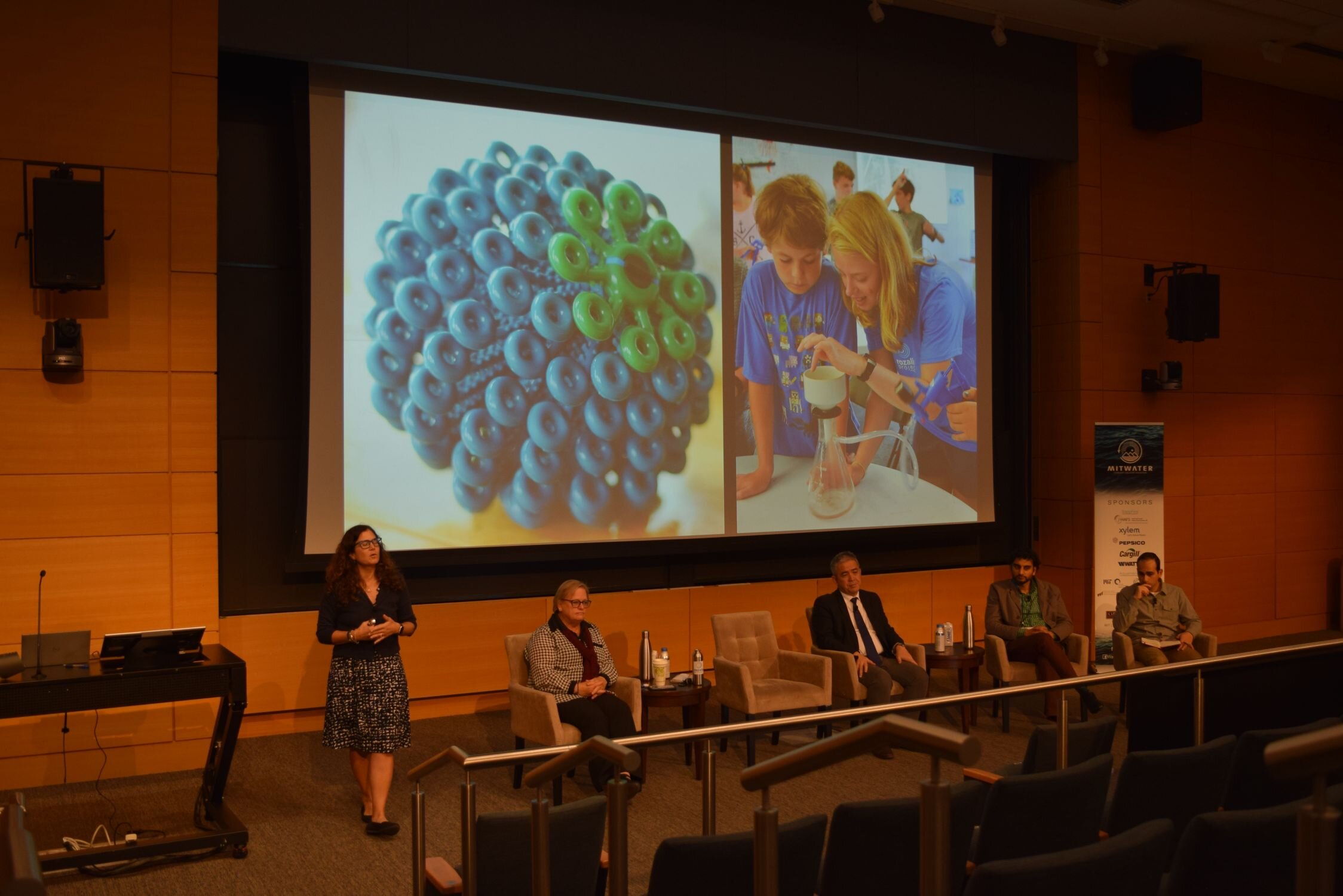
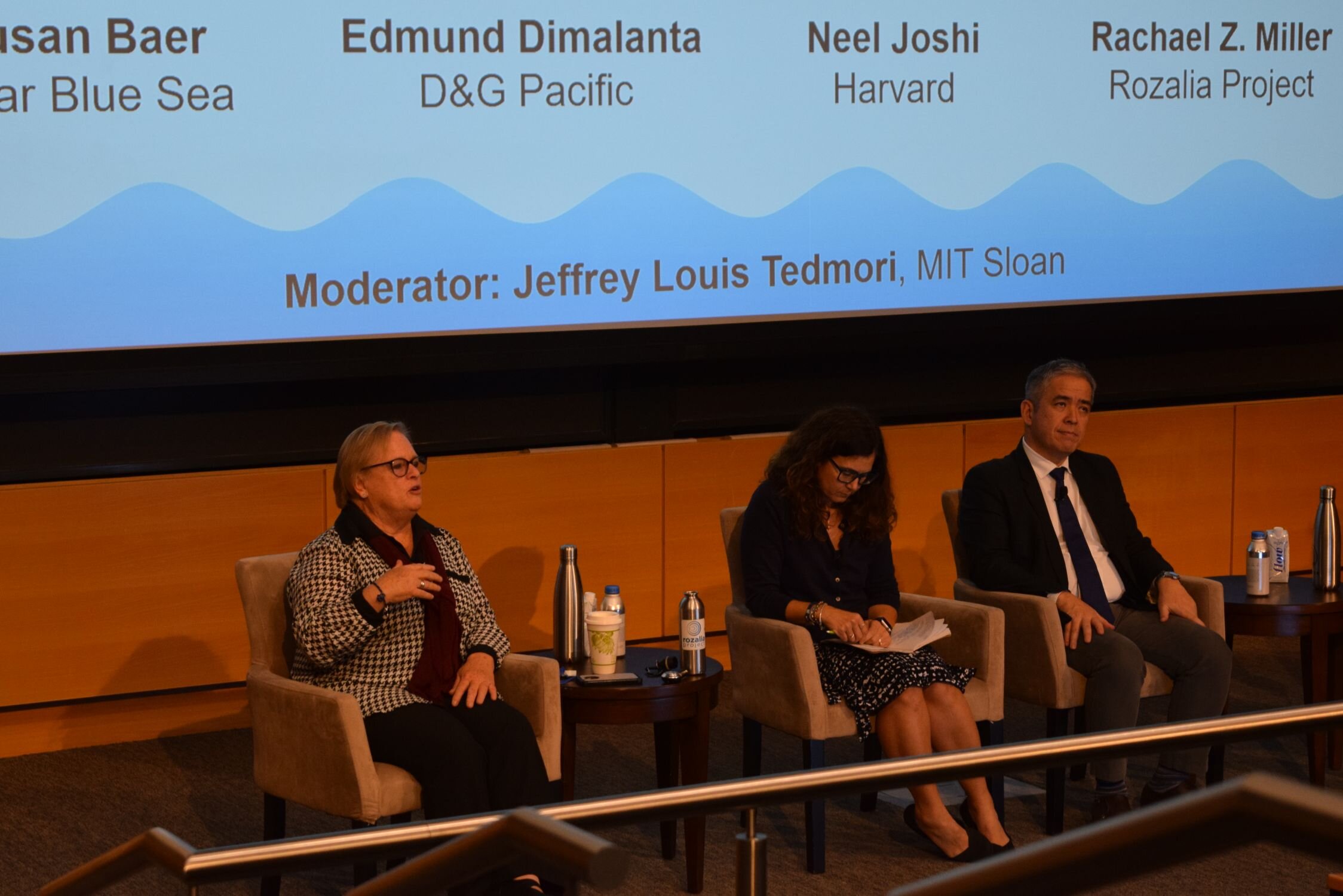
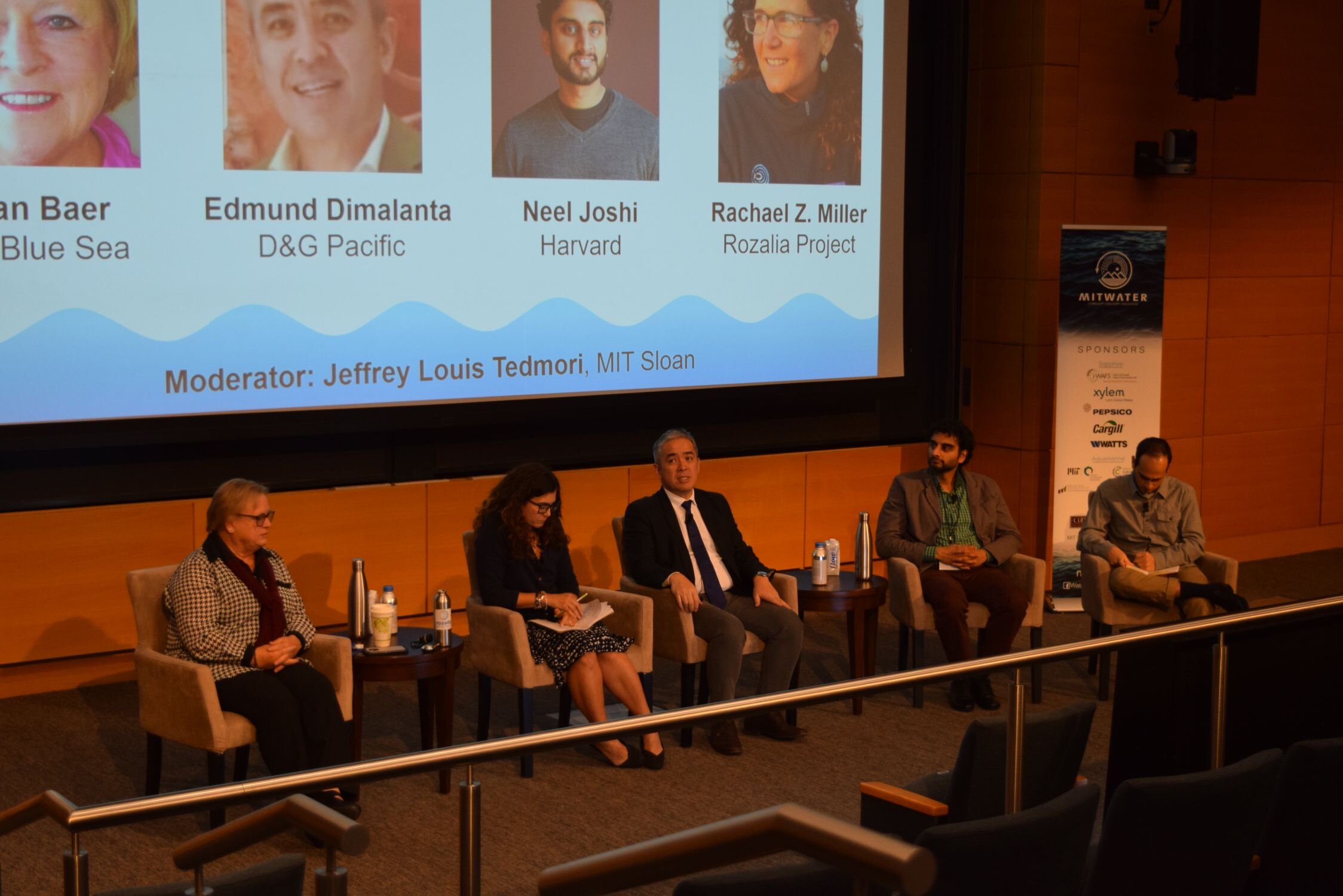
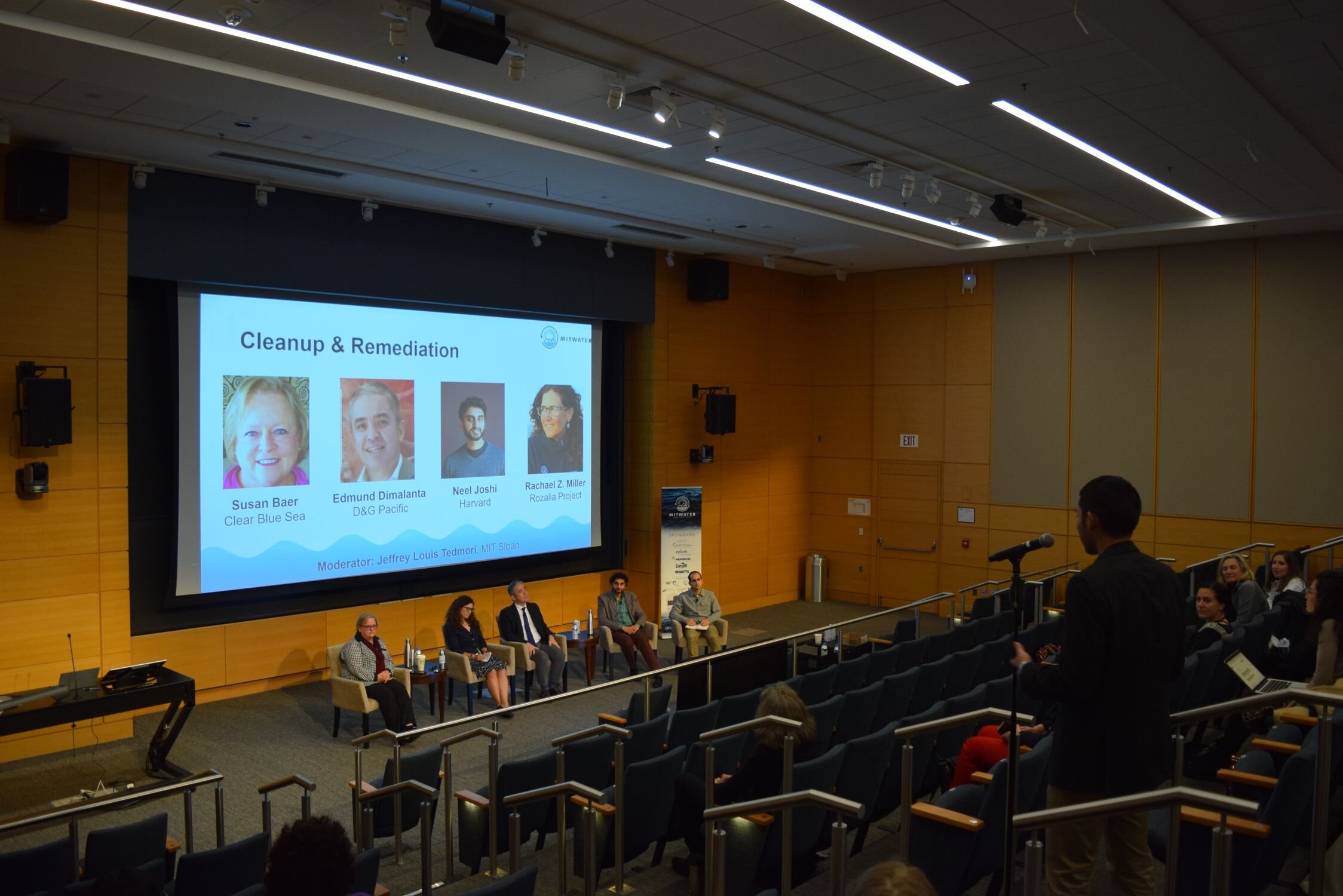
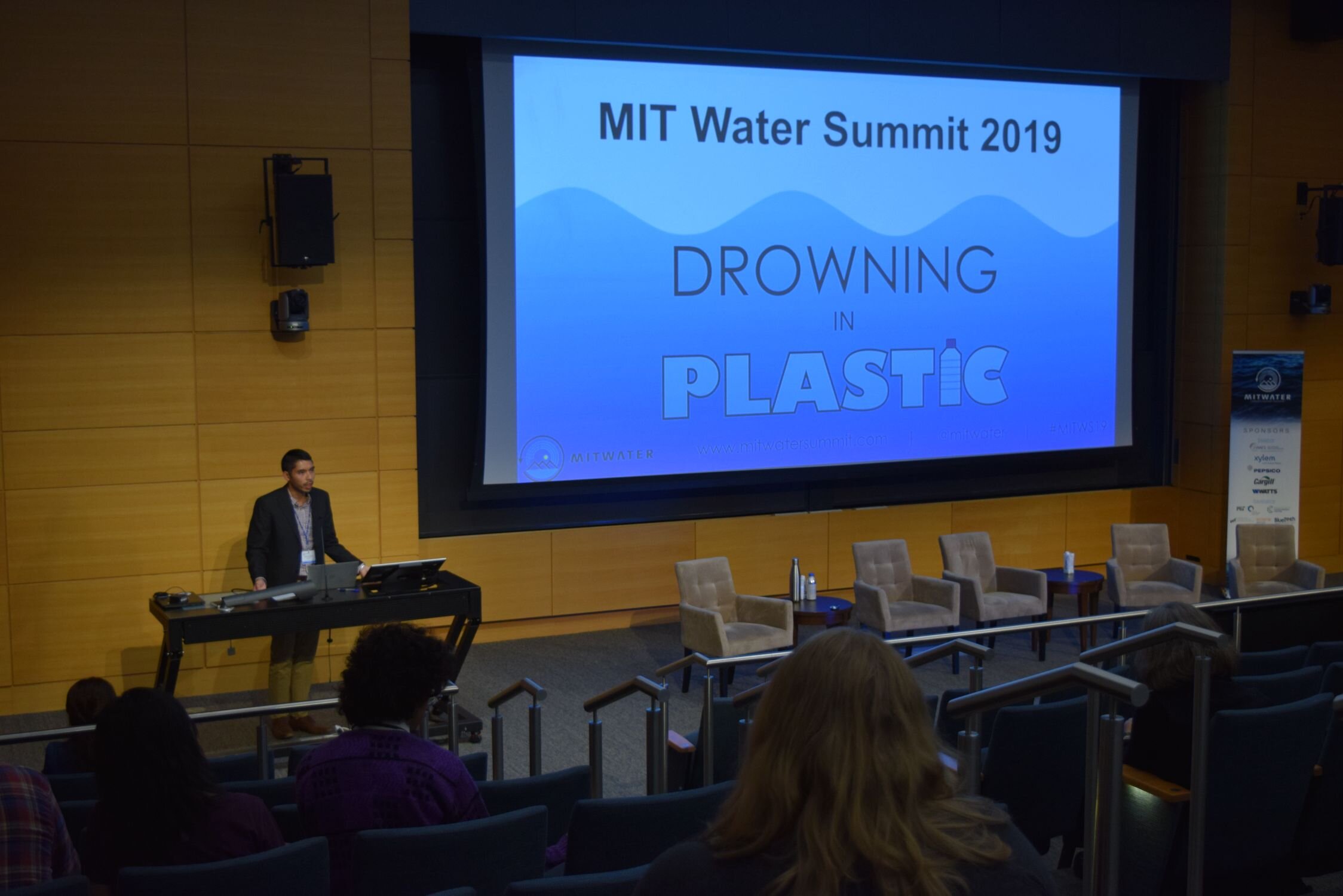
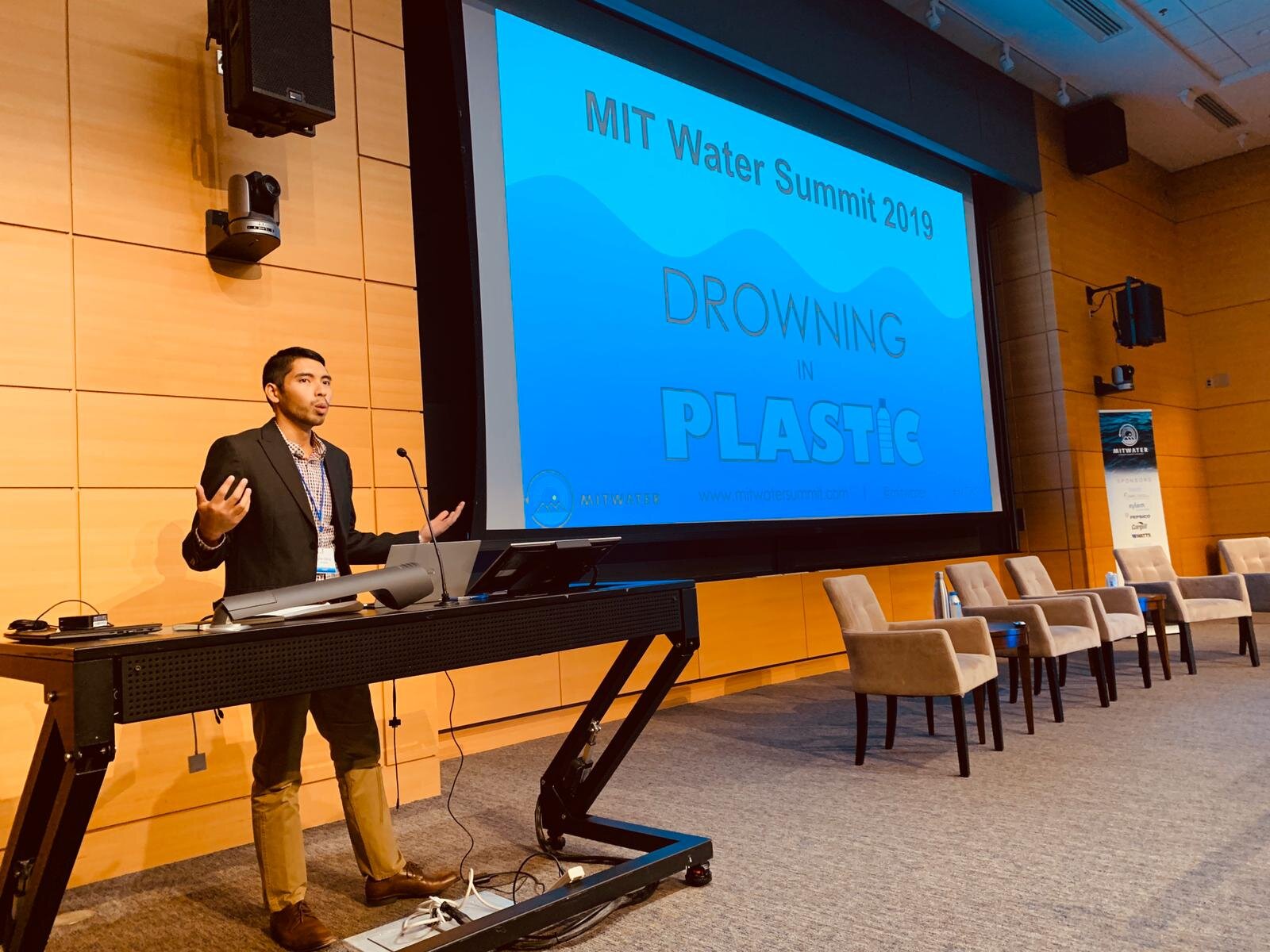
Interested in organizing next year’s summit?
Contact us: watersummit@mit.edu
Keynote Speakers
Seth M. Siegel
Author of Troubled Water, New York
Seth M. Siegel is a water activist and a New York Times bestselling author. His latest book, Troubled Water: What’s Wrong with What We Drink, addresses the widespread contamination of America’s drinking water, and what must be done to improve it. Seth is a leader and advocate for water scarcity and quality concerns, and he has spoken about water issues in more than 60 US cities. He has appeared in Congress, the United Nations, the World Bank, and many other venues.
Dianna Cohen
Co-Founder and CEO of Plastic Pollution Coalition
Dianna Cohen, CEO/Co-Founder of Plastic Pollution Coalition, advocates for a world free of plastic pollution. A Los Angeles-based visual artist, Dianna has exhibited and spoken at UN and international conferences/symposia and been interviewed by Al Jazeera, The Washington Post, New York Times, NBC and more. Plastic Pollution Coalition is a growing global alliance of nearly 1000 organizations, businesses, and notable thought leaders from 60 countries on six continents working toward a world free of plastic pollution.
Rachael Z. Miller
Founder of Rozalia Project for a Clean Ocean
Rachael Z. Miller is the Founder of the Rozalia Project for a Clean Ocean, the co-inventor/CEO of Cora Ball, and a National Geographic Explorer. Rozalia Project is a nonprofit whose mission is to clean and protect the ocean through cleanup, education, innovation, and solutions-based research. The Cora Ball is the world’s first microfiber-catching laundry ball and a tool to make an impact, raise awareness, and inspire innovation around the problem of microplastic and microfiber pollution worldwide. Rachael has been the Principal Investigator on several expeditions focused on microplastic pollution, the latest of which is to sample the air, water, and soil along the entire Hudson River. She holds a USCG 50-ton Master’s license and captains the 60’ sailing research vessel American Promise. Her academic background is in marine studies and underwater archaeology.
Presentations
Sharon Broome
Mayor of Baton Rouge, Co-chair of Mississippi River Cities & Towns Initiative
Mayor Broome is the first female Mayor-President of the City of Baton Rouge and East Baton Rouge Parish. She previously served as a Baton Rouge Metro City Council Member, a Louisiana State Representative and a Louisiana State Senator. Sharon Weston Broome is a firm believer in achieving progress through inclusion, innovation and information. Since taking office, Mayor Broome has placed a heavy focus on improving the quality of life for citizens while building resiliency through infrastructure improvements. She has focused on addressing transportation, drainage, public safety, education and economic development, and on revitalizing neighborhoods.
John Fernández
Professor, Director of MIT Environmental Solution Initiative
John Fernández has been on the faculty of MIT since 1999. He is the Director of the Urban Metabolism Group, a highly multidisciplinary research group focused on the resource intensity of cities and design and technology pathways for future urbanization. He is the author of two books, numerous articles in scientific and design journals, including Science, the Journal of Industrial Ecology, Building and Environment, Energy Policy and others, author of nine book chapters, and a frequently invited speaker at conferences and symposia worldwide.
Microplastics
What are microplastics, and where do they come from? In this panel, we will learn more about the challenges associated with studying and addressing them. While they may be small, their impact is huge.
Moderator: Dr. Boya Xiong, MIT Civil & Environmental Engineering
Ashok Deshpande
Research Chemist, NOAA Northeast Fisheries Science Center
Dr. Deshpande's research focuses on the application of chemistry principles to address baseline fisheries topics, including the characterization of microplastics polymers using pyrolysis-GCMS. Microplastics are a cause for concern as they can be ingested by aquatic organisms and potentially transferred to the higher predators. For more than 25 years, he has been working on assessments of persistent chemical contaminants in recreational and commercial fisheries resource species. He has examined the potential uses of intrinsic and naturally embedded tracer chemicals in the assessment of habitat ecology, migratory behaviors, and predator-prey interactions.
Susan Kane Driscoll
Senior Managing Scientist, Exponent
Susan Kane Driscoll is an aquatic toxicologist with over 30 years of experience in the application of risk assessment methods to evaluate the potential effects of environmental stressors. She specializes in exposure modeling and toxicity of contaminants, including persistent compounds such as polychlorinated biphenyls (PCBs). Dr. Driscoll has worked on projects related to oil spills, industrial releases, and injuries to aquatic and terrestrial resources, and was recognized in 2018 by the Society of Environmental Toxicology and Chemistry for a highly cited paper on marine microplastics.
Scott Gallager
Associate Scientist, Woods Hole Oceanographic Institution (WHOI)
Scott Gallager is a scientist in the Biology department at WHOI since 1979 and a visiting Professor at the Marine Biophysics Okinawa Institute of Science and Technology since 2015. His research focuses on the functional morphology and biophysics of locomotion and feeding in microplankton, meroplankton, holoplankton, and ichthyoplankton. His group deployed OceanCubes observatories off Motobu Point, Okinawa (Japan), Oshima Island (Japan), and on the Pacific coast of the Panamanian Isthmus, with the goal of providing affordable, long-term, and high-frequency observations in coastal and fresh waters. Habitat suitability modeling allows viewing and quantifying how organisms are distributed in reference to their physical and geochemical environment.
Louis Kratchman
Senior Member of the Technical Staff, Draper Laboratory
Lou Kratchman leads the engineering team that is developing a microplastics sensor for real-time, field operation. His previous work at Draper focused on the design of sensing systems spanning optical, microfluidic, and electronic domains, and on the hardening of such systems for reliable operation in extreme environments.
Health & ecological impacts
Plastic has had a significant impact on our environment. Here, we discuss the many ways that plastics in our water are affecting both human and ecological health.
Moderator: Richard E. Hyman, Future Frogmen
Demi Fox
Northeast Regional Coordinator, NOAA Marine Debris Program
Demi Fox joined NOAA in January 2018 to coordinate Marine Debris Program activities in Maine, New Hampshire, Massachusetts, Connecticut, and Rhode Island. She works with partners to assess existing and emerging issues, implement prevention projects, plan removal efforts, and foster collaboration across the region. Demi received her BS in Biological Science from Florida State University and Master of Environmental Management degree in Coastal Environmental Management from Duke University’s Nicholas School of the Environment.
John Scott
Senior Chemist, University of Illinois-Illinois Sustainable Technology Center
John Scott has been at the Illinois Sustainable Technology Center (ISTC) since 2001 and is a senior analytical chemist in the Applied Research on Industrial and Environmental Systems (ARIES) group at ISTC. His current research interests include emerging contaminants in the environment (including microplastics), utilization of waste biomass, and natural products. John has ten years of experience preparing and analyzing samples for inorganic and organic analysis.
Karen Simpson
Environmental Scientist, U.S. Environmental Protection Agency
Karen Simpson is the regional Trash Free Waters Coordinator and the coordinator for the Southeast New England Program for Coastal Watershed Restoration at EPA New England. For the past 10 years she has worked in the Non-point Source and Watersheds Unit where she and her colleagues provide grants and technical assistance to eligible organizations that work on nonpoint source pollution issues in aquatic environments throughout the New England region.
The plastic life cycle
Follow the path of plastic from the production phase to its eventual terminal stage, discussing how plastic and water impact each other through the production, use, transport, disposal, and recycling of plastics.
Moderator: Dr. Lauren Somers, MIT Civil & Environmental Engineering
Michel Berthiaume
Co-Founder and Former Chairman of Oceans United
Michel Berthiaume has over 30 years of experience in assisting and financing numerous startups, mentoring a number of entrepreneurs and corporations, and co-founding Oceans United Nonprofit organization. He developed and refined a Plastic to Fuel-Hybrid Hydrothermal Liquefaction system, capable of processing up to 50 tons a day and generating 45,300 liters of sulfur-free diesel fuel from waste and contaminated plastics. He was awarded the Order of Canada, Diamond Jubilee Medal 2012.
Glenn Flierl
Professor of Oceanography, MIT
Glenn Flierl is an oceanographer concerned with the theory of geophysical vortices and jets. His interests include modeling the physics, chemistry and biology of strongly nonlinear ocean eddies and meandering jets, such as the Gulf Stream, which meander around their average paths with wave-like features having many different scales and periods, with resulting nonlinearities playing a significant role in the dynamics.
Chris Reddy
Senior Scientist, Woods Hole Oceanographic Institution (WHOI)
Chris Reddy studies how nature responds to uninvited guests to the environment, whether from oil spills, plastics, soot, or pesticides. He is committed to communicating how science works to the lay public, media, and policy makers. Chris has published an estimated 200 peer-reviewed articles and book chapters and provided oral testimony to the US Congress five times, and holds eight US patents.
David Sanchez
Assistant Professor of Environmental Engineering, University of Pittsburgh
Assistant Director of Mascaro Center for Sustainable Innovation
David Sanchez oversees research for the Sustainable Design Labs, where they look to improve systems on a regional/national scale. Current projects include creating predictive water quality/quantity models for the US, creating water quality profiles for vertical agriculture/ recirculating aquaculture systems, designing and deploying real-time water quality sensors, and improving biofilm-anode interactions for bio-electrochemical systems.
Market opportunities
This panel explores the potential market with regard to plastic and water, from plastic alternatives to the recycling and re-use of plastic for new products to promote a circular economy. We will discuss the ways that businesses can be both economically and environmentally sustainable.
Moderator: Alex Loucopoulos, Sciens Capital
Jess Page
Co-Founder and Chief Brand Officer, Open Water
Jess Page is from sustainable bottled water company Open Water, the company started with the mission to fight ocean plastic pollution. Launched in 2014, Open Water is now one of the fastest growing bottled water brands in the country. The brand has been able to stand out in a crowded industry by turning away from plastic bottles and shining a light on the sustainability benefits of aluminum packaging.
John Robinson
Partner, Mazarine Ventures
John Robinson is an investor in early-stage hardware and software innovations that address water/wastewater challenges. Through his firm Mazarine Ventures, John is pursuing investment opportunities that leverage data science, chemistry, material science, and microbiology. Prior to founding Mazarine, John was a consultant in water/wastewater for 10 years, and lived in China for seven years.
Joseph P. Vesey
Senior Vice President & Chief Marketing Officer, Xylem Inc.
Joe Vesey was named SVP and Chief Marketing Officer of Xylem in January 2015, leading its marketing function, including vertical marketing, commercial IT, global public affairs, branding, communications, digital marketing and commercial excellence. He chairs the Xylem Watermark Committee, its corporate citizenship and social investment program, and co-chairs its Diversity & Inclusion committee. At Xylem, he has been Director, Strategy & Business Development; Director, Commercial Excellence; Chief Marketing Officer, including leading Americas Commercial Team with responsibility for Xylem’s Treatment and Transport businesses, North and South America and Australia. Prior to these, Mr. Vesey worked at General Electric for ten years, including Vice President, Access GE; Global Product Manager of GE Water and of Lexan Sheet, and Industry Leader and Regional Sales Leader, GE Plastics. He earned his BS degree in chemical engineering from Lehigh University and MBA from Boston University.
Policy of plastics
What is government’s role in regulating plastic pollution? In this panel, we explore both successes and challenges in the development of policy to promote sustainable water and plastic practices.
Moderator: Cherry Gao, MIT Bioengineering
Dianna Cohen
Co-Founder and CEO, Plastic Pollution Coalition
Dianna Cohen advocates for a world free of plastic pollution. A Los Angeles based visual artist, Dianna has exhibited and spoken at UN and international conferences/symposia and been interviewed by Al Jazeera, The Washington Post, New York Times, NBC and more. Plastic Pollution Coalition is a growing global alliance of nearly 1000 organizations, businesses, and notable thought leaders from 60 countries on six continents working toward a world free of plastic pollution.
Terrence Gray
Deputy Director for Environmental Protection, Rhode Island Department of Environmental Management
Terrence Gray oversees all the major environmental regulatory programs in DEM, including the Offices of Air Resources, Water Resources, Waste Management, Emergency Response, Compliance and Inspection, and Technical & Customer Assistance and directs the implementation of the regulatory compliance, technical assistance, and enforcement programs. Terry has been with DEM for over thirty-two years.
Hauke L. Kite-Powell
Research Specialist, WHOI Marine Policy Center
Dr. Kite-Powell is a Research Specialist at WHOI Marine Policy Center, with degrees in naval architecture (BS), technology and policy (MS) and ocean systems management (MS, PhD) from MIT. He also holds appointments as a lecturer at the Massachusetts Maritime Academy, and as a senior analyst with Marsoft Inc. Dr. Kite-Powell’s research focuses on public and private sector management issues for marine resources and the economic activities that depend on them. Current and recent research projects include: costs and benefits from improved ocean observing activities; approaches to economic valuation of marine resources; policy issues surrounding the use of ocean “space” for non-traditional activities, such as aquaculture and wind power; economics and management of marine aquaculture operations; and economic dimensions of climate change effects on marine ecosystems, shoreline change, and the carbon cycle.
Isaias Medina III
President, We Care 2030
Isaias Medina III is an international lawyer with a wide range of experiences. He received an MPA/MLD from Harvard University as an Edward Mason Fellow. He was a former diplomat at the UN Security Council, an environmental and humanitarian activist, a counter-terrorism expert, a high impact consultant in sustainability, media strategy, blockchain technology and alternative energy. His honors include memberships in the International Bar Association (IBA), London, Latin American International Law Society (SLADI), the American Society of International Law (ASIL), the Interamerican Bar Association and the Academic Council on the UN System.
Cleanup & remediation
From plastic waste generation at the source, clean-up in the environment, to repurposing the plastic into new materials, we will explore the different innovations at different stages of the plastic life cycle and how we can create value from plastic remediation.
Moderator: Jeffrey Louis Tedmori, MIT Sloan School of Management
Susan Baer
Executive Director, Clear Blue Sea
Susie Baer is the Executive Director of Clear Blue Sea, a startup nonprofit with a mission to cleanse the oceans of plastic pollution. She is leveraging her experiences as an SAIC VP of Program Management, NASA Program Manager, and San Diego State University (SDSU) Lecturer in Creativity and Innovation to manage the development of Clear Blue Sea's Floating Robot for Eliminating Debris (FRED). FRED is an unmanned, solar-powered, semi- autonomous marine robot designed to collect plastic and debris in bays, rivers, and the massive garbage patches in the ocean gyres.
Edmund Dimalanta
Founder and CEO, D & G Pacific
Edmund is passionate about pioneering and developing businesses in Asia. As a father and a member of a large community, he sees the urge of changing the direction of waste management in the Philippines. He has dedicated his time to finding and providing more environmentally friendly and sustainable solutions to solve the growing waste management challenges in the country. Edmund graduated from the University of the Philippines with a BS degree in Tourism. He has a successful track record of 10 years in the corporate environment and 15 years of entrepreneurial experience in business development.
Neel Joshi
Associate Professor, Wyss Institute, Harvard University
Neel Joshi is an Associate Professor of Biological Engineering at the Harvard School of Engineering and Applied Sciences and also a Core Faculty member at the Wyss Institute for Biologically Inspired Engineering. He completed his PhD at UC Berkeley in the lab of Matt Francis and a postdoc at Boston University in the lab of Mark Grinstaff, before starting his independent academic career at Harvard University. Neel moved to Northeastern University in January 2020. He is broadly interested in topics related to biologically inspired materials, protein engineering, self-assembly, and biointerfaces. His group works at the intersection of biomaterials science and synthetic biology. Recent projects in the group have focused on repurposing bacterial biofilms and their matrix proteins for biotechnological and biomedical applications.
Rachael Miller
Founder, Rozalia Project for a Clean Ocean
Rachael Miller is the Founder of the Rozalia Project, the co-inventor/CEO of Coral Ball, and a National Geographic Explorer. Rozalia Project is a nonprofit whose mission is to clean and protect the ocean through cleanup, education, innovation, and solutions-based research. The Cora Ball is the world’s first microfiber-catching laundry ball and a tool to inspire innovation around the problem of microplastic pollution worldwide. Rachael has been the Principal Investigator on several expeditions on microplastic pollution, the latest to sample the air, water, and soil along the entire Hudson River. She holds a USCG 50 ton Master’s license and captains the 60’ sailing research vessel, American Promise. Her academic background is in marine studies and underwater archaeology.
Directions
The Summit will be held on MIT campus in Wong Auditorium: 2 Amherst St., Cambridge, MA 02142.
Due to ongoing construction, parking around MIT is limited so we strongly encourage you to take public transportation or use a taxi/ride-sharing service. Wong Auditorium is a 3 minute walk from the Kendall/MIT Station on the Red Line. By bus, the #1 or Dudley/Harvard Station bus stops at MIT on Massachusetts Avenue, where Wong Auditorium is a 15 minute walk through campus. There is bicycle parking in front of and across the street from Wong Auditorium.


























